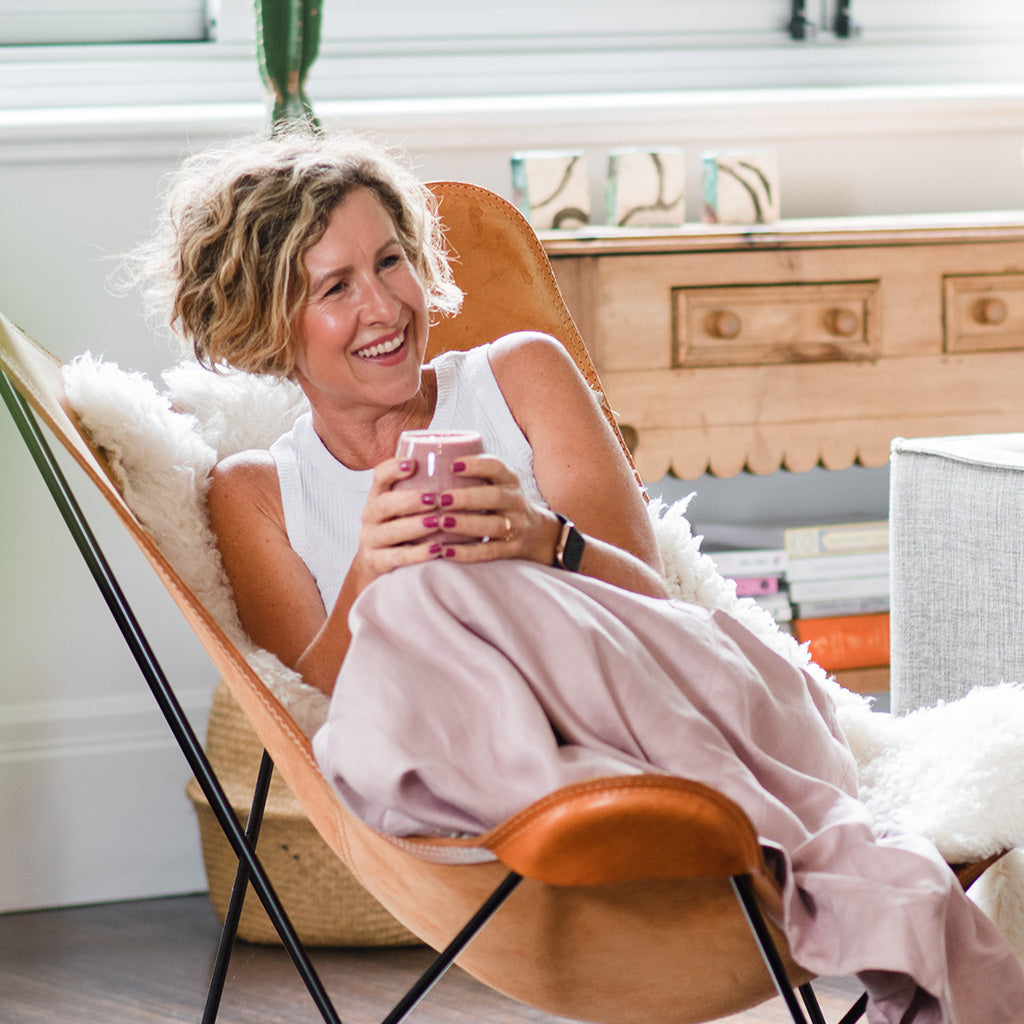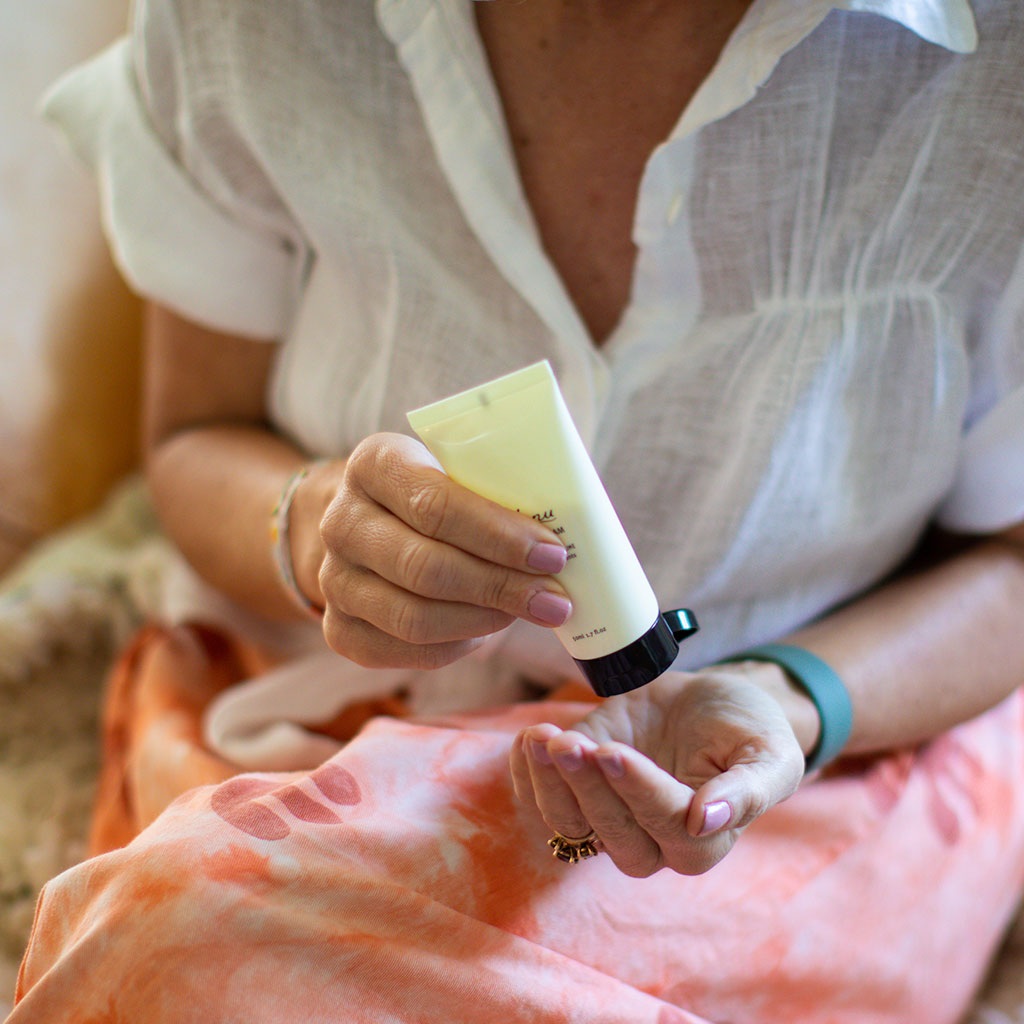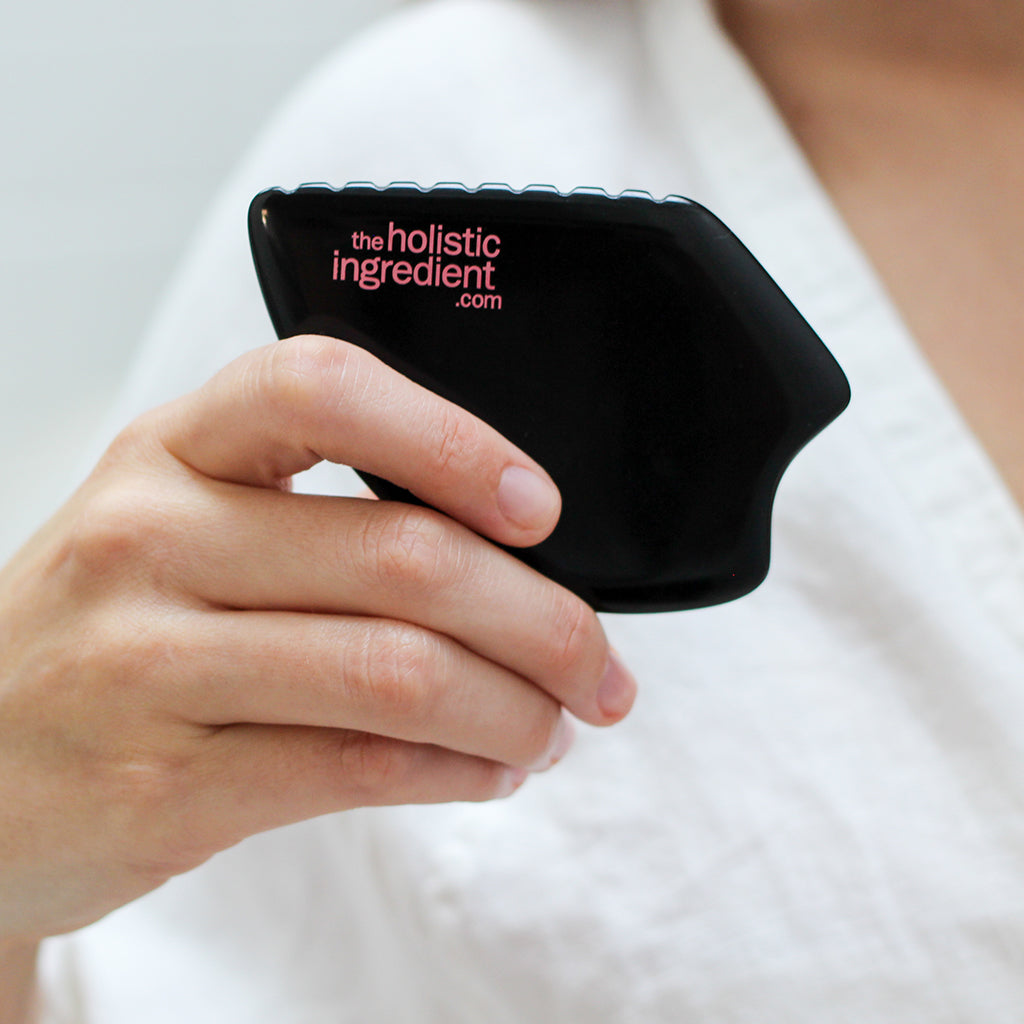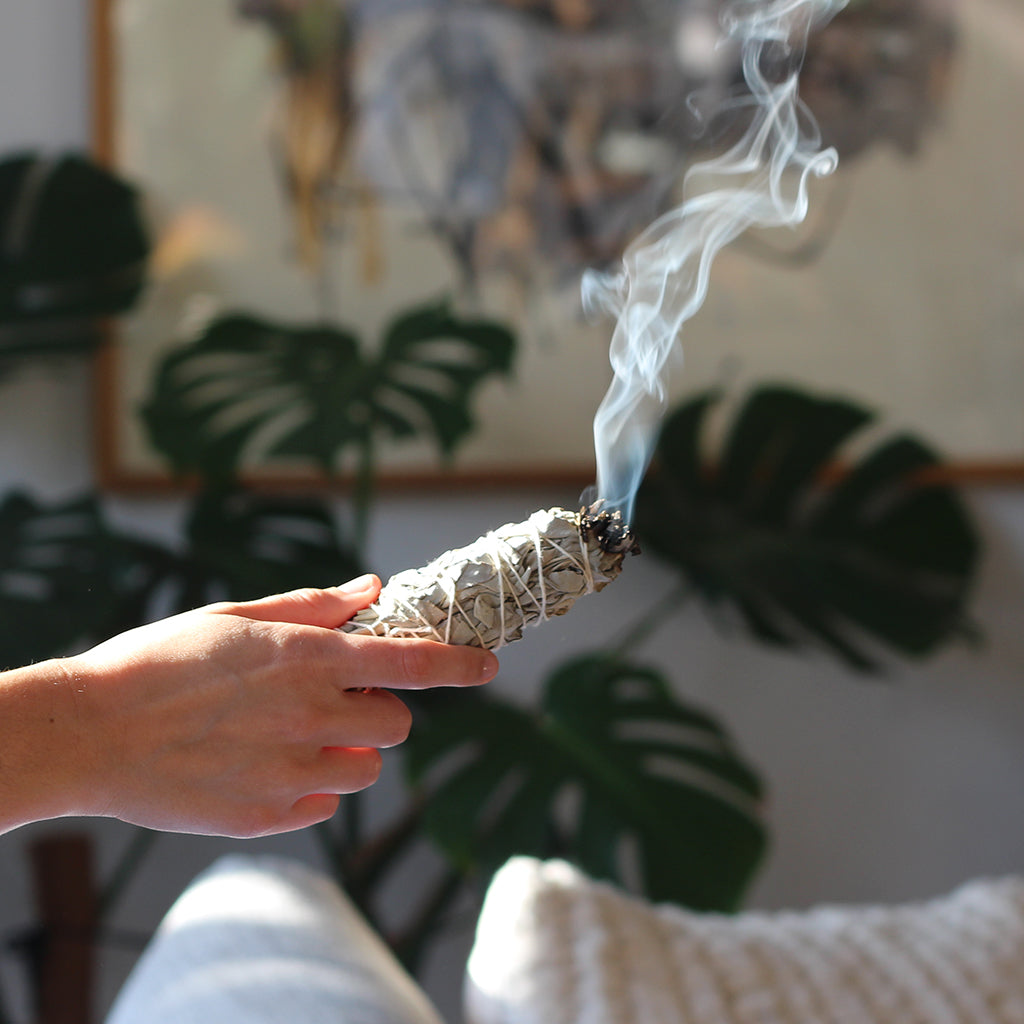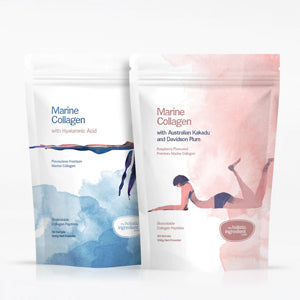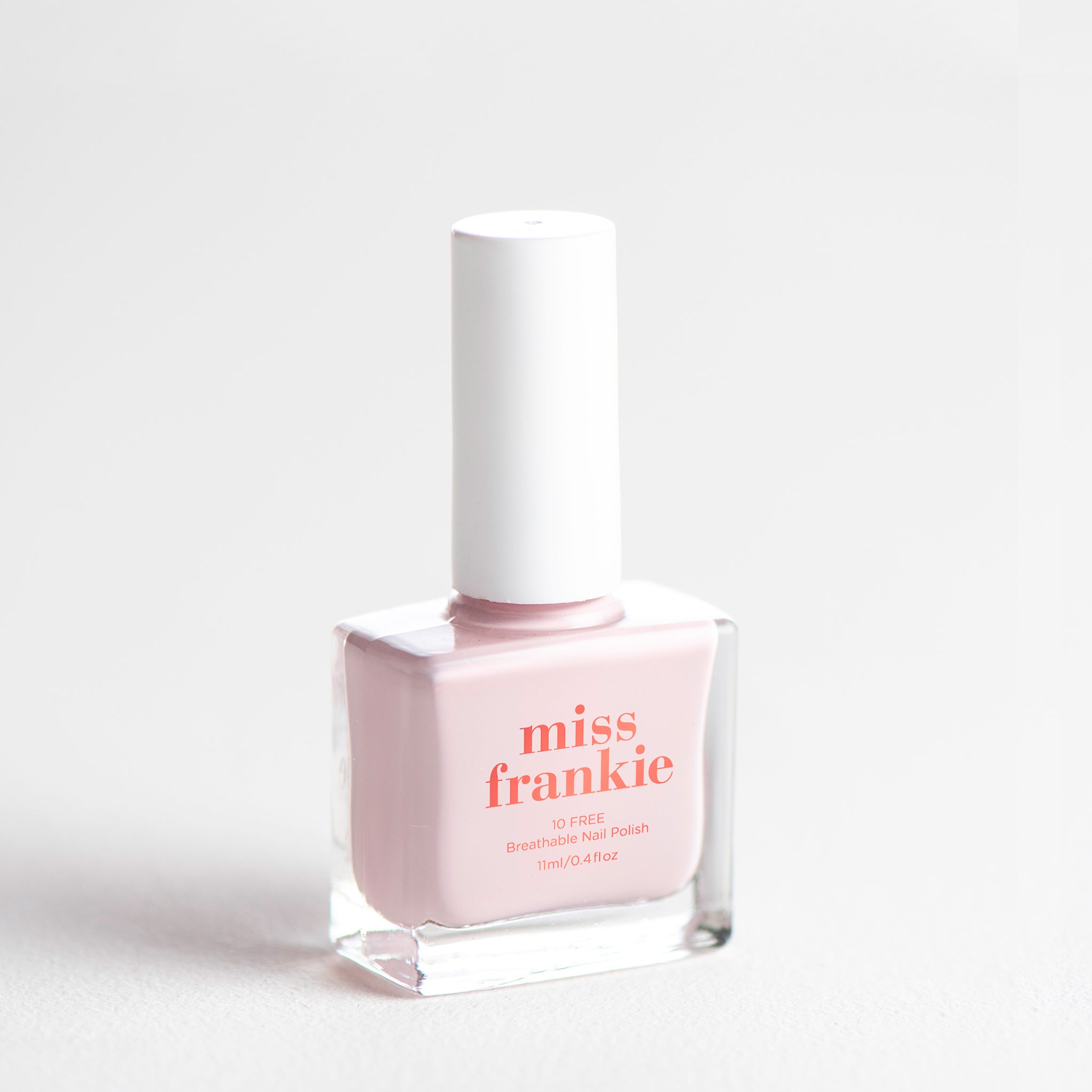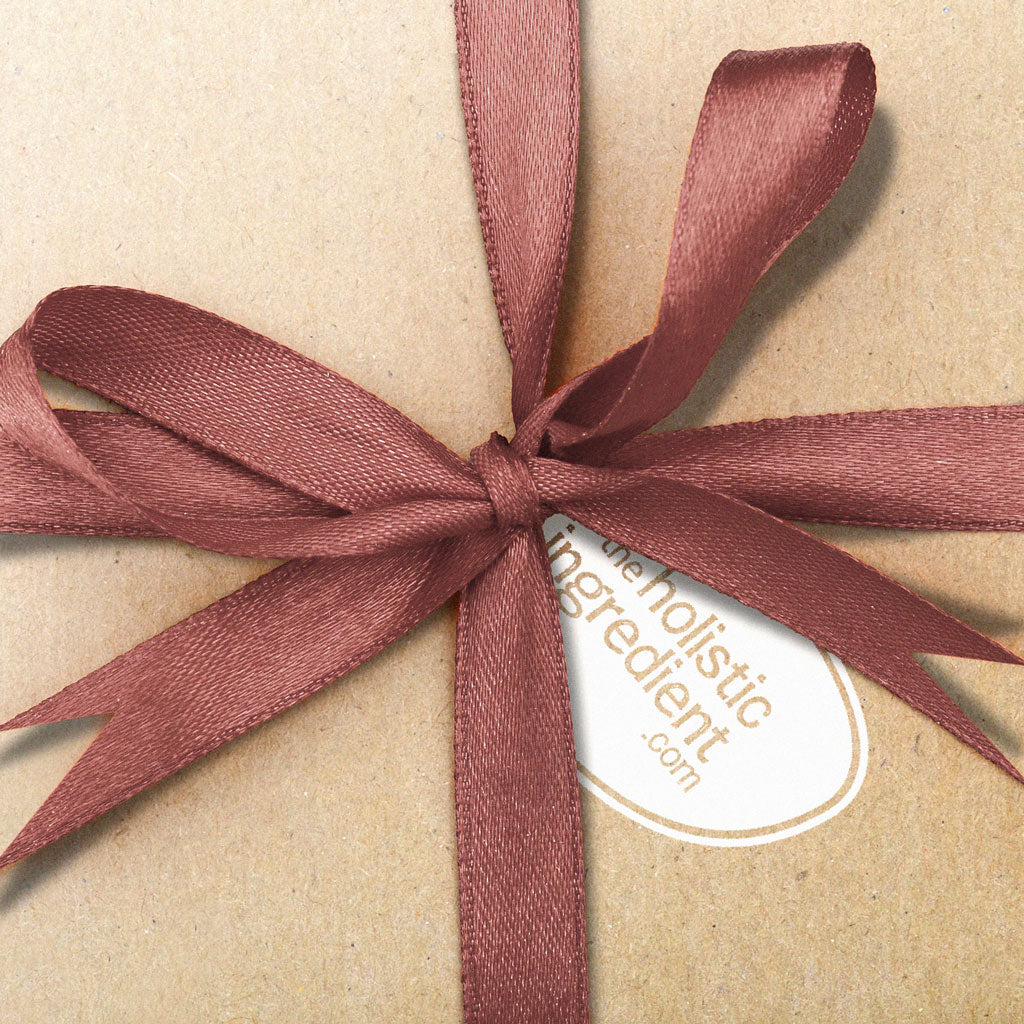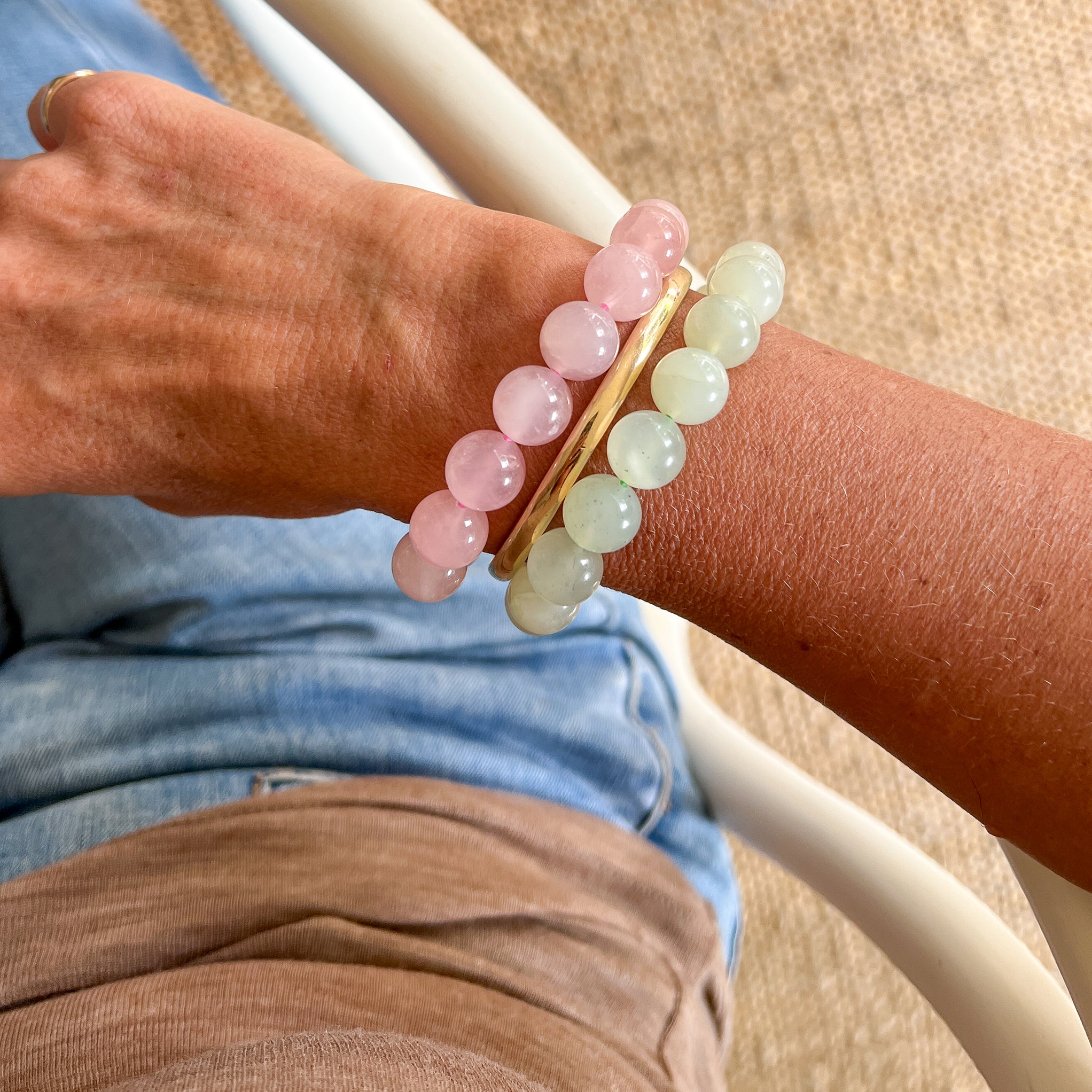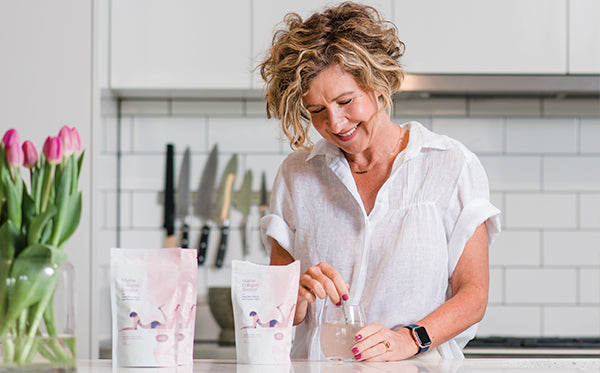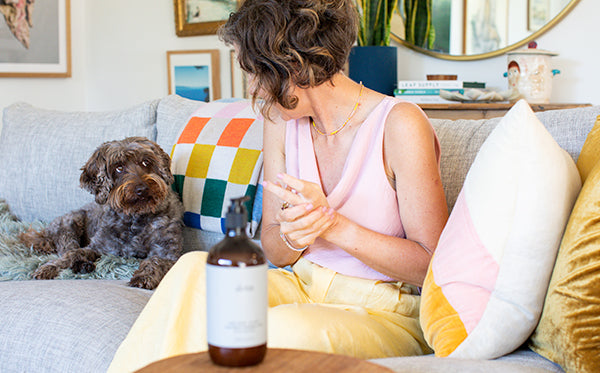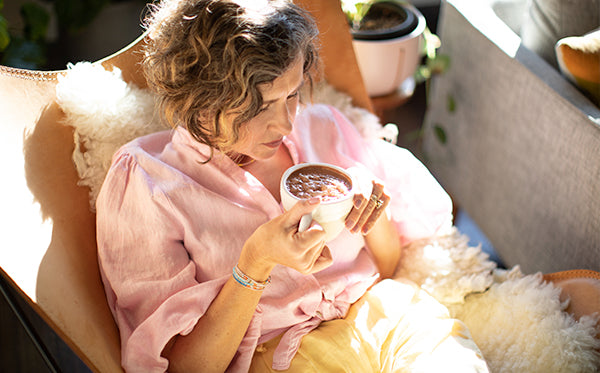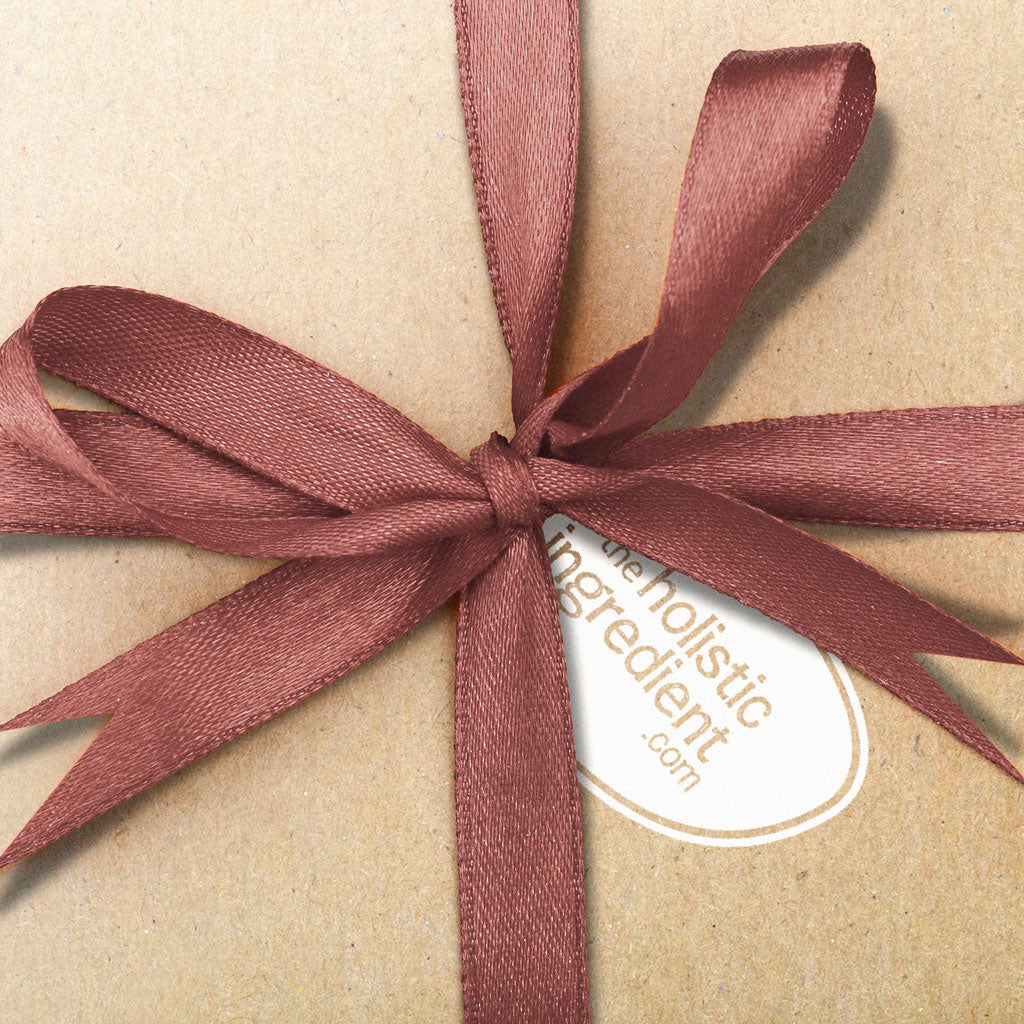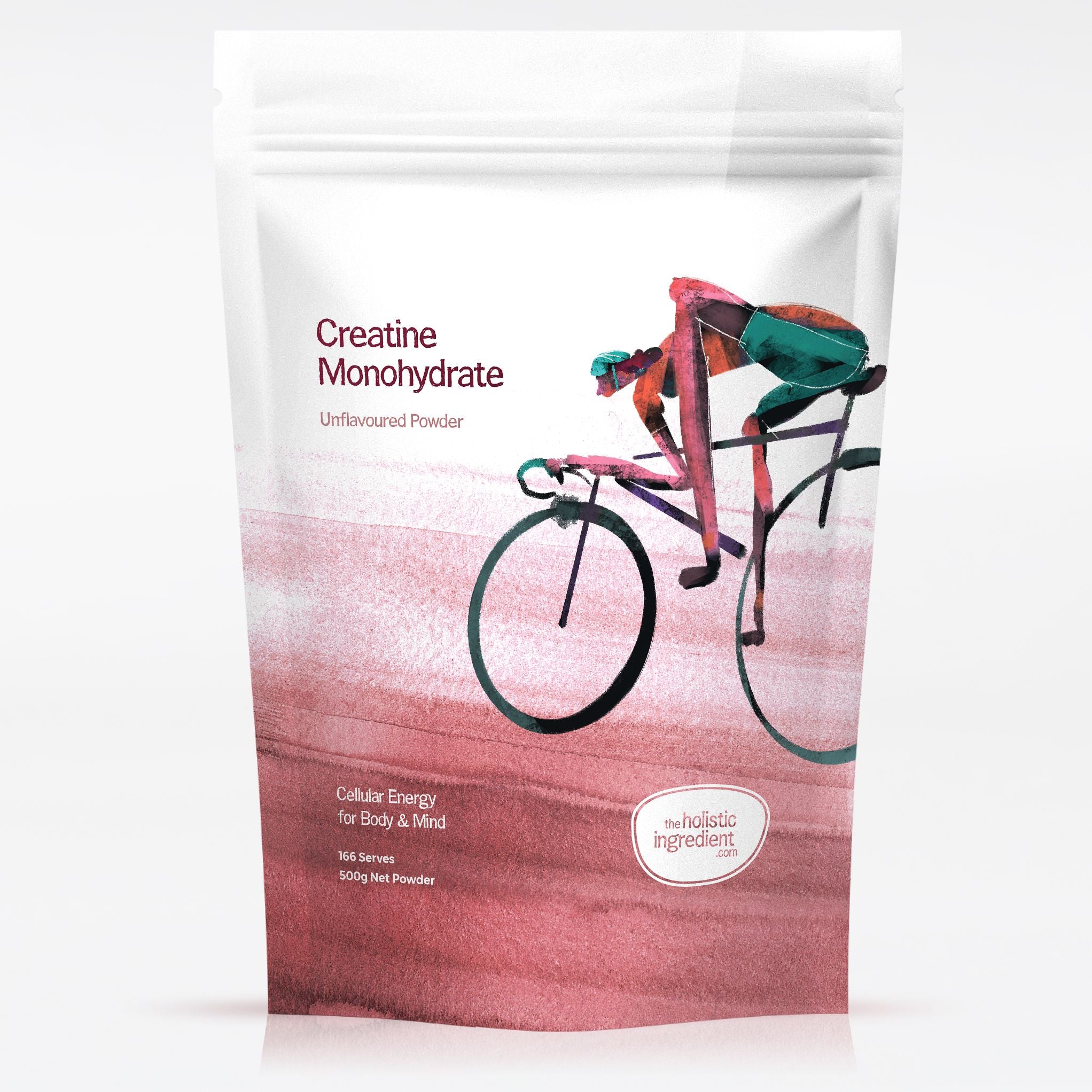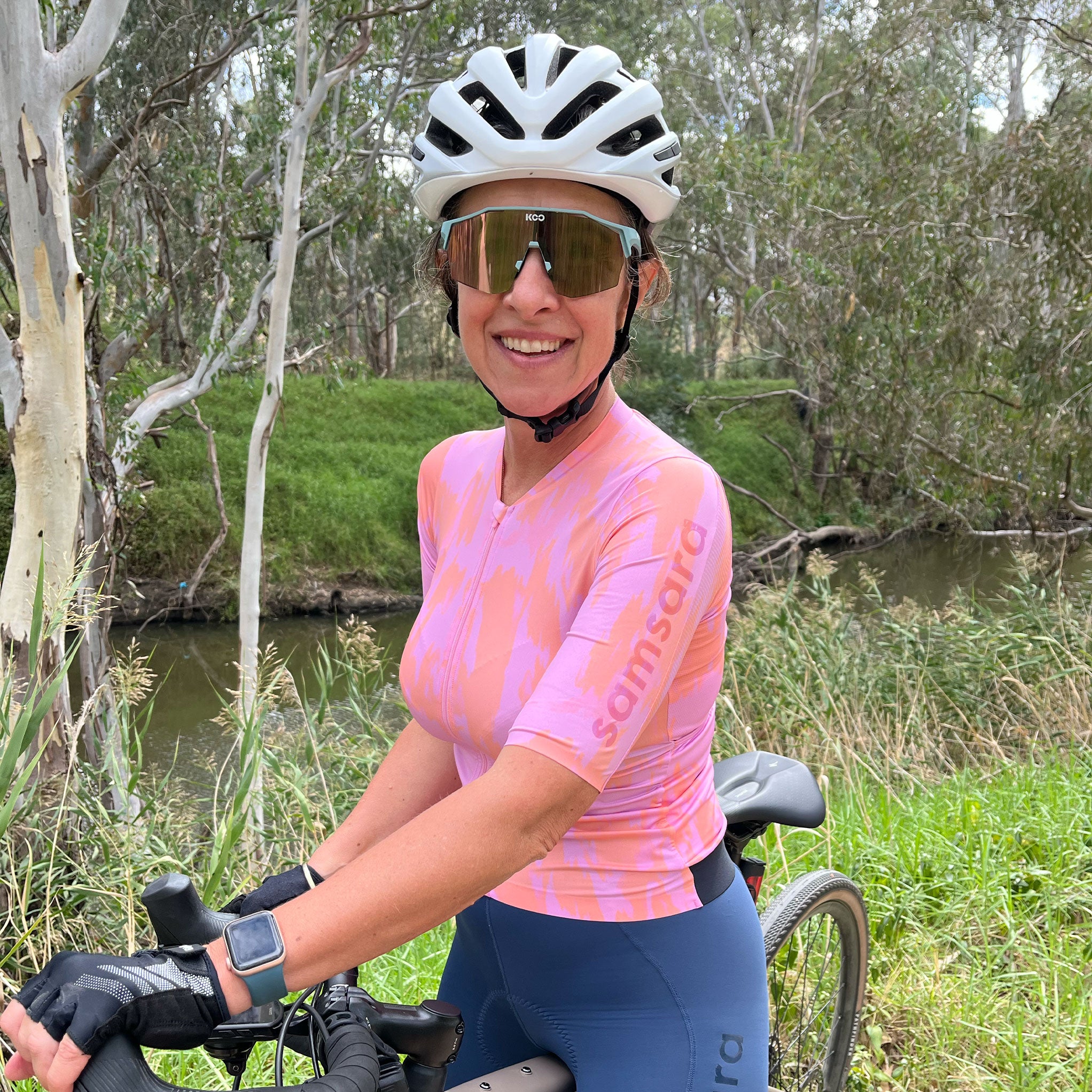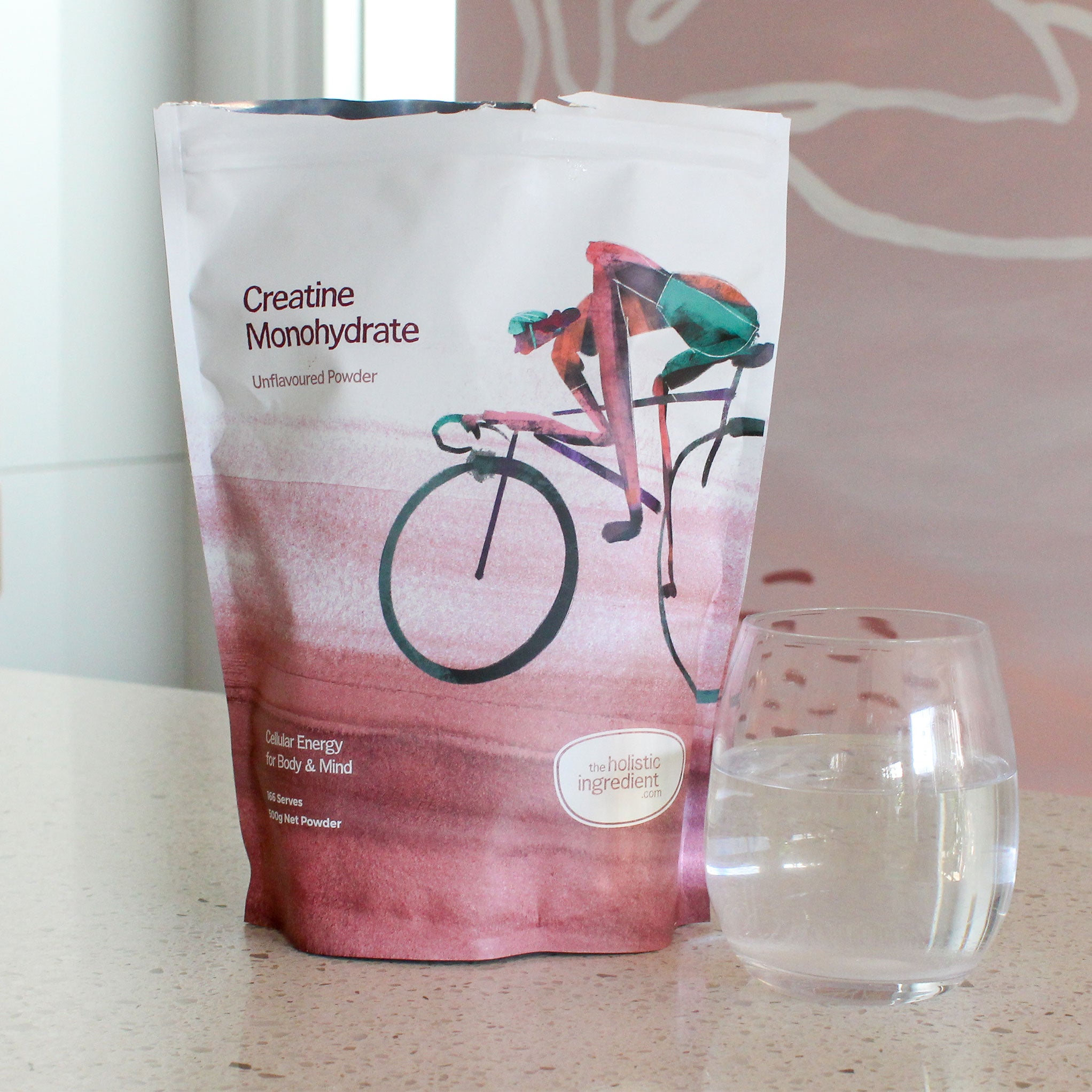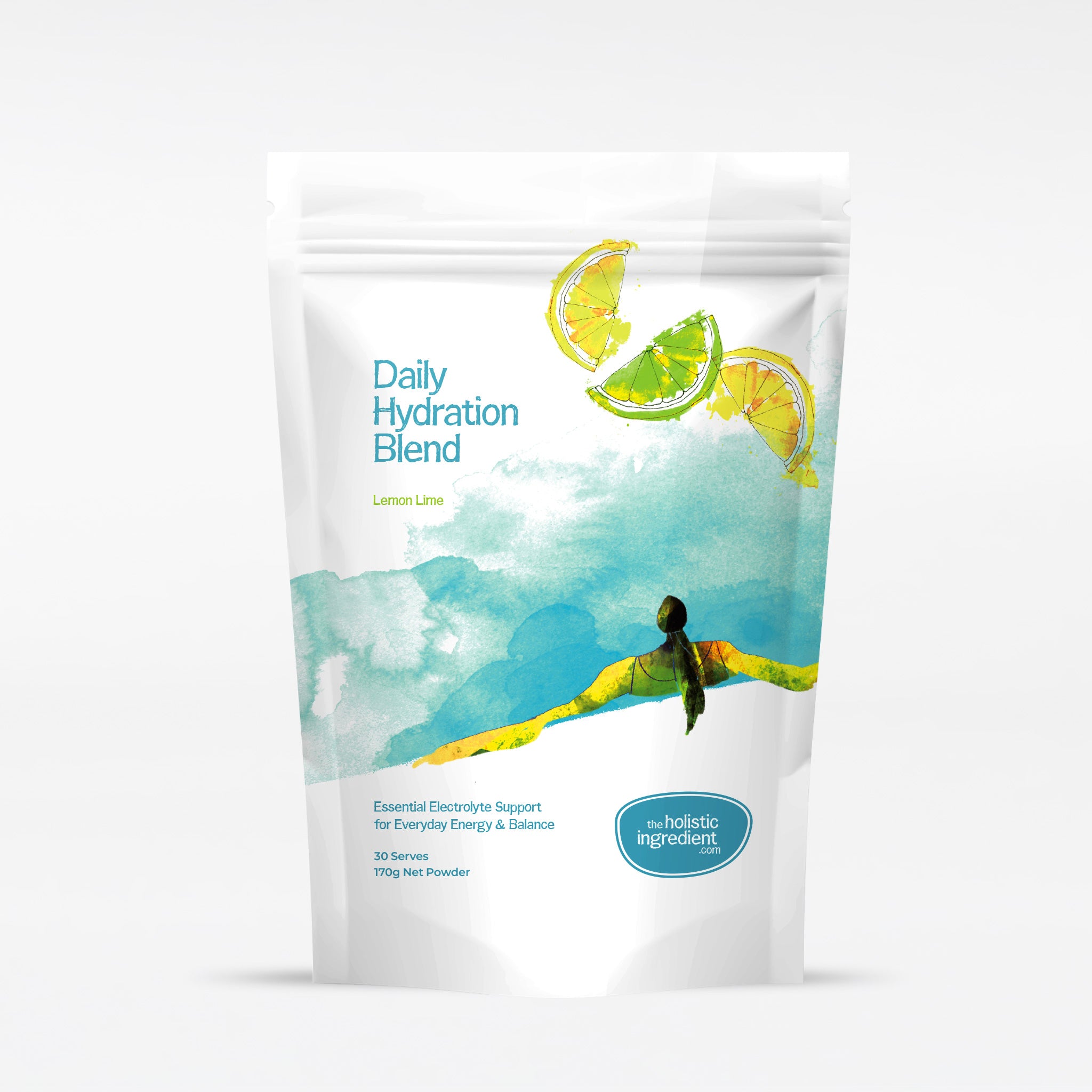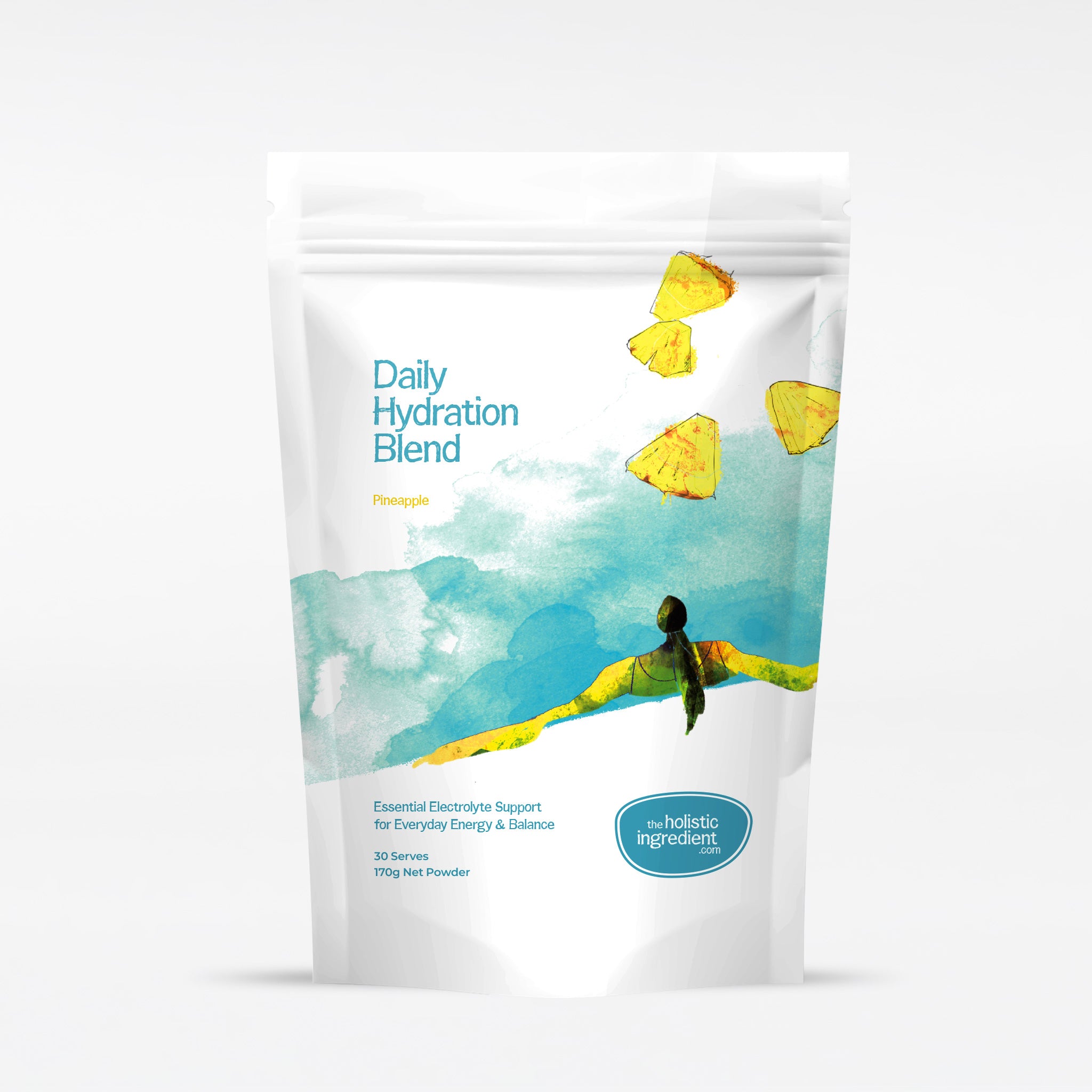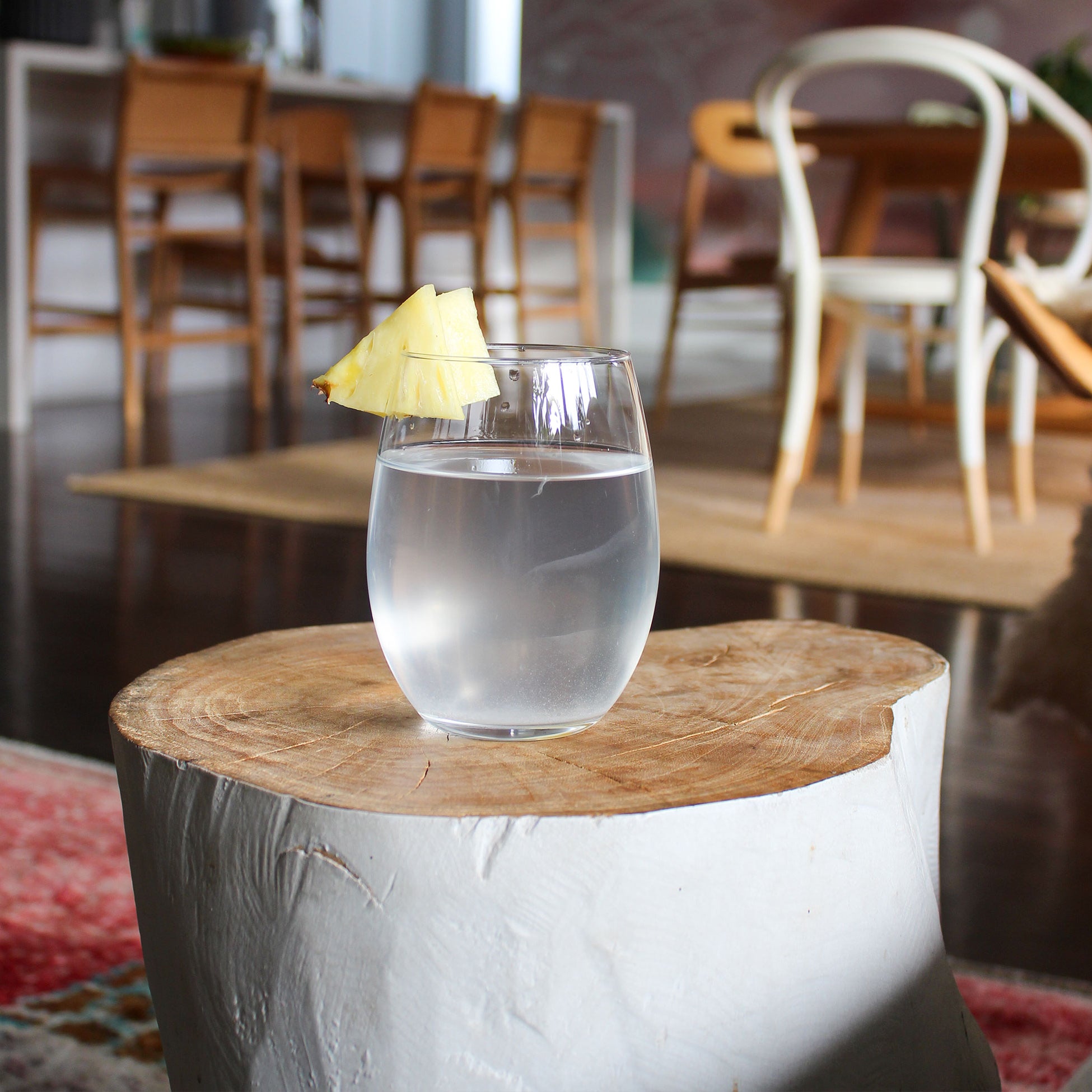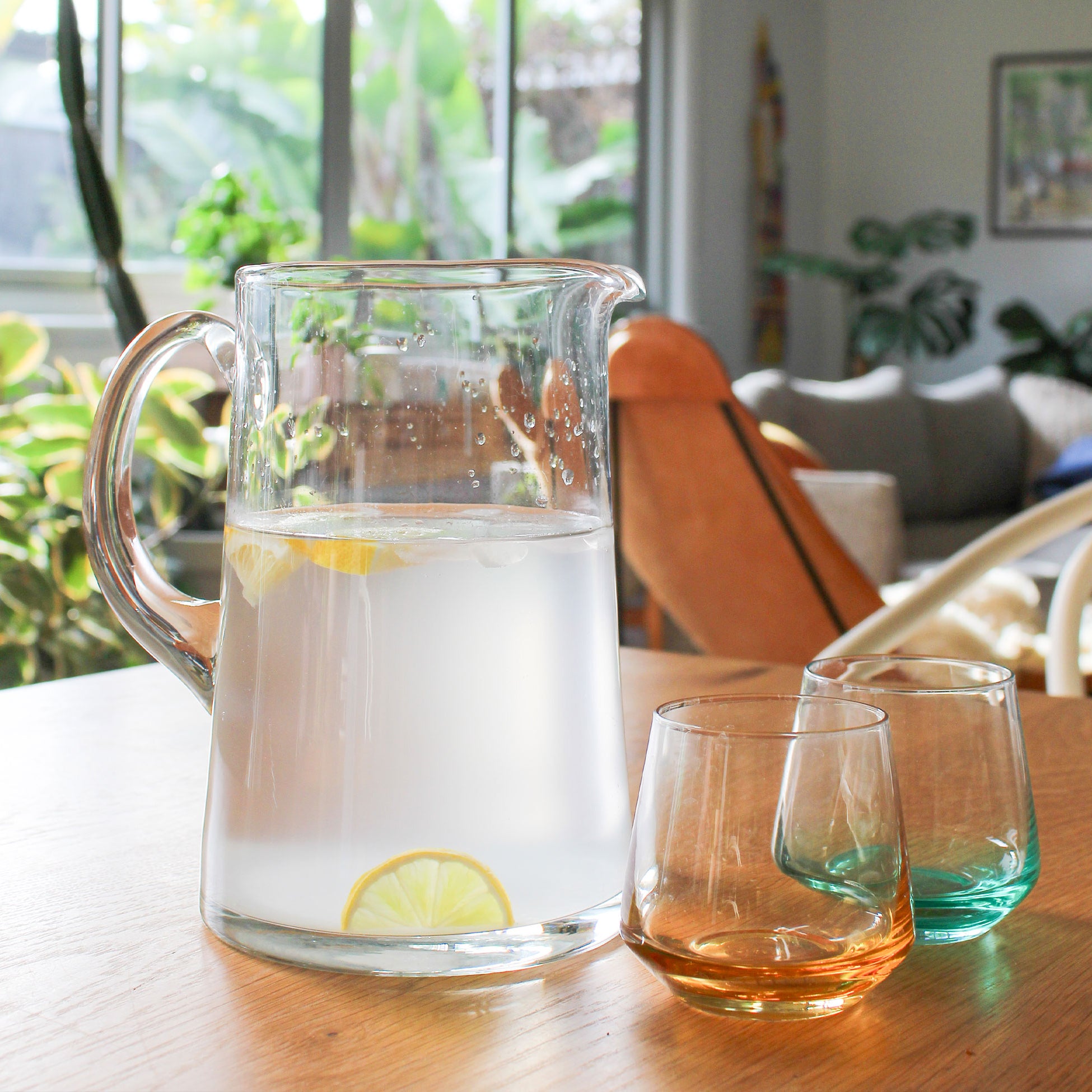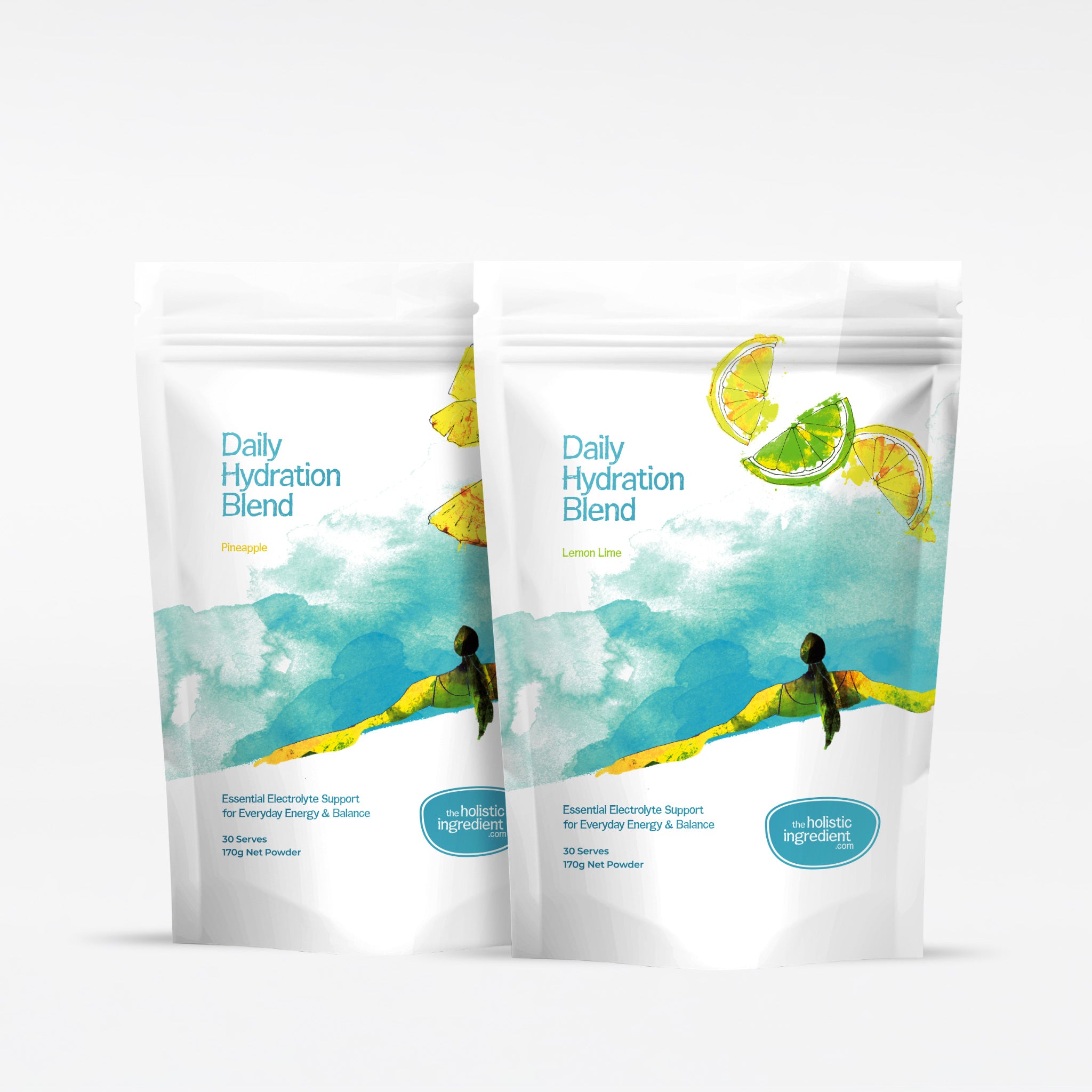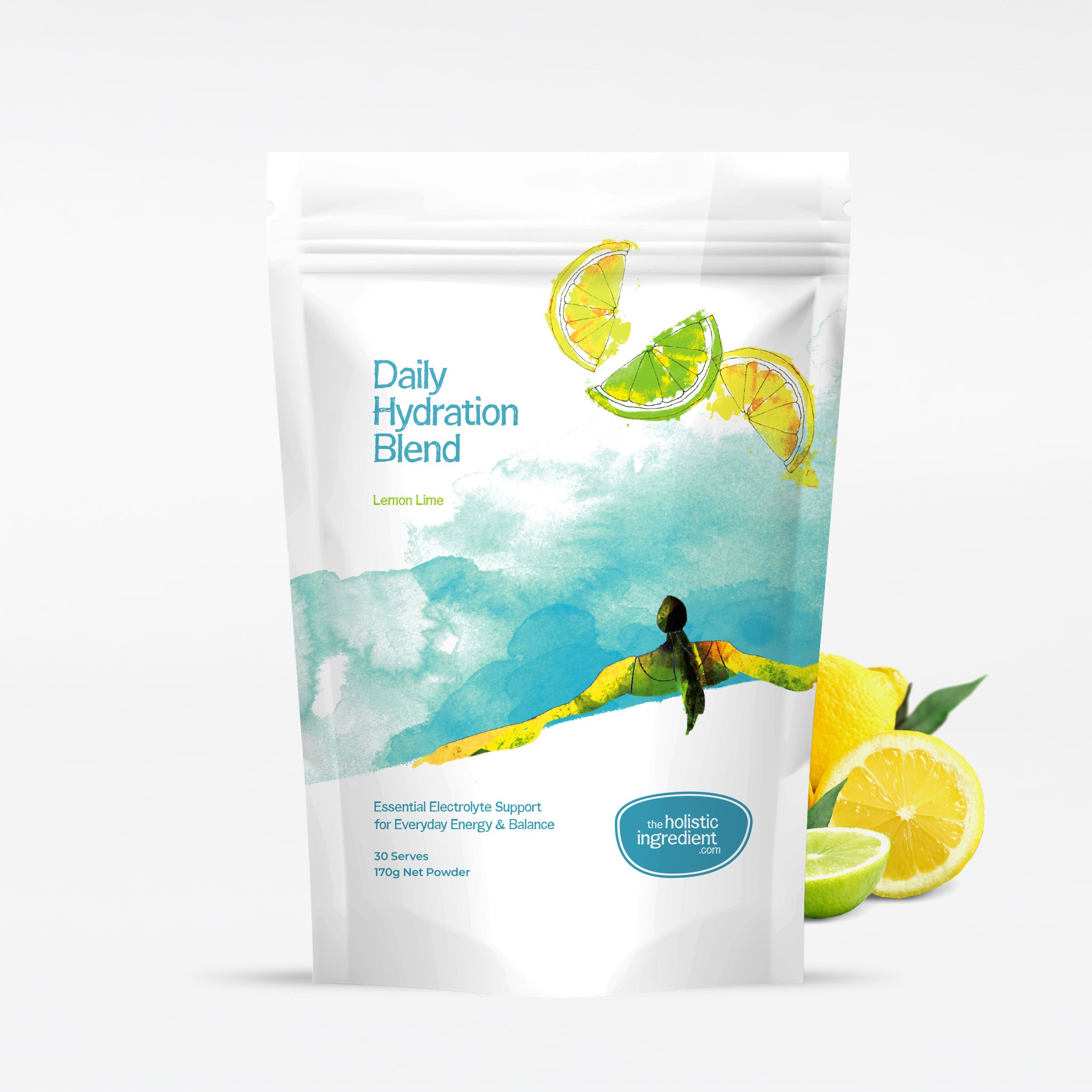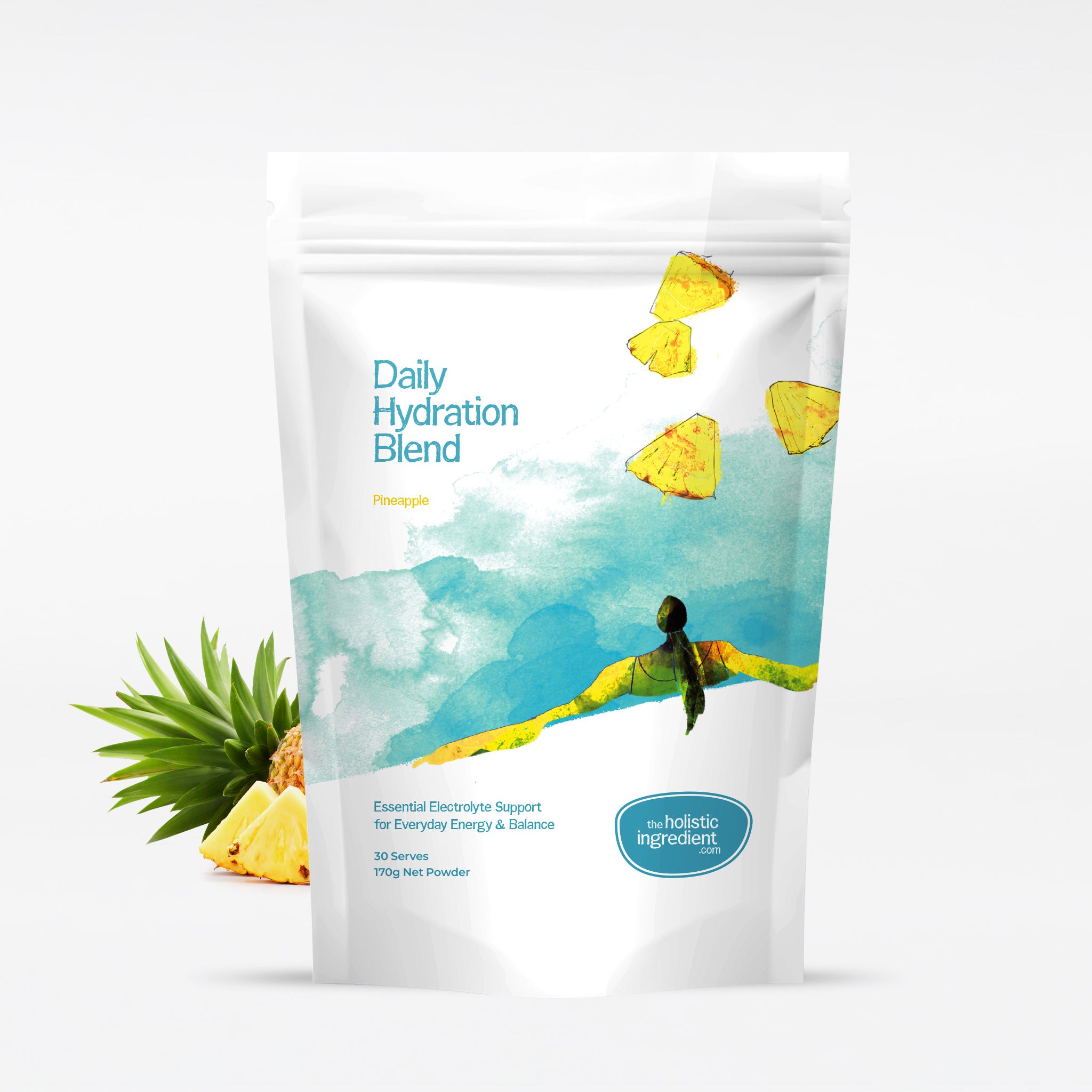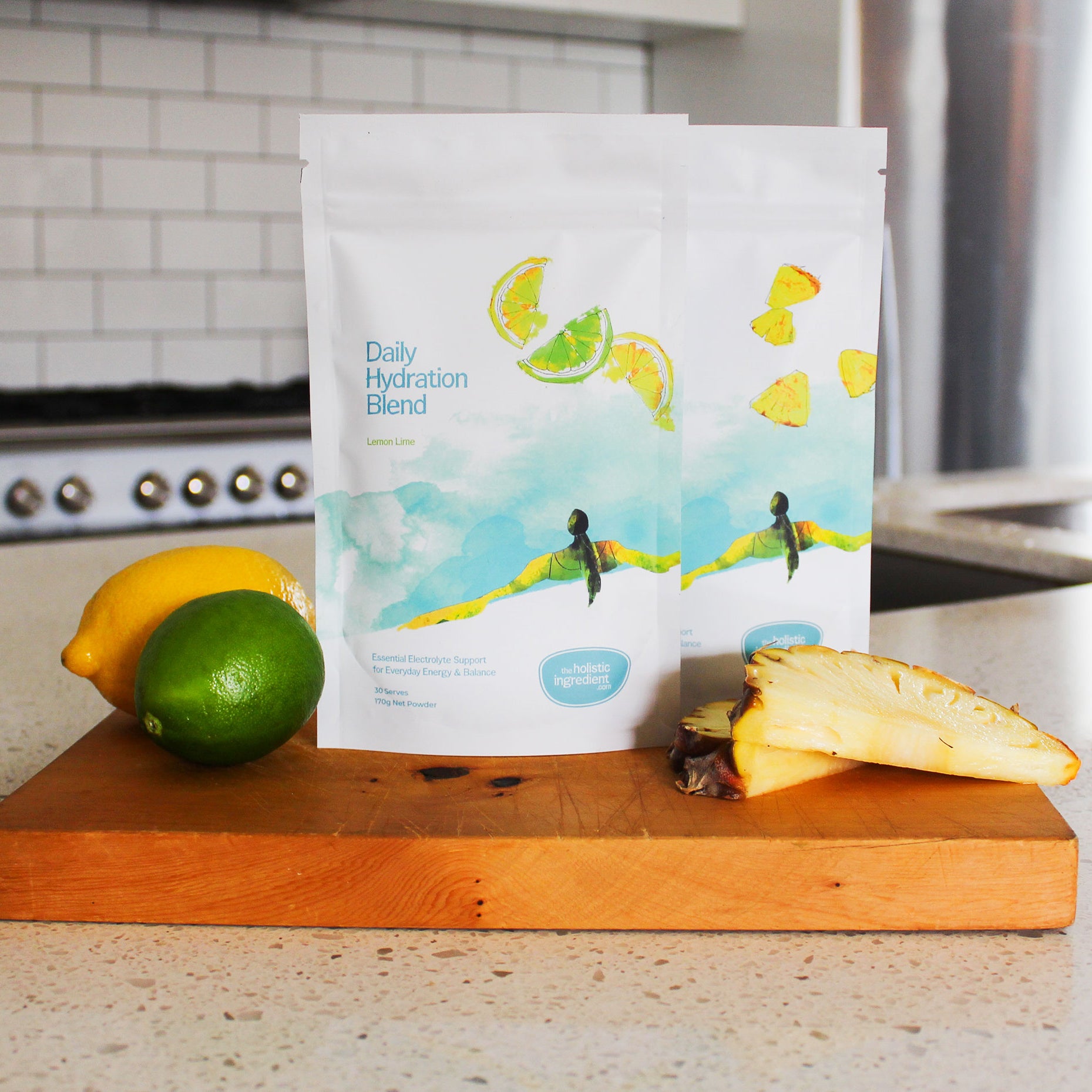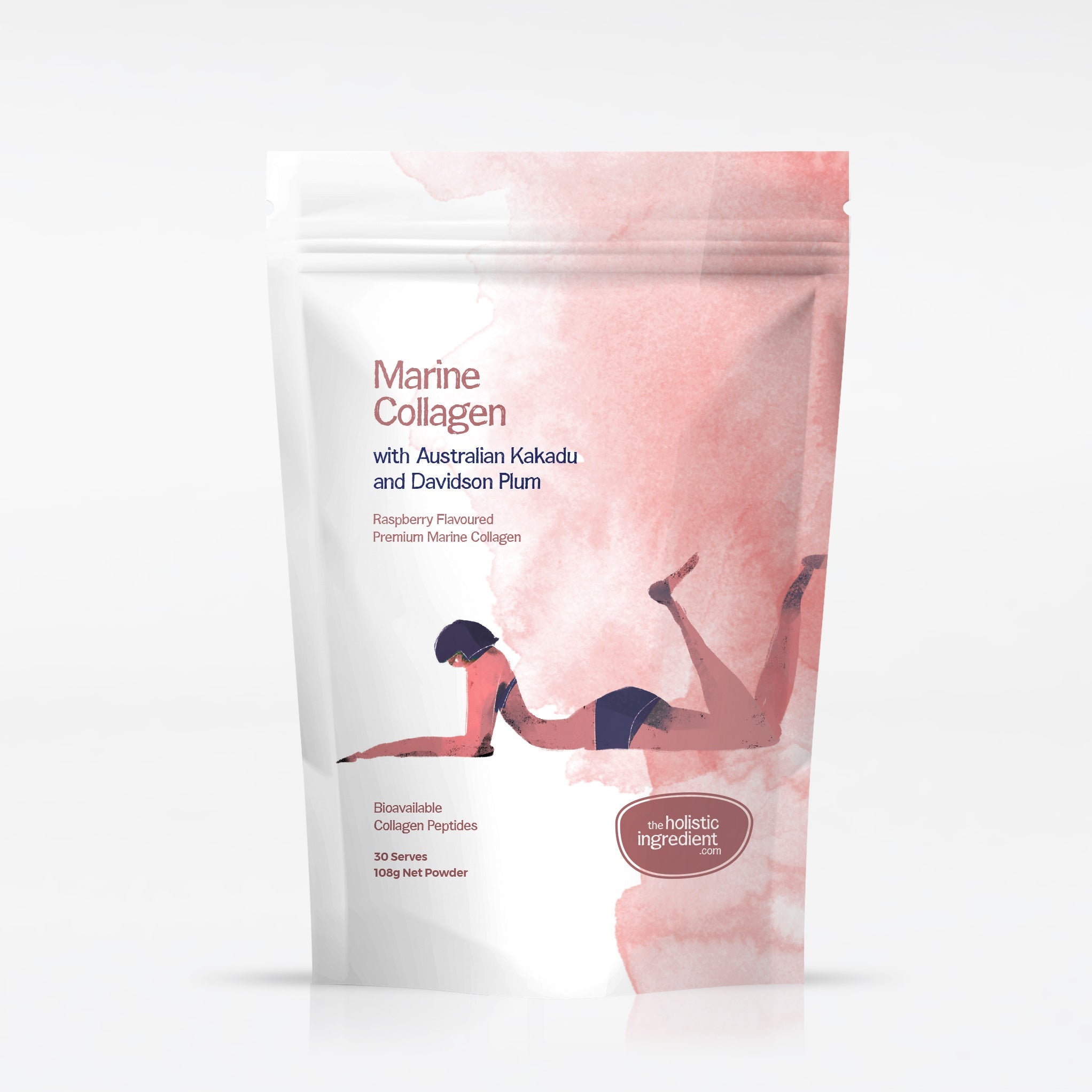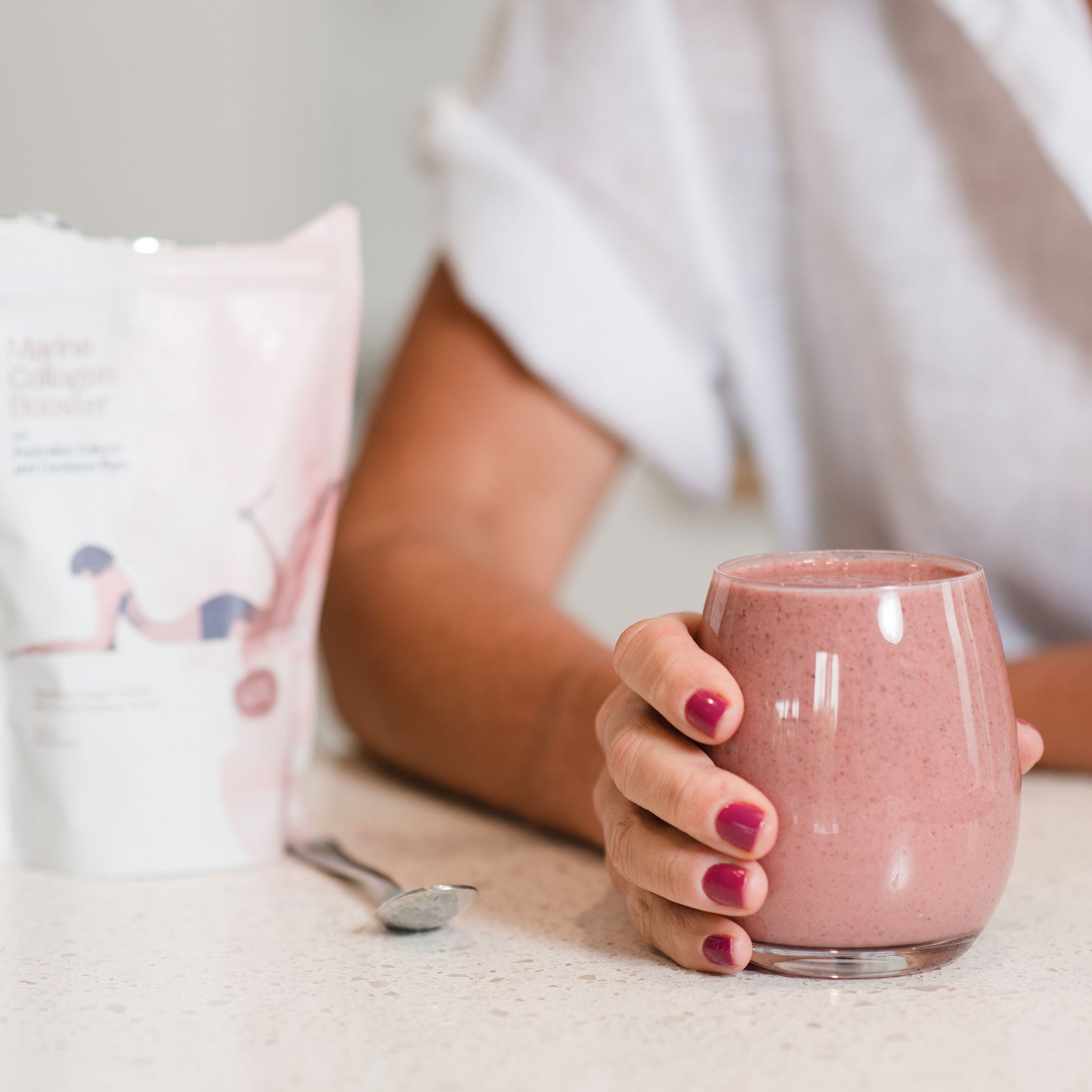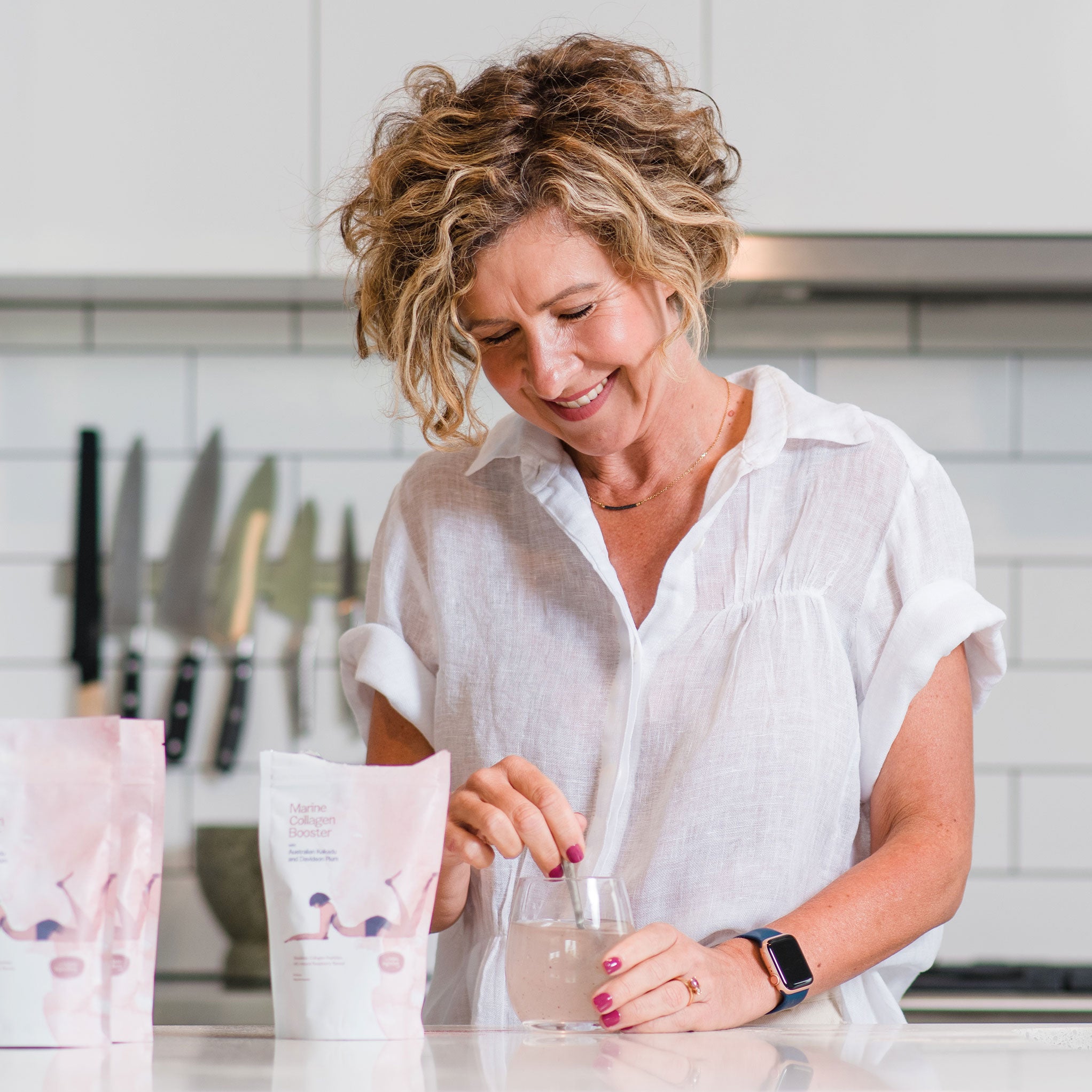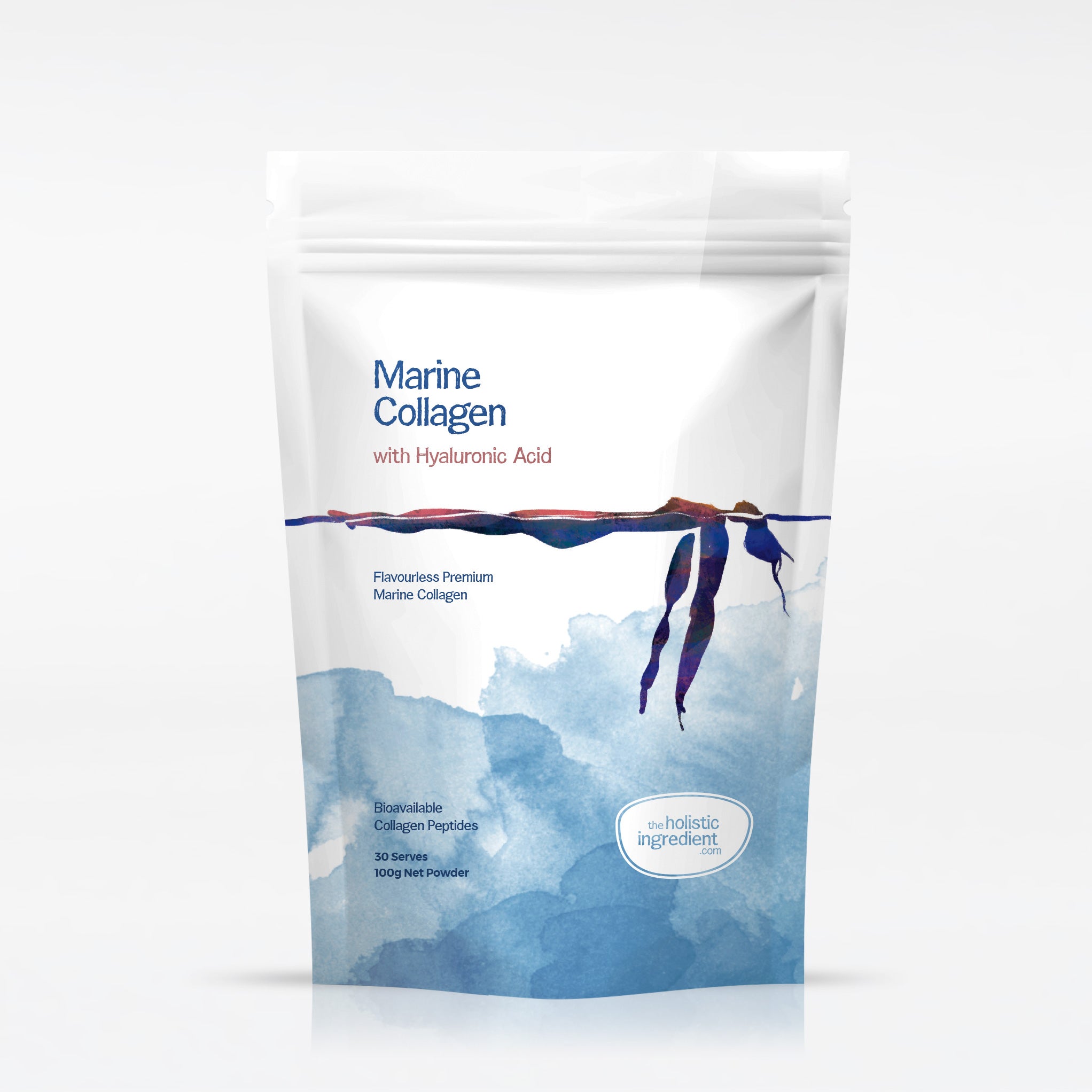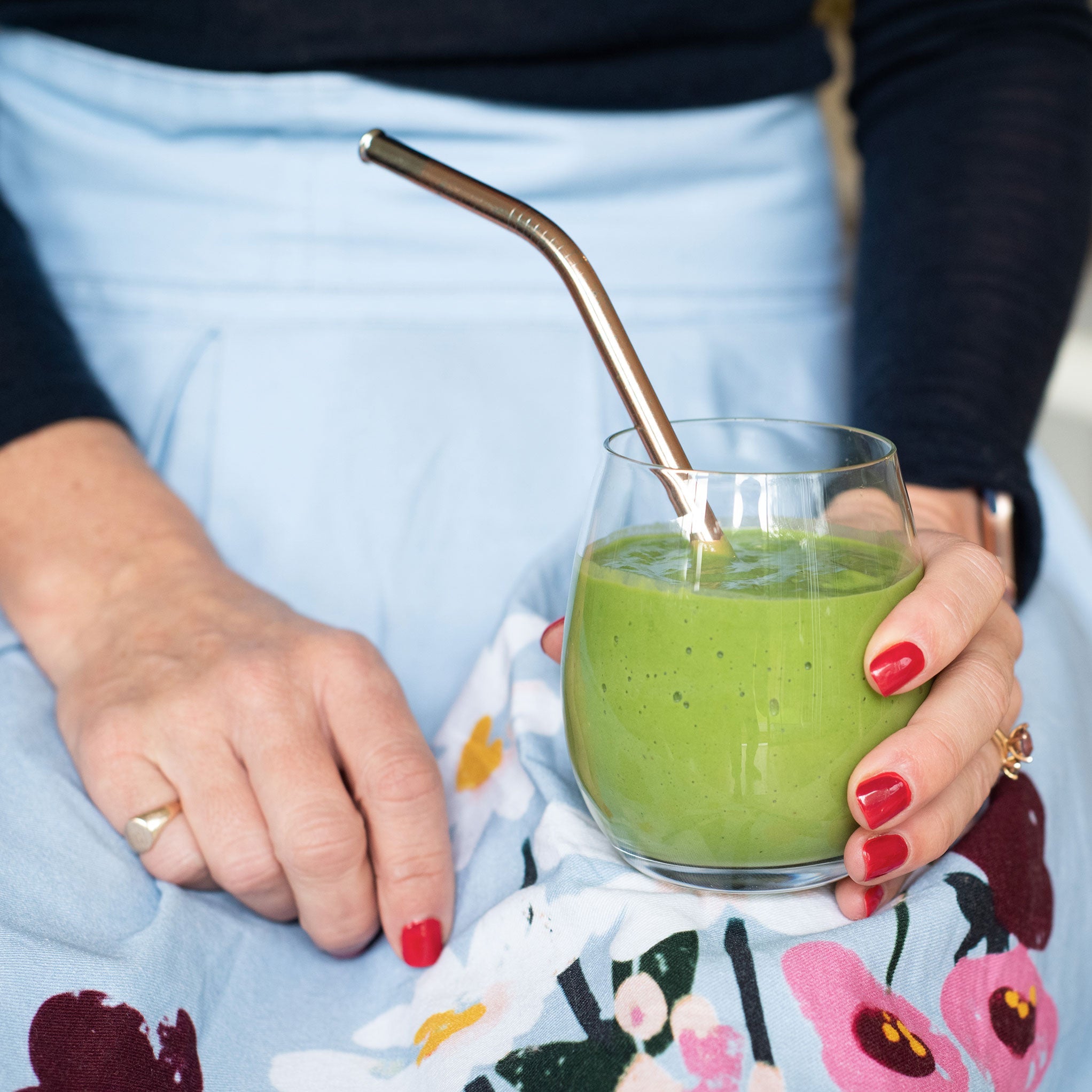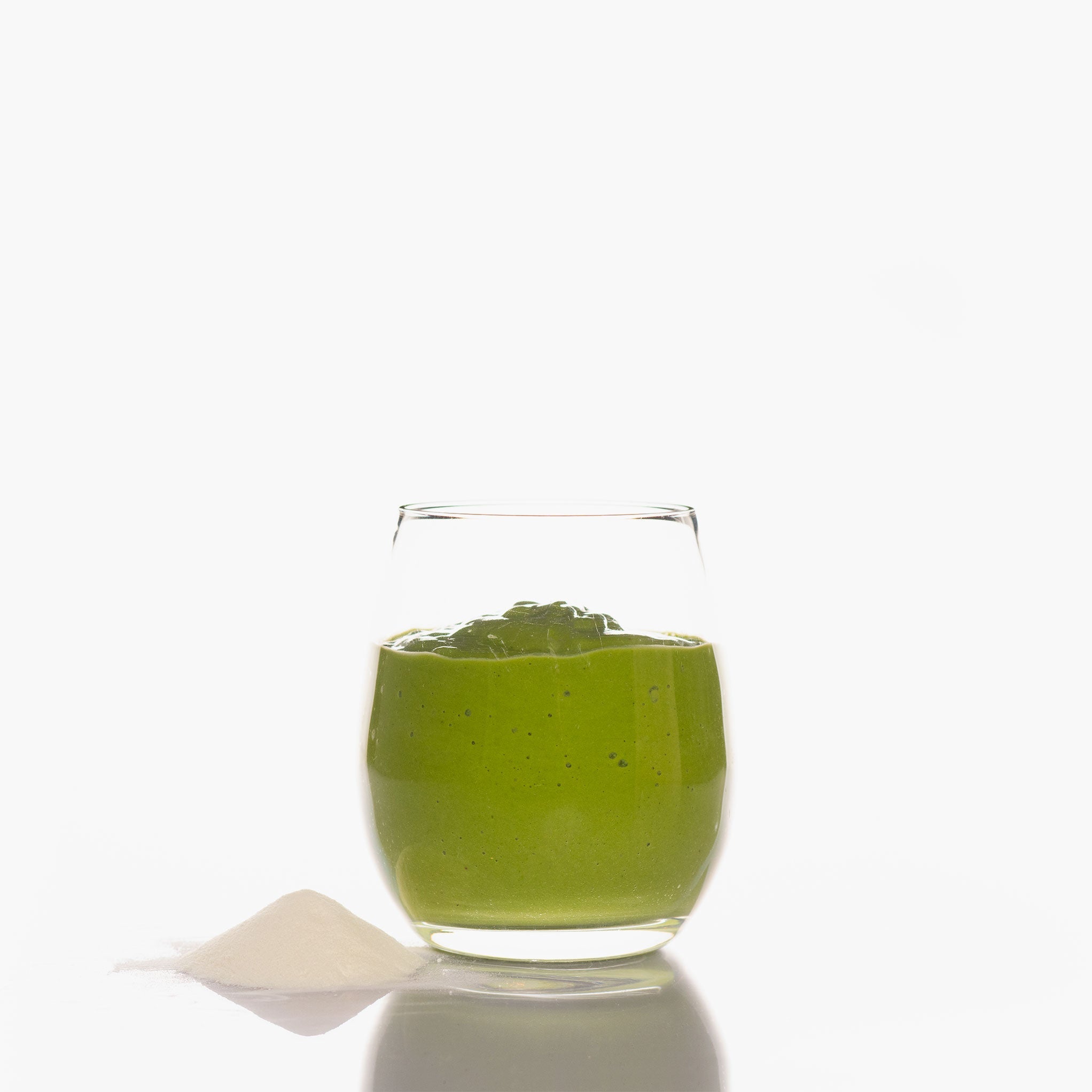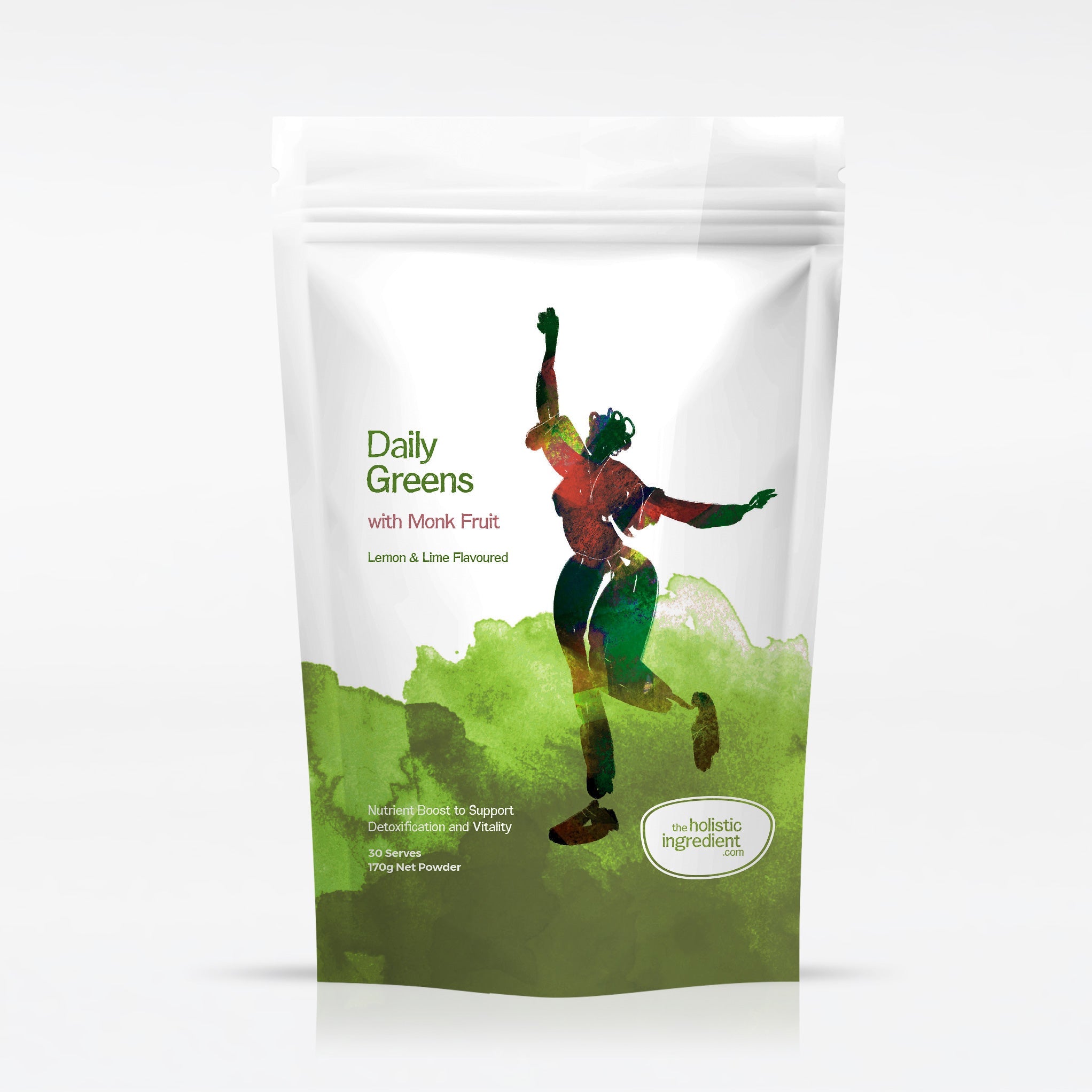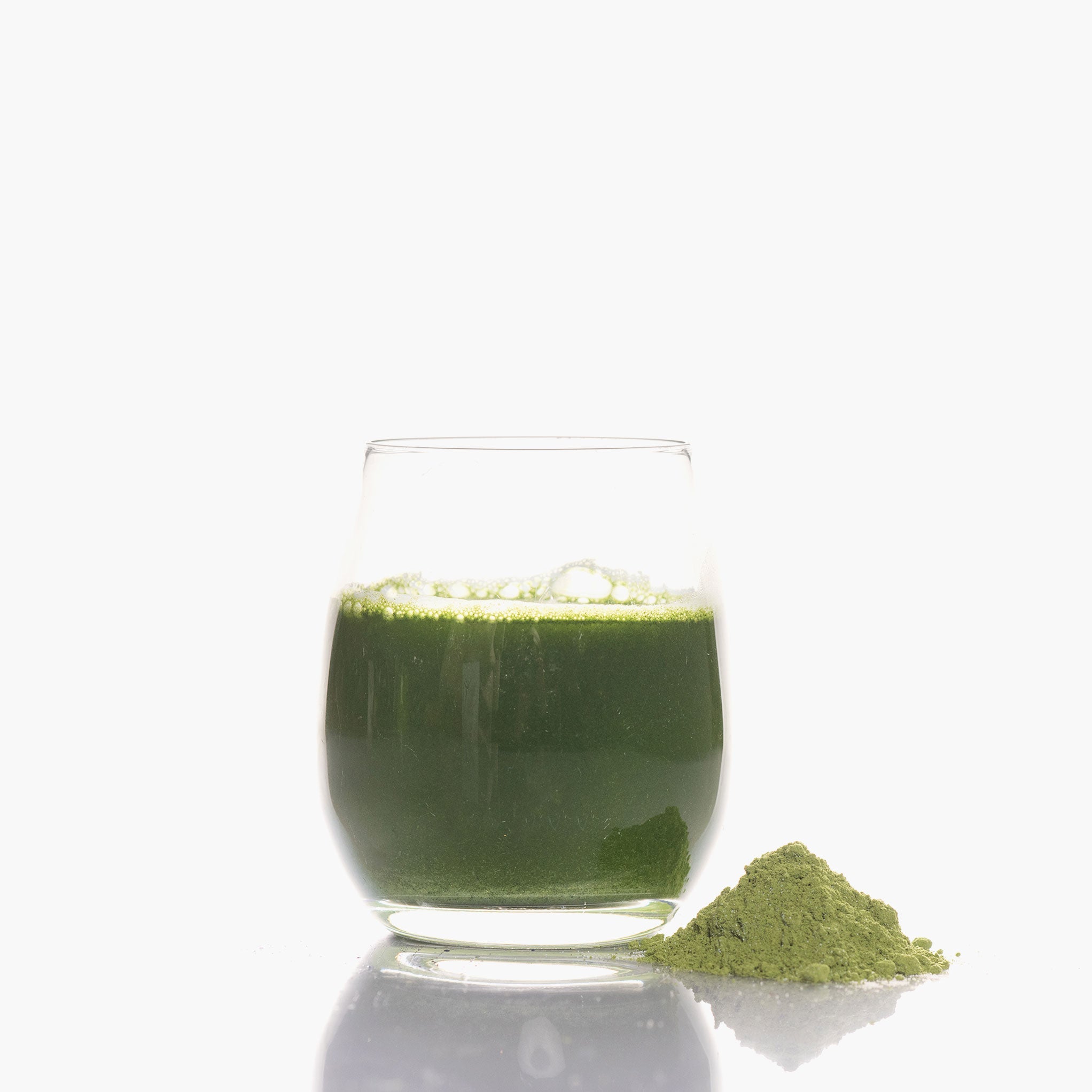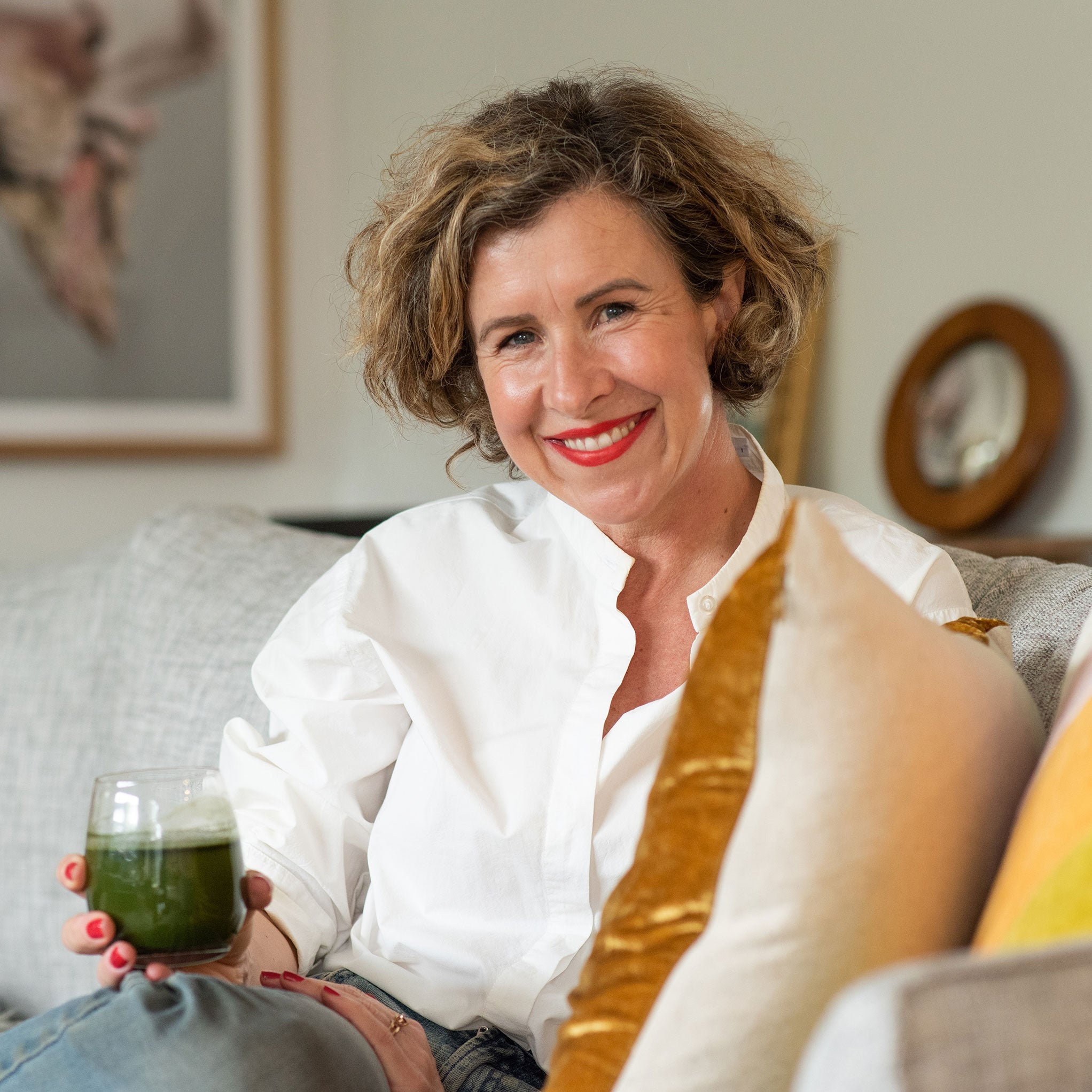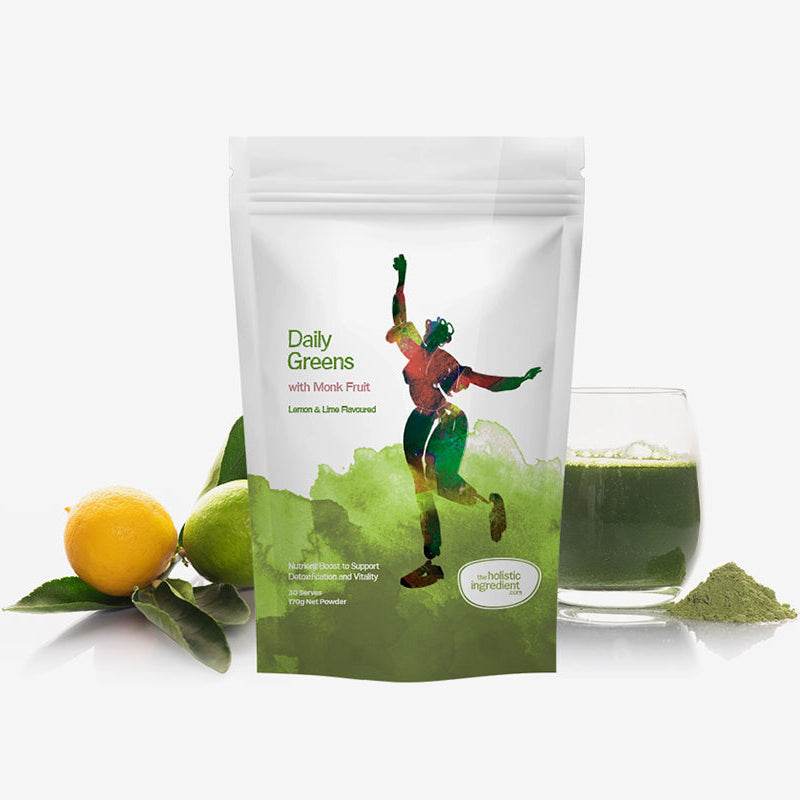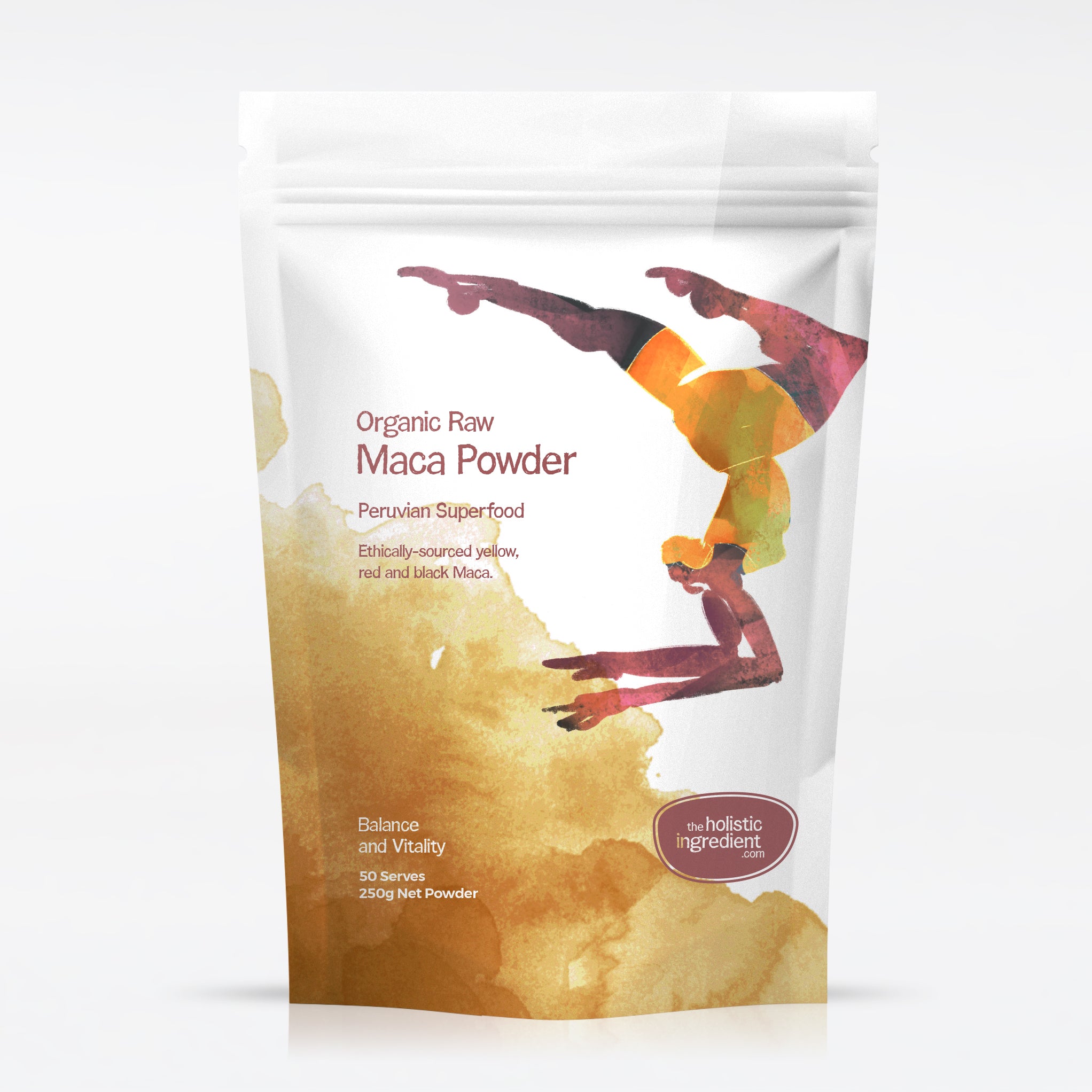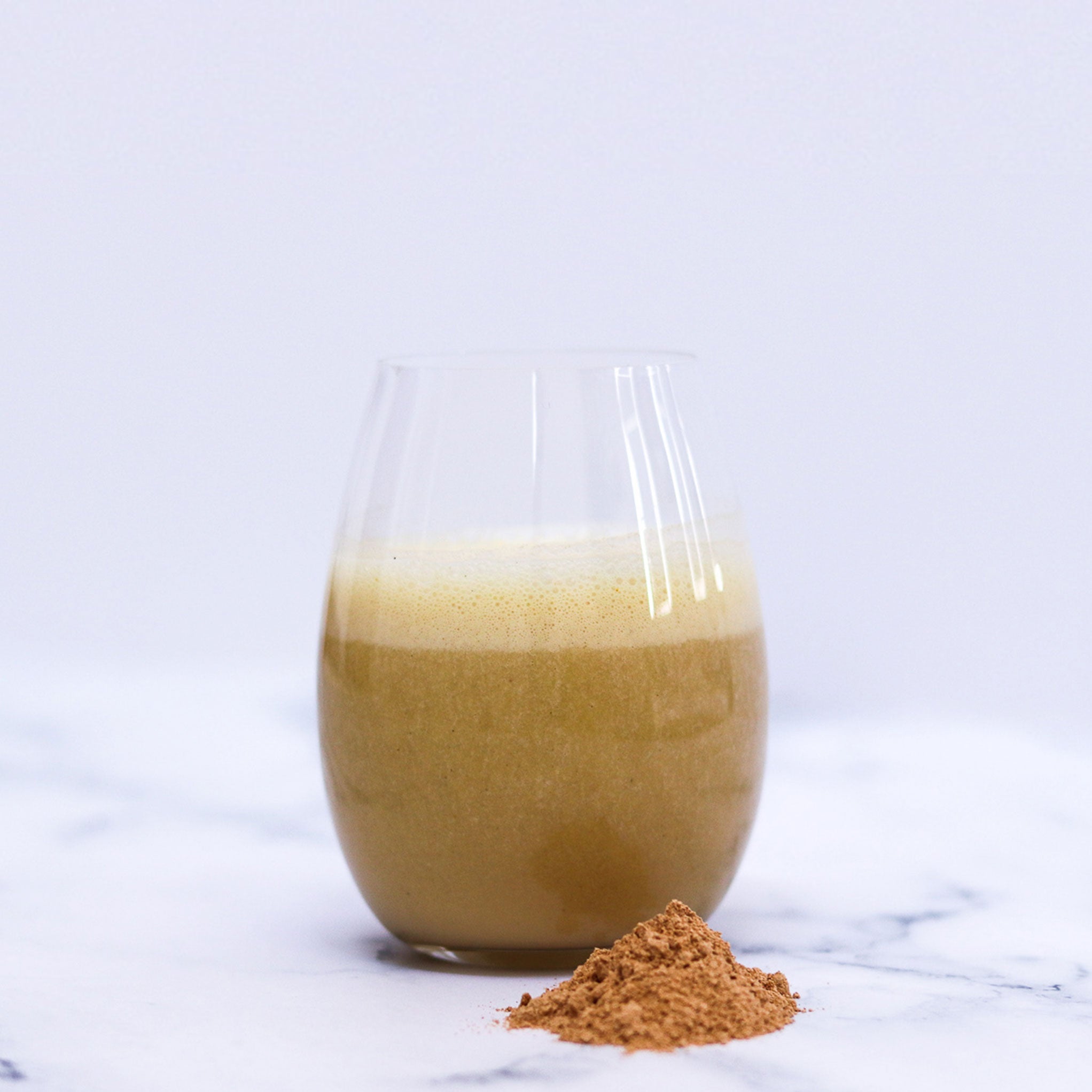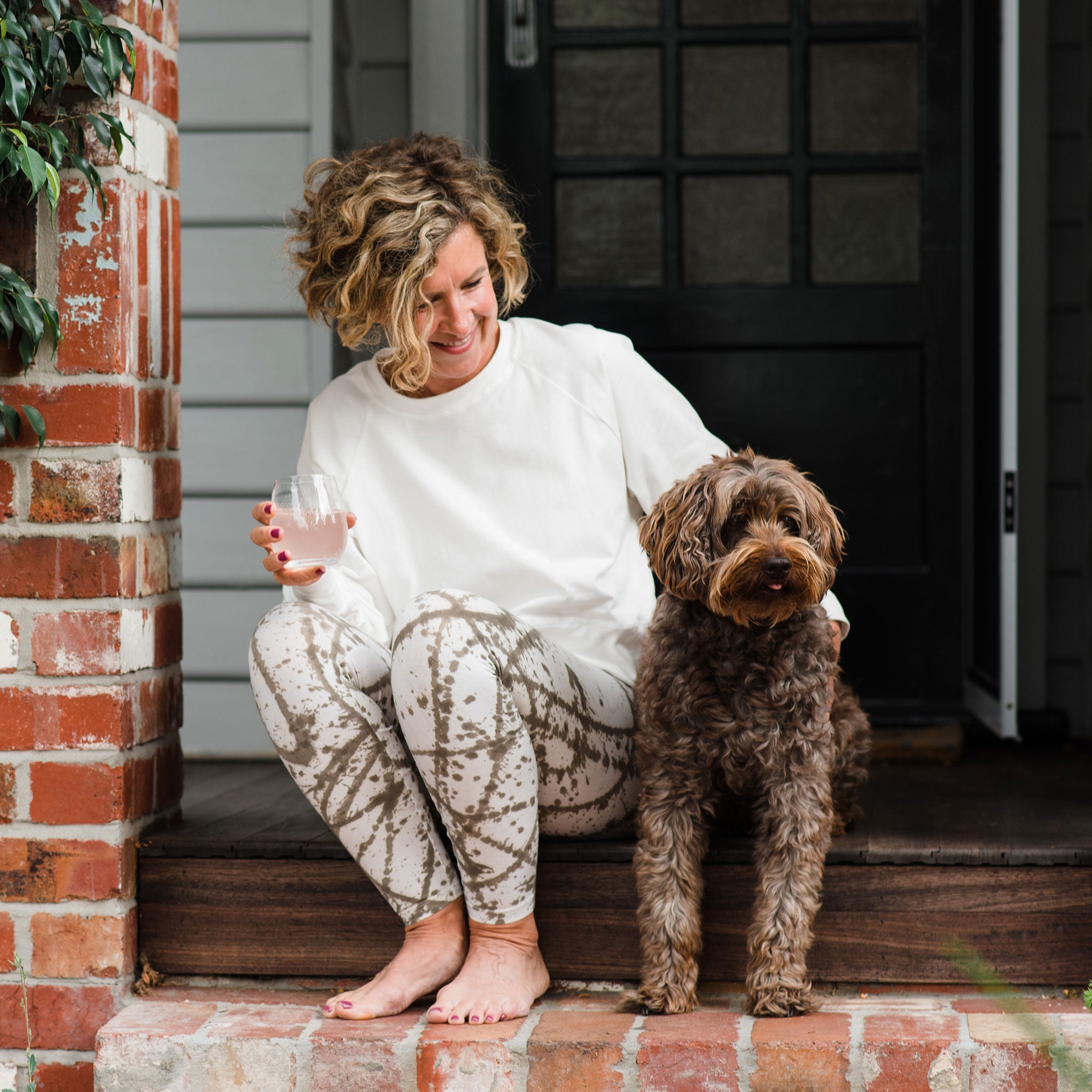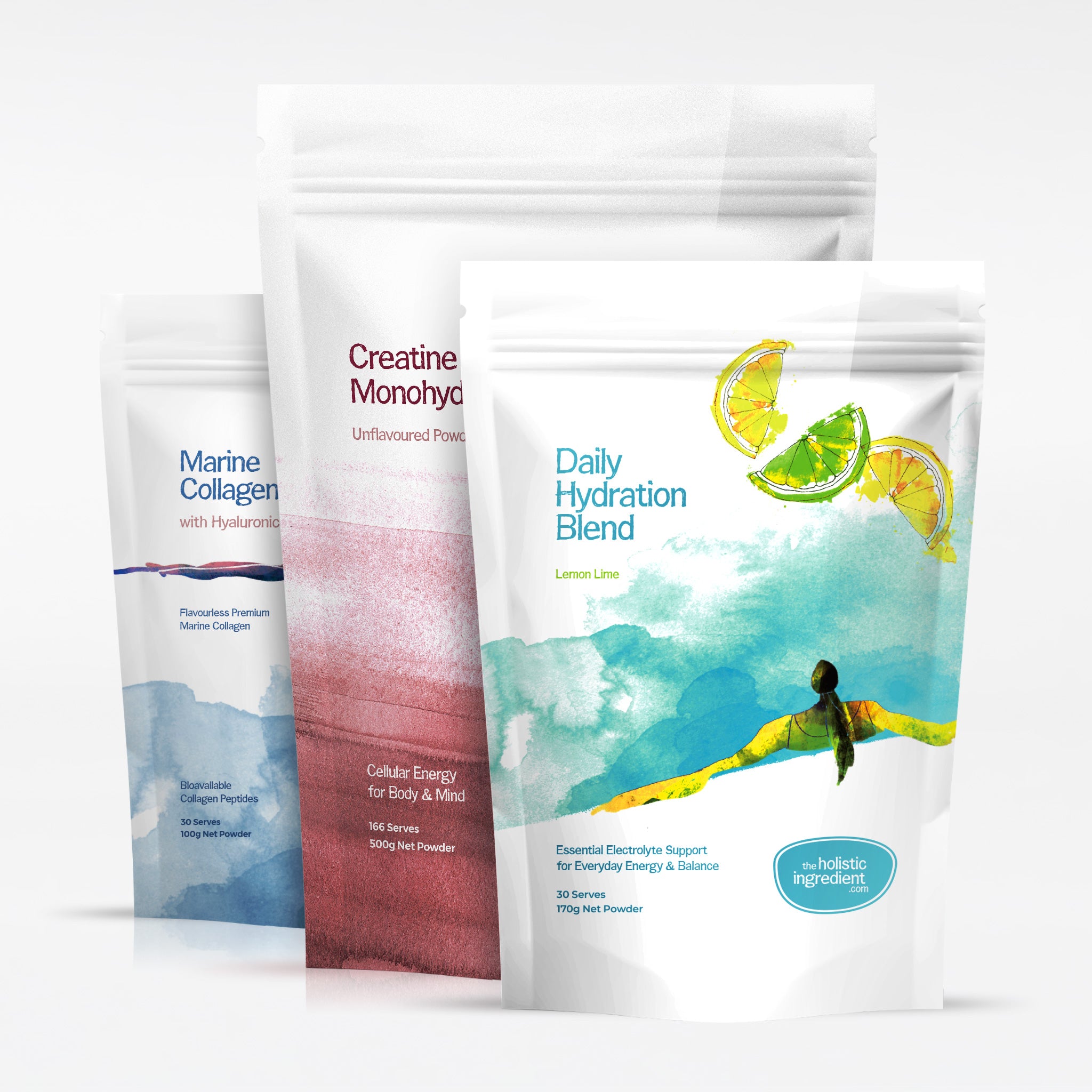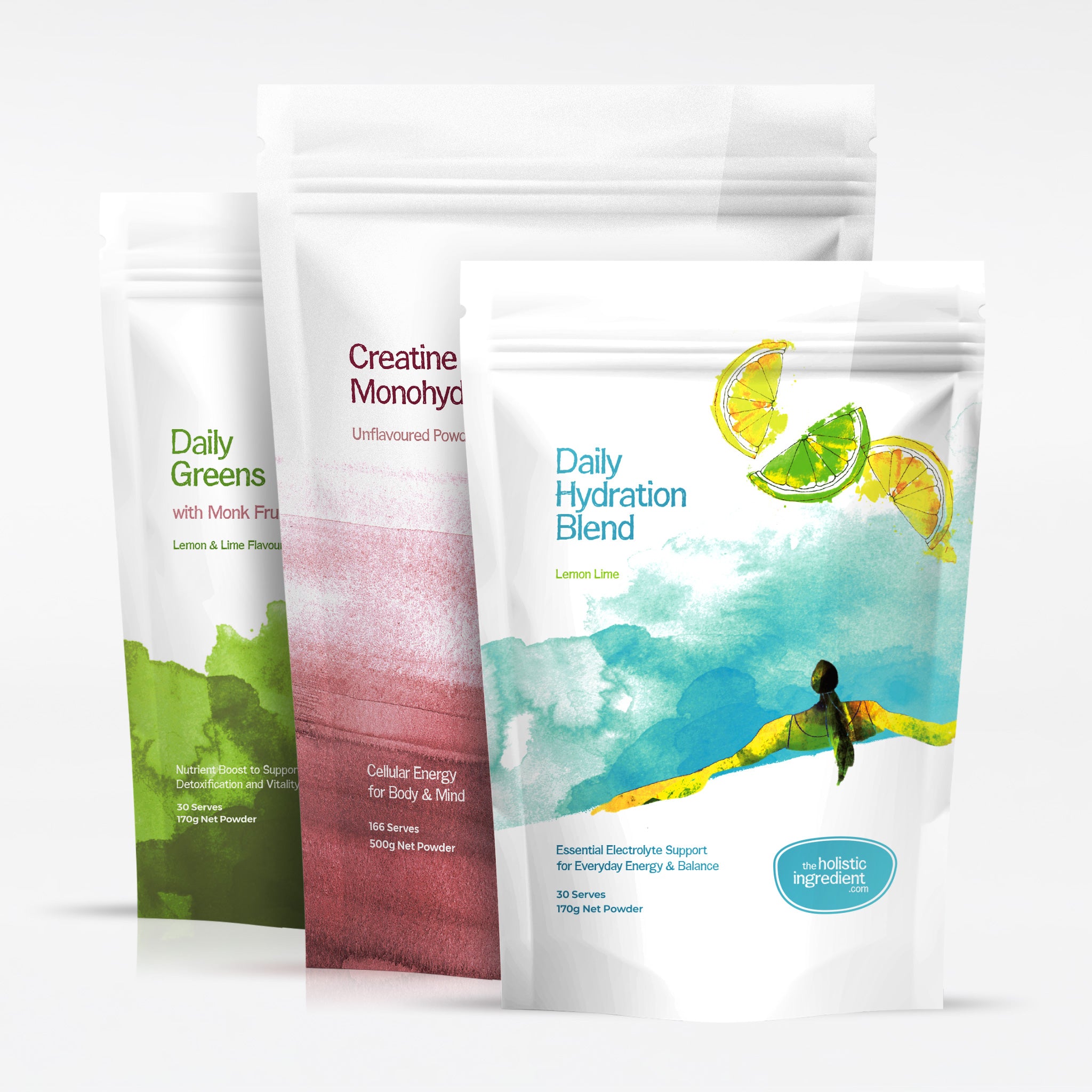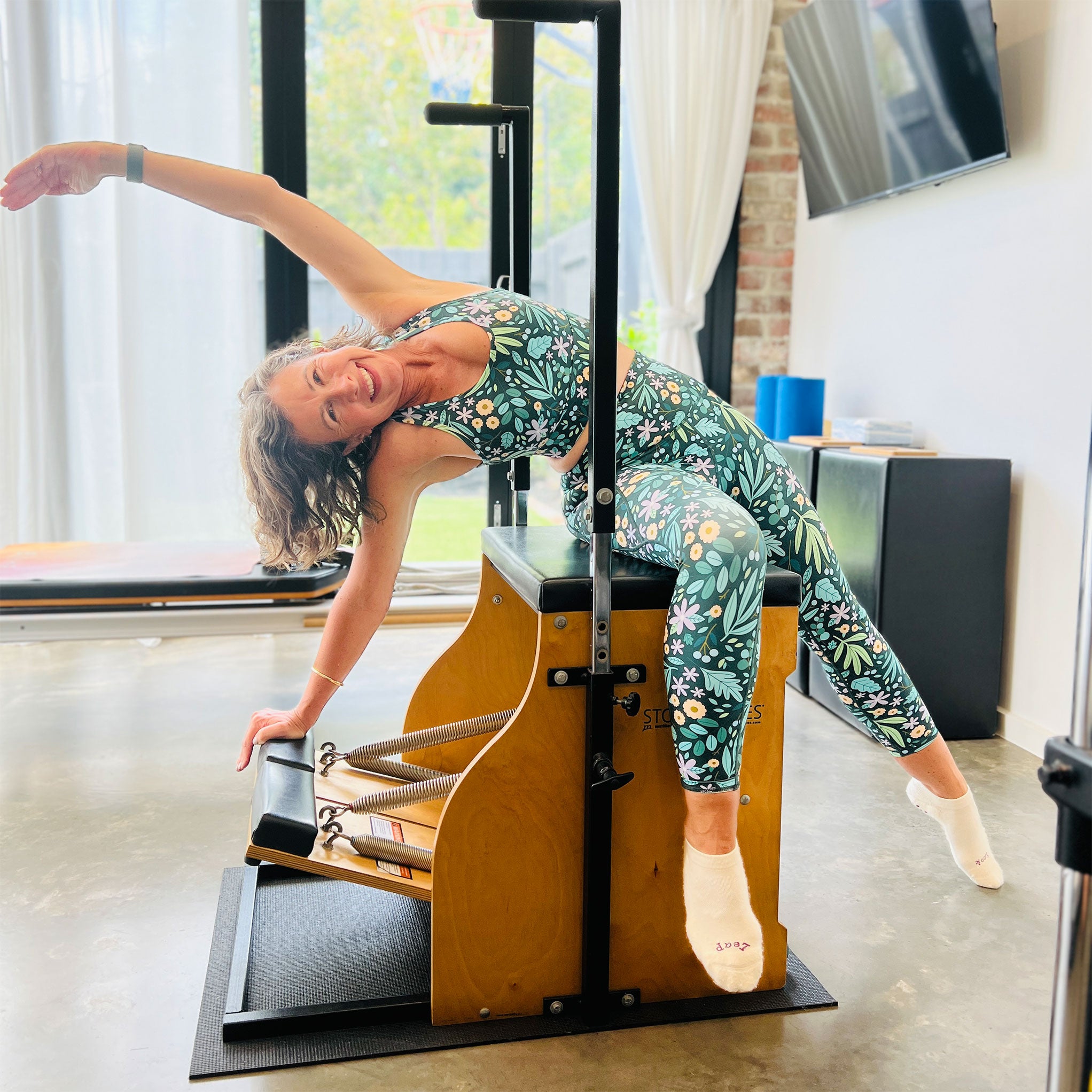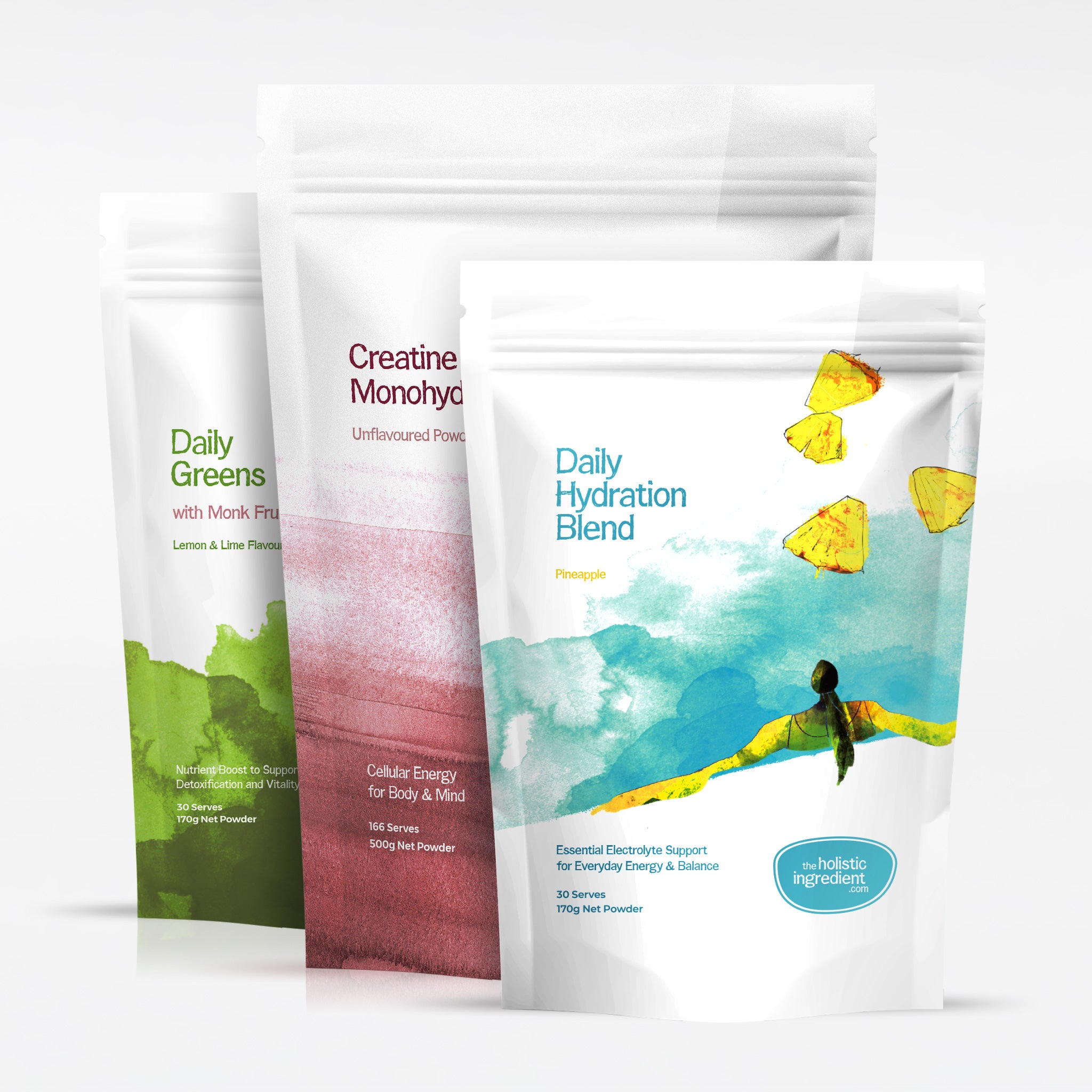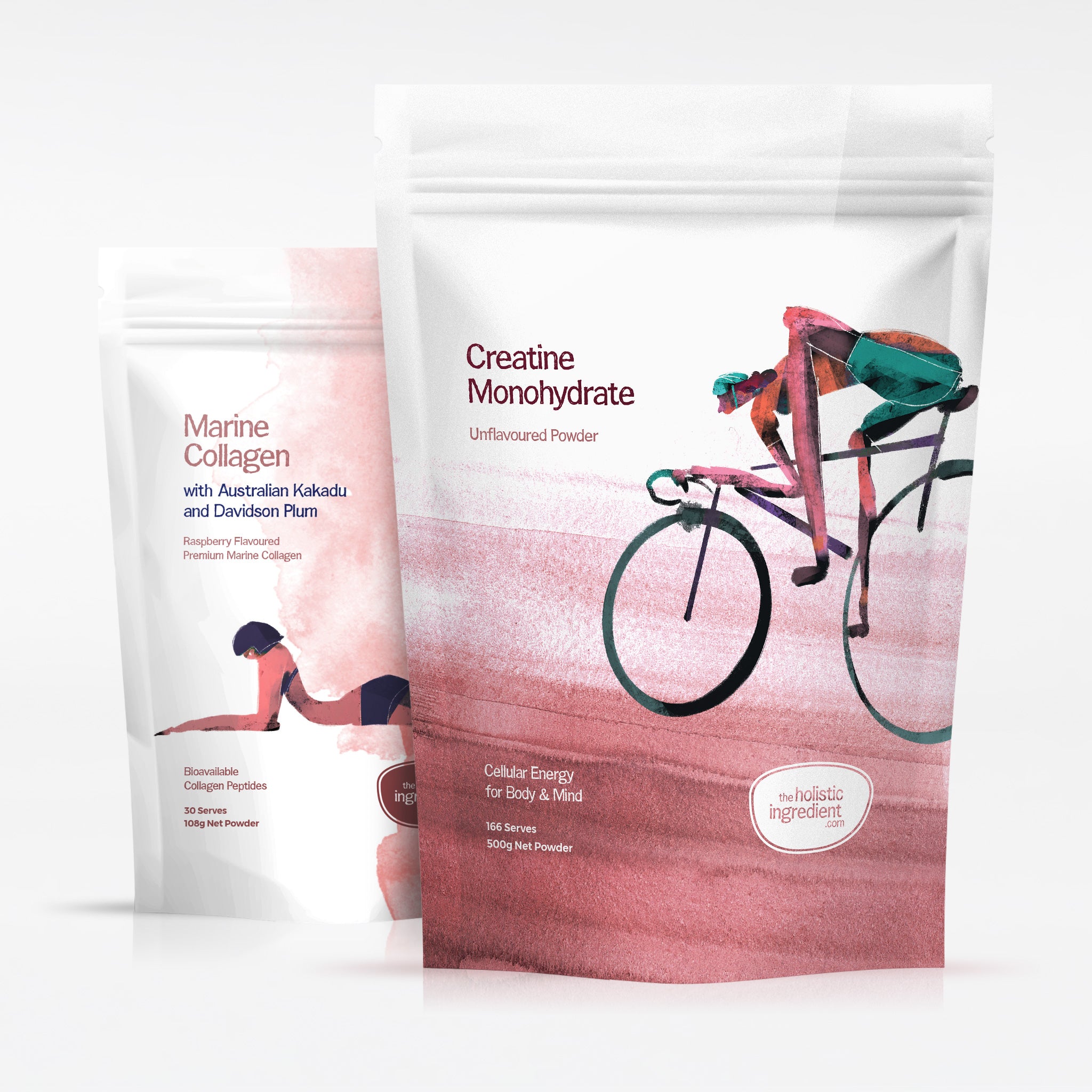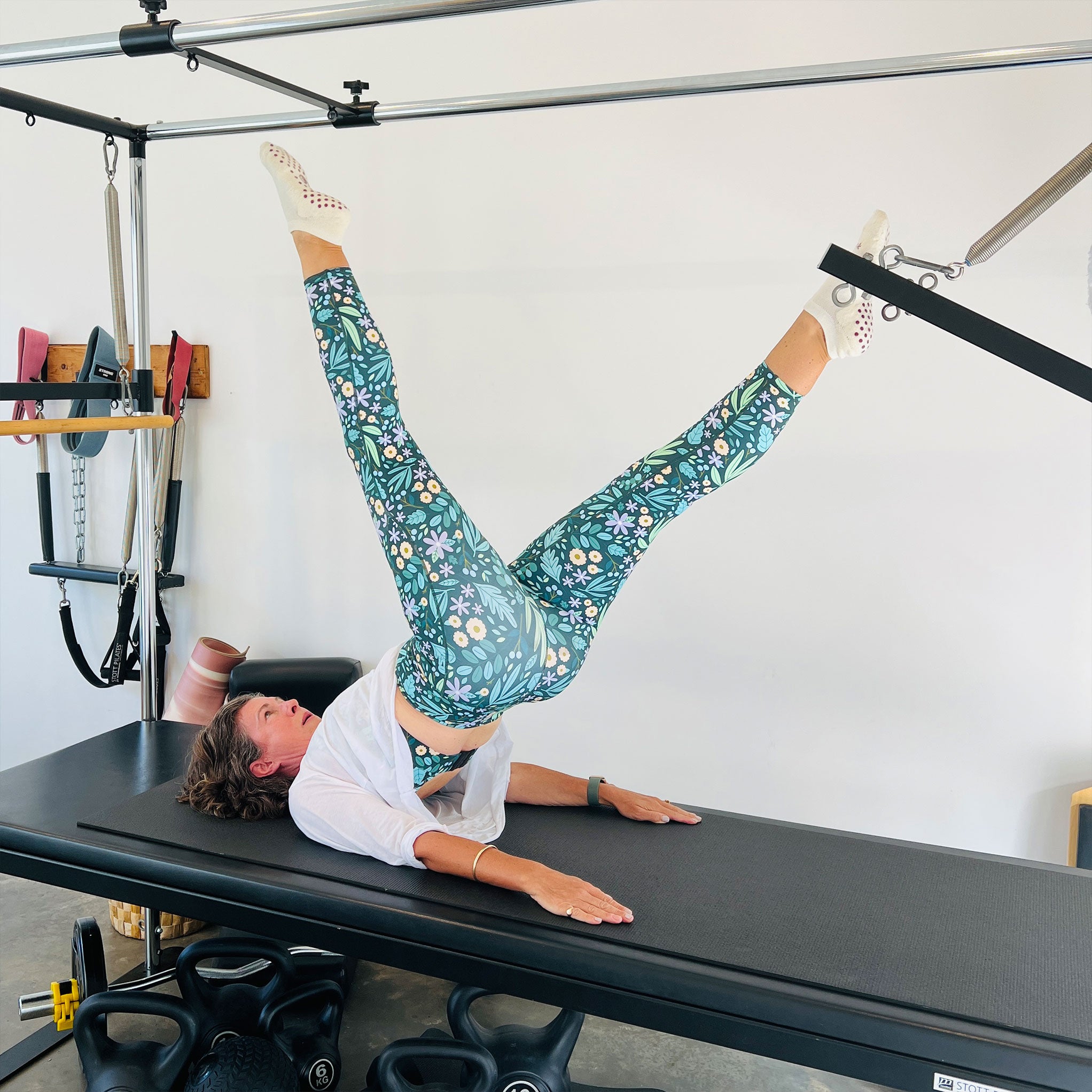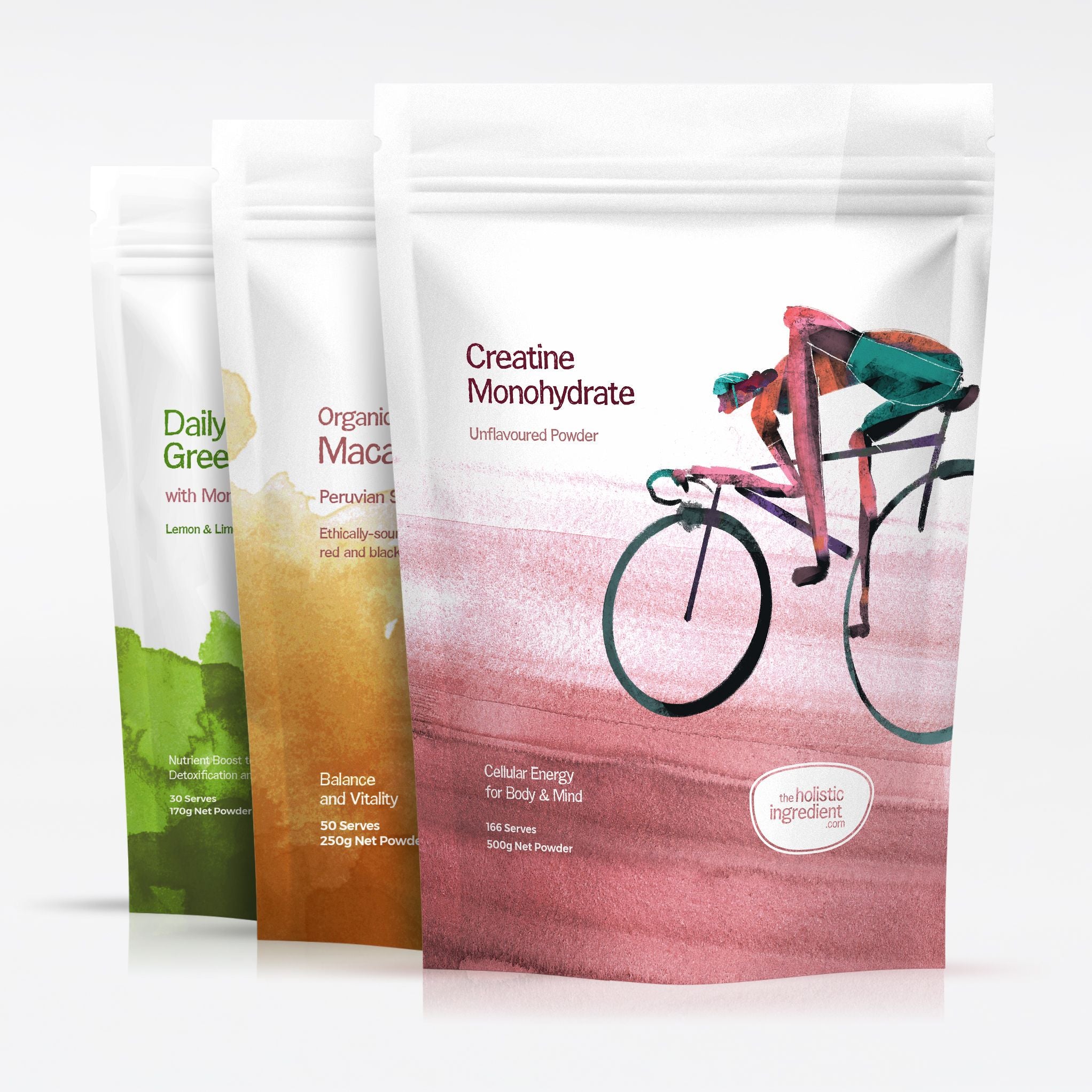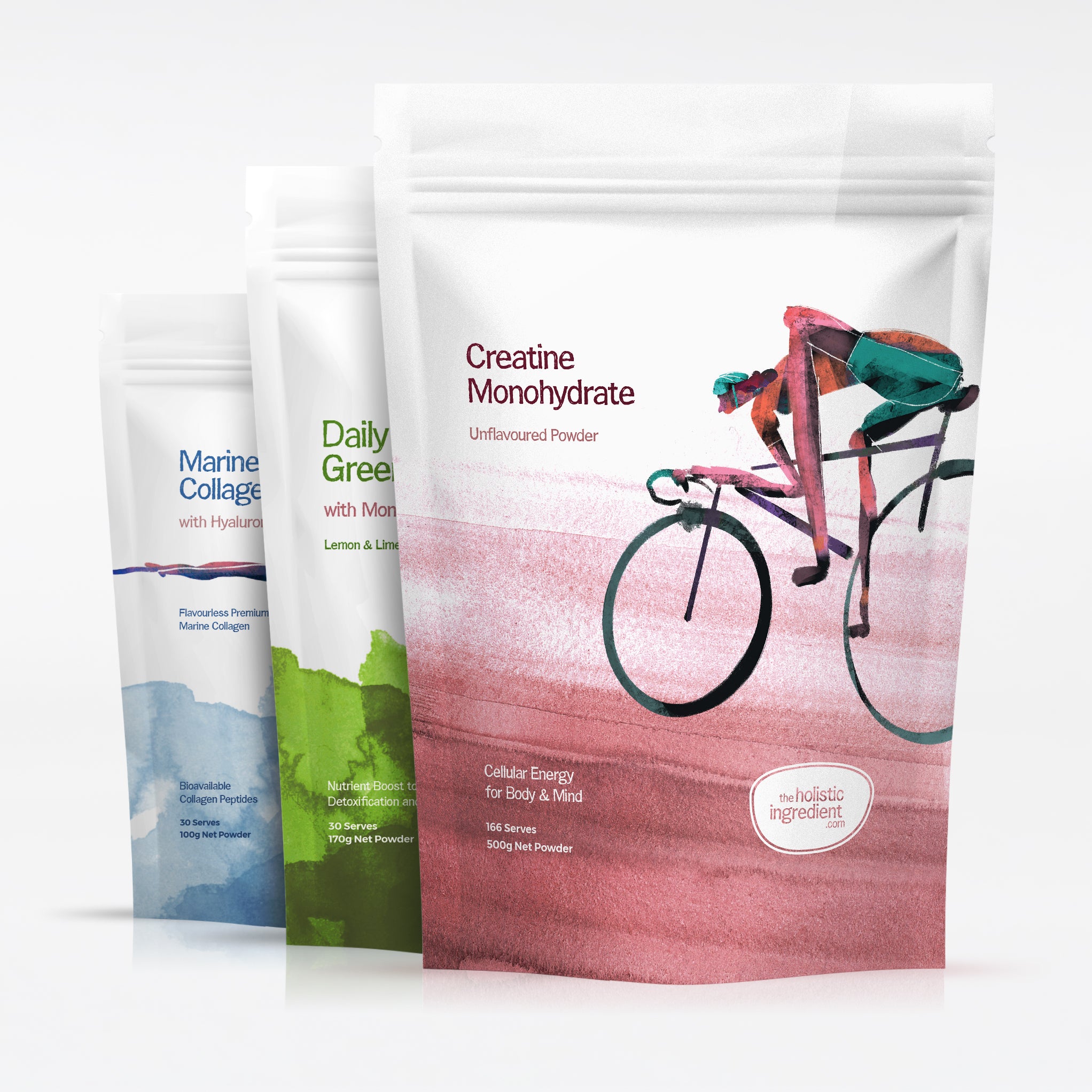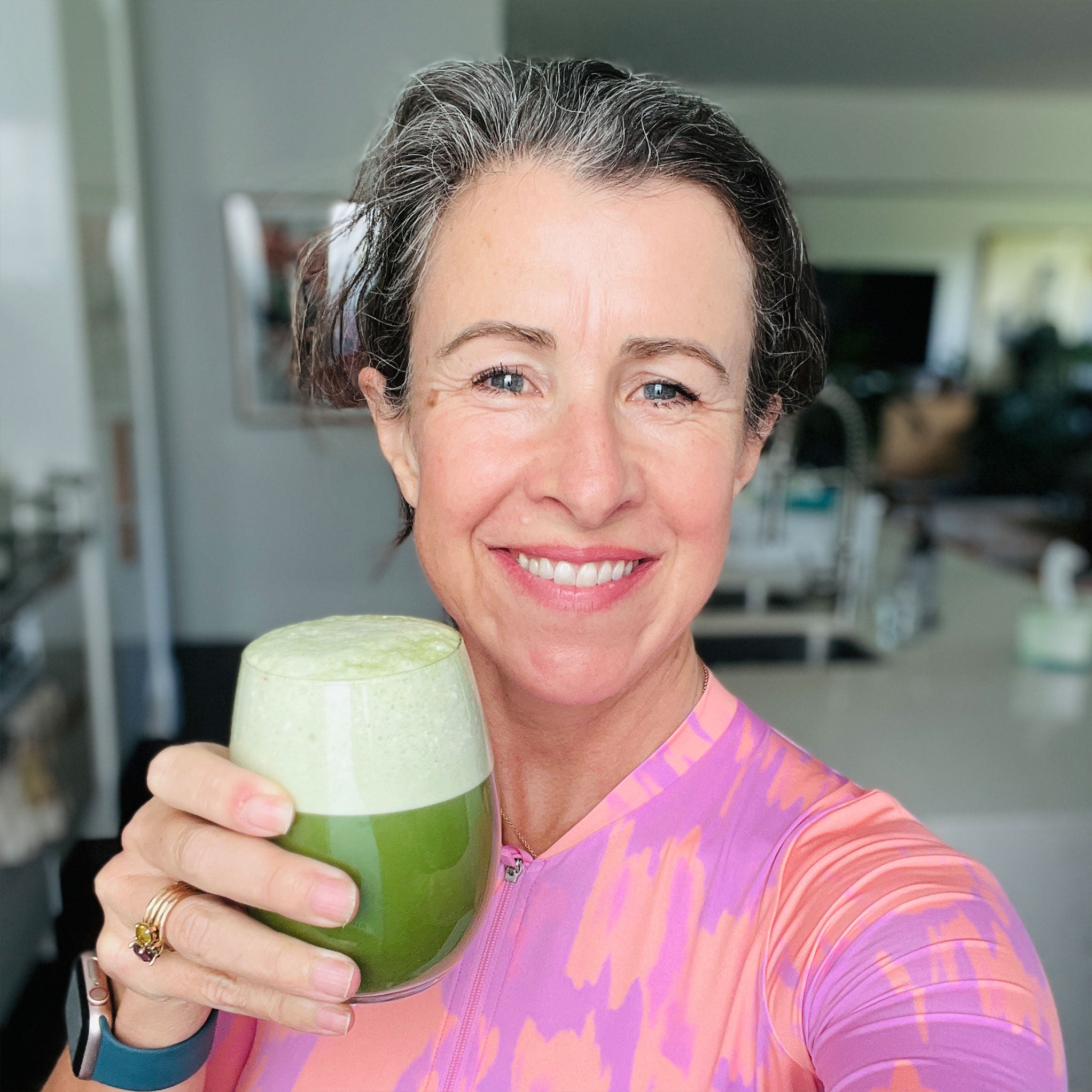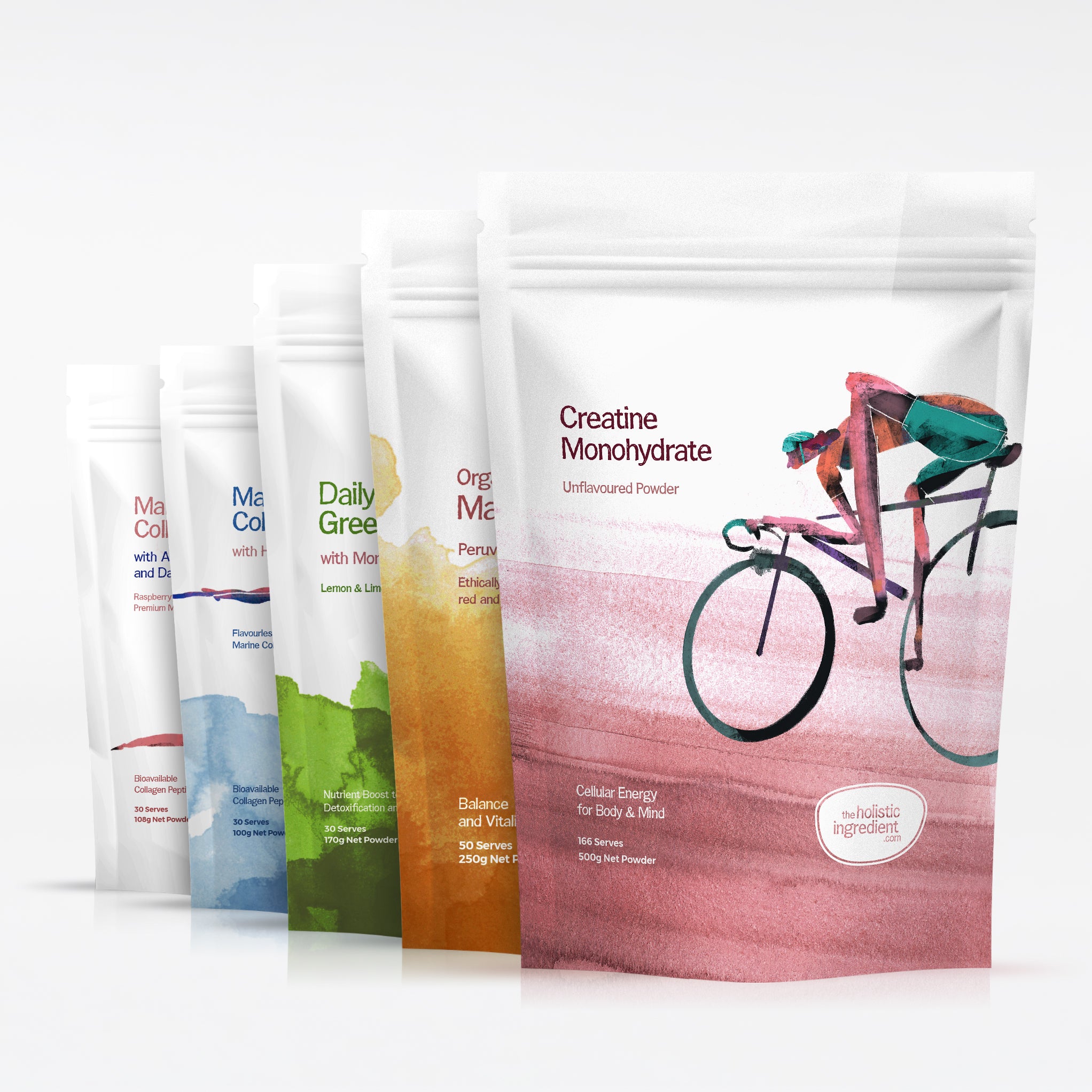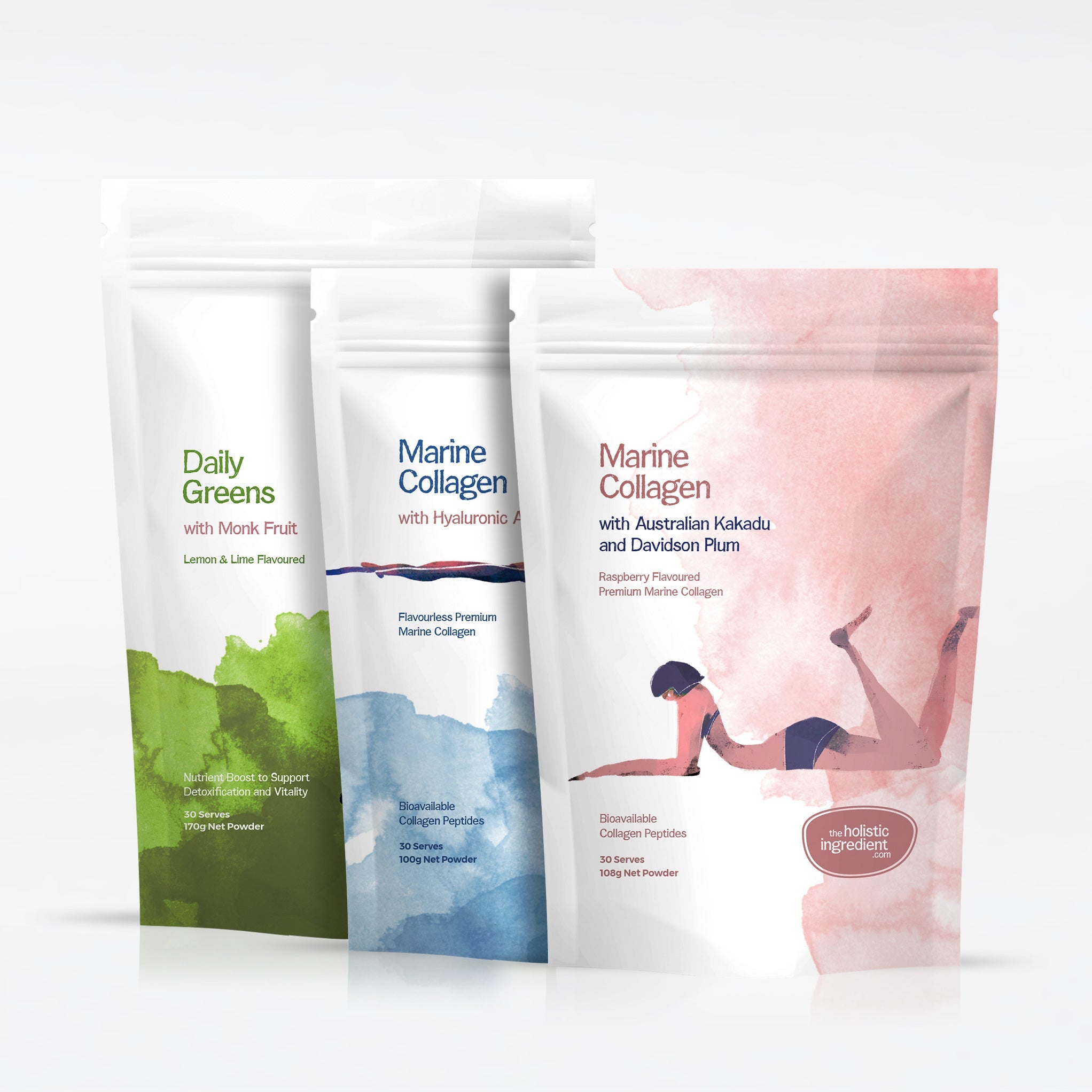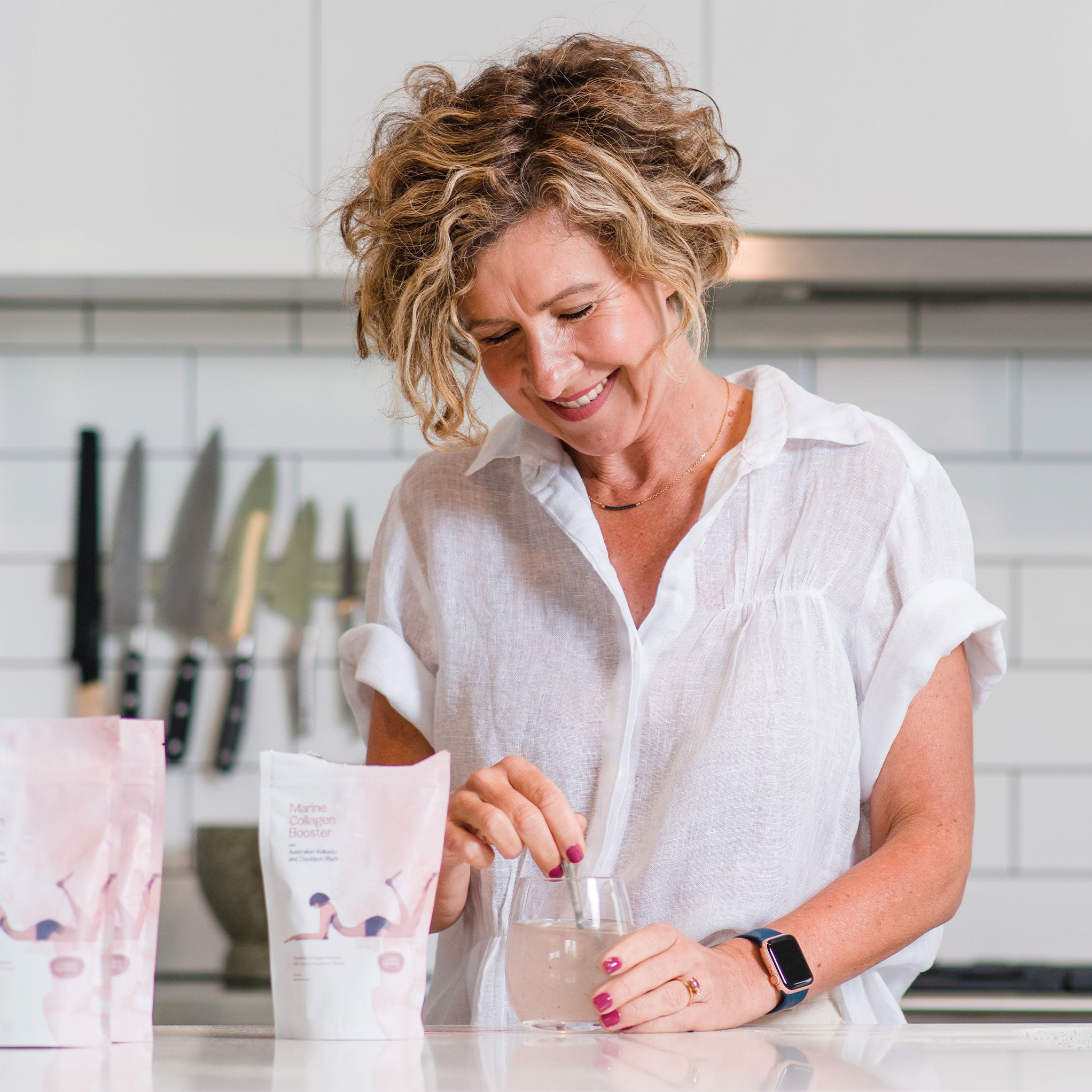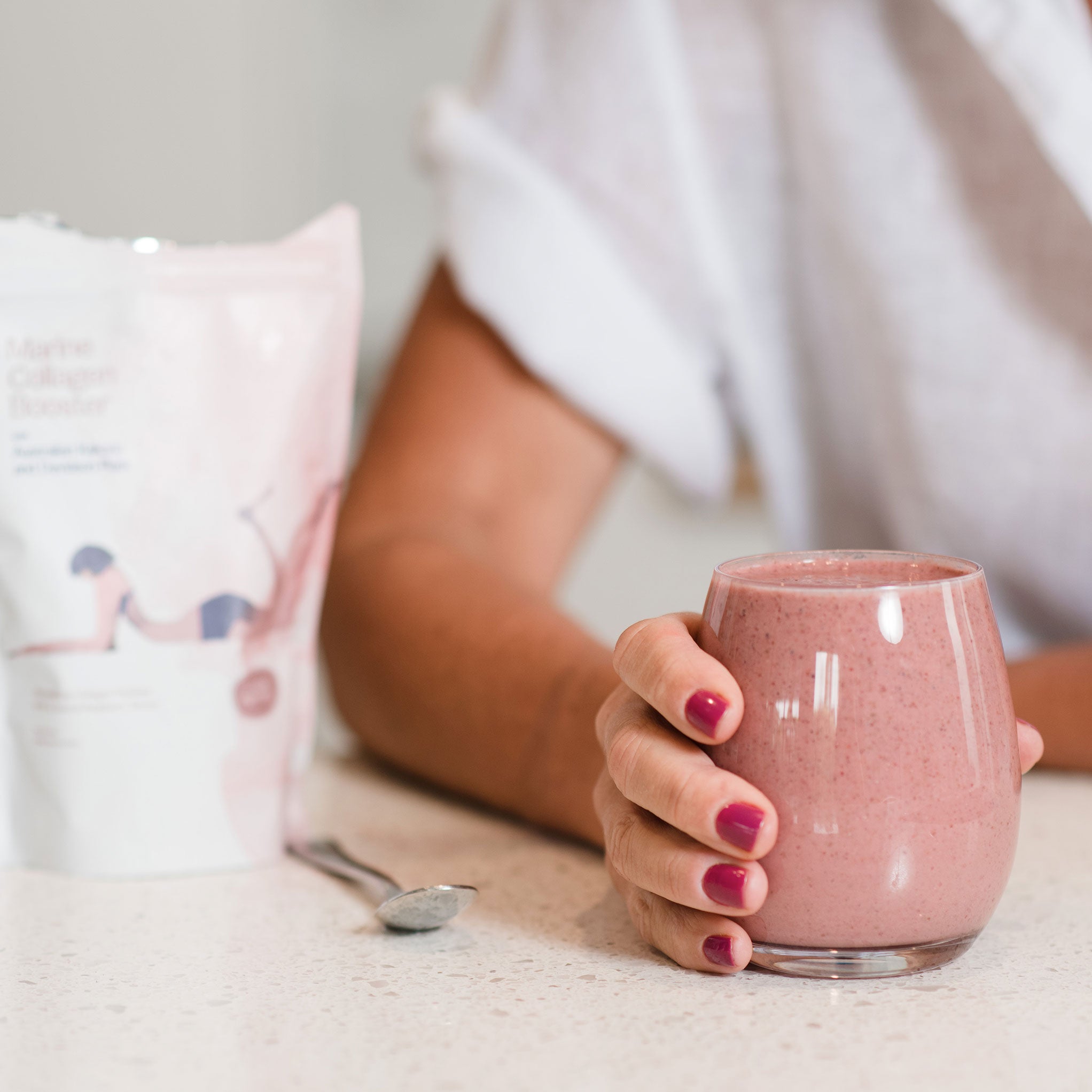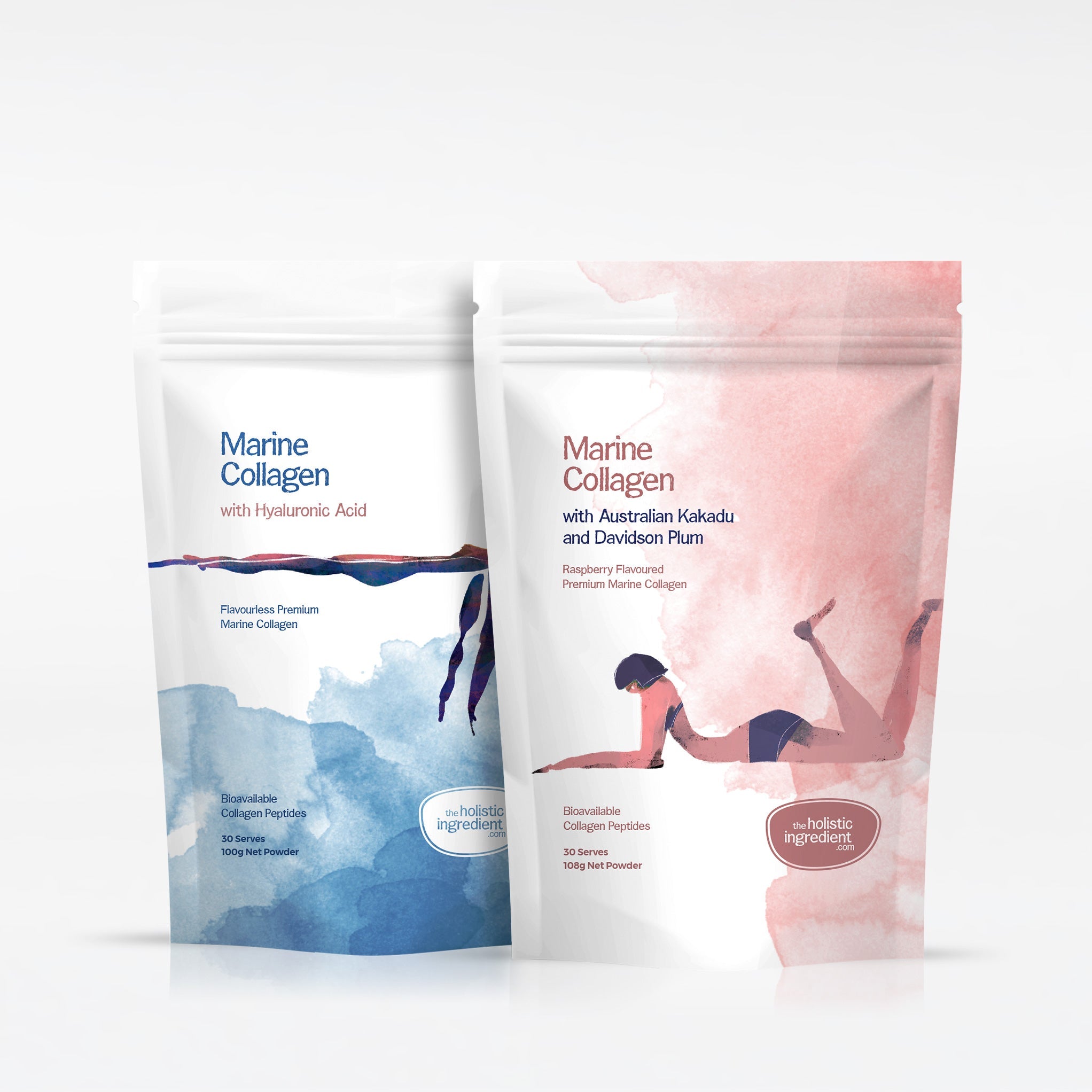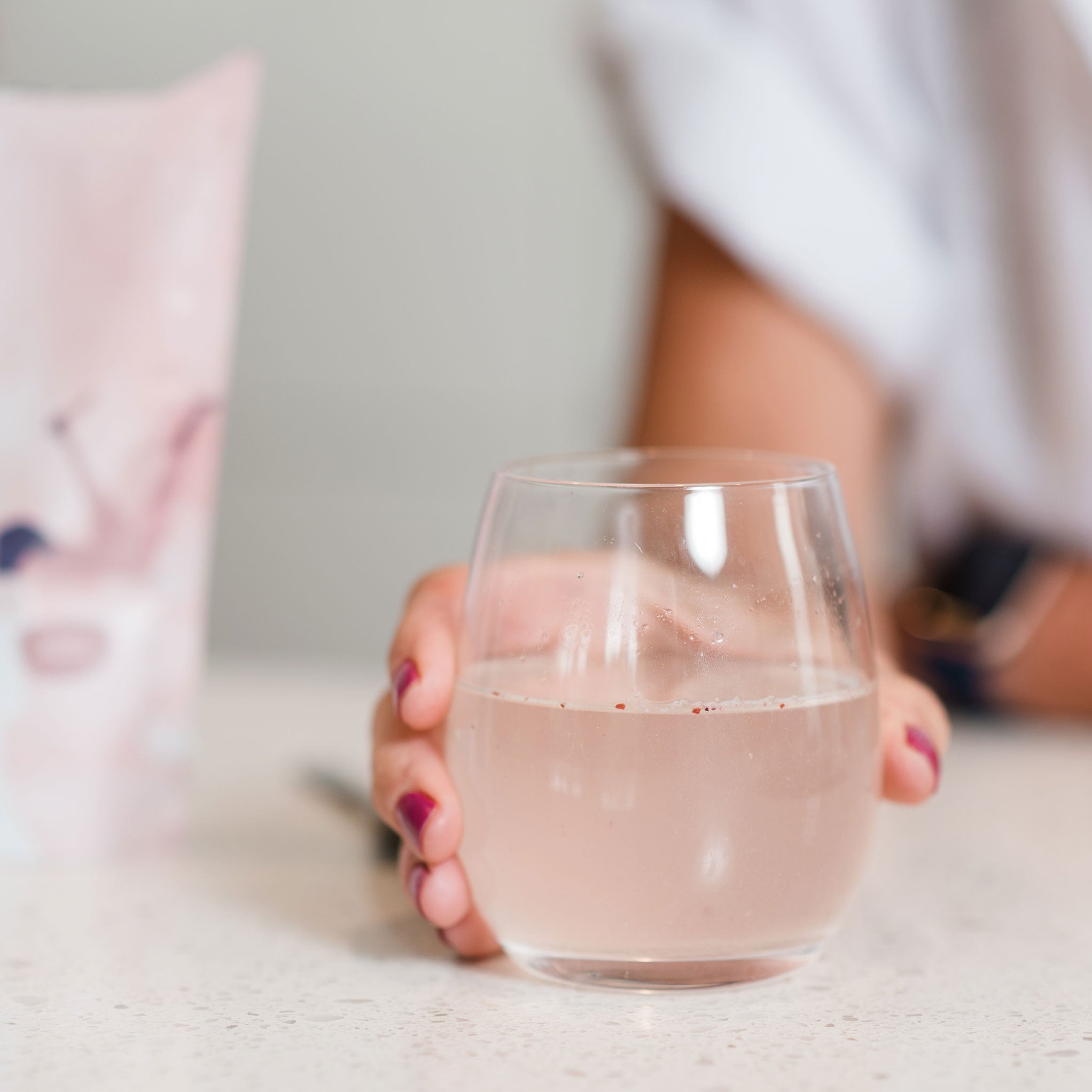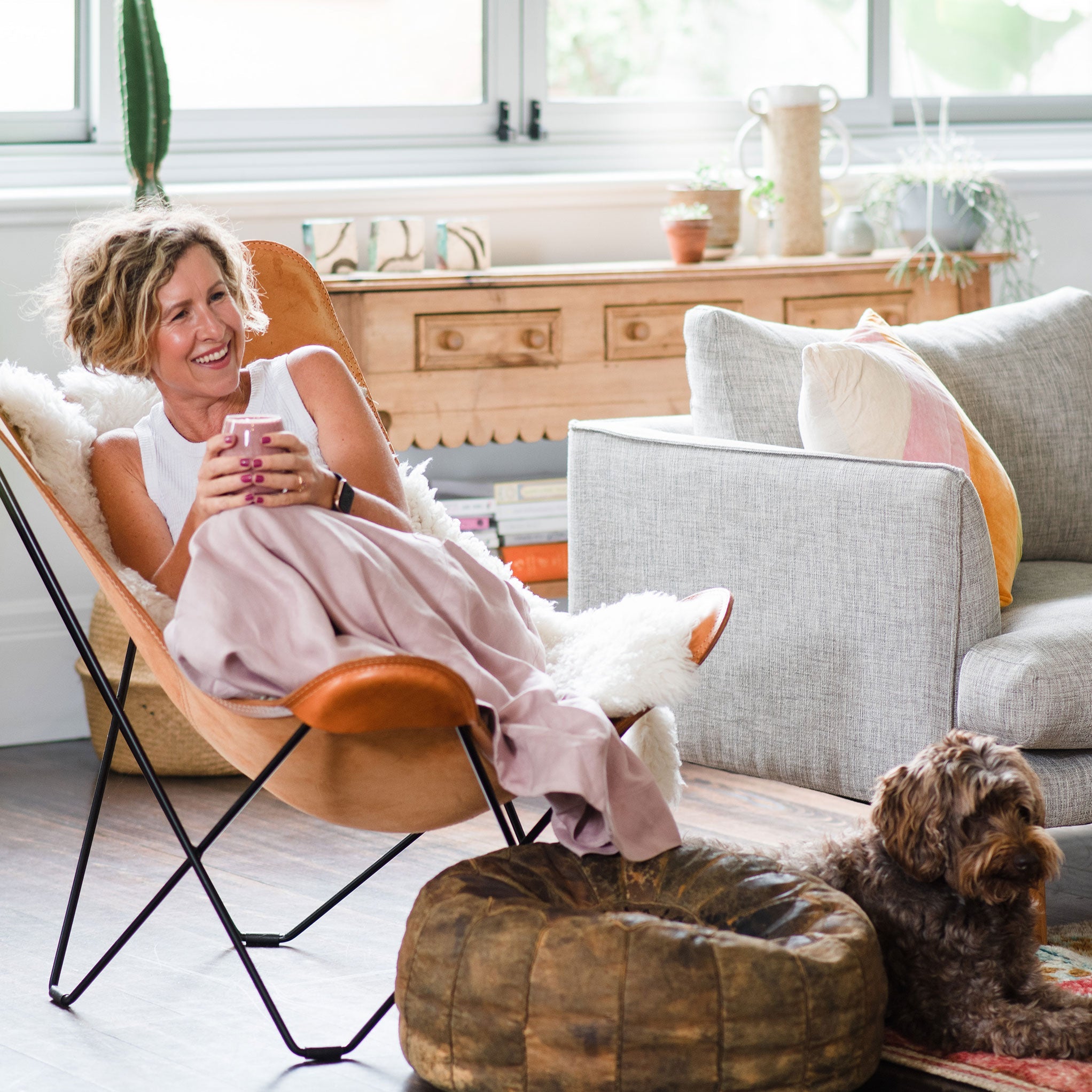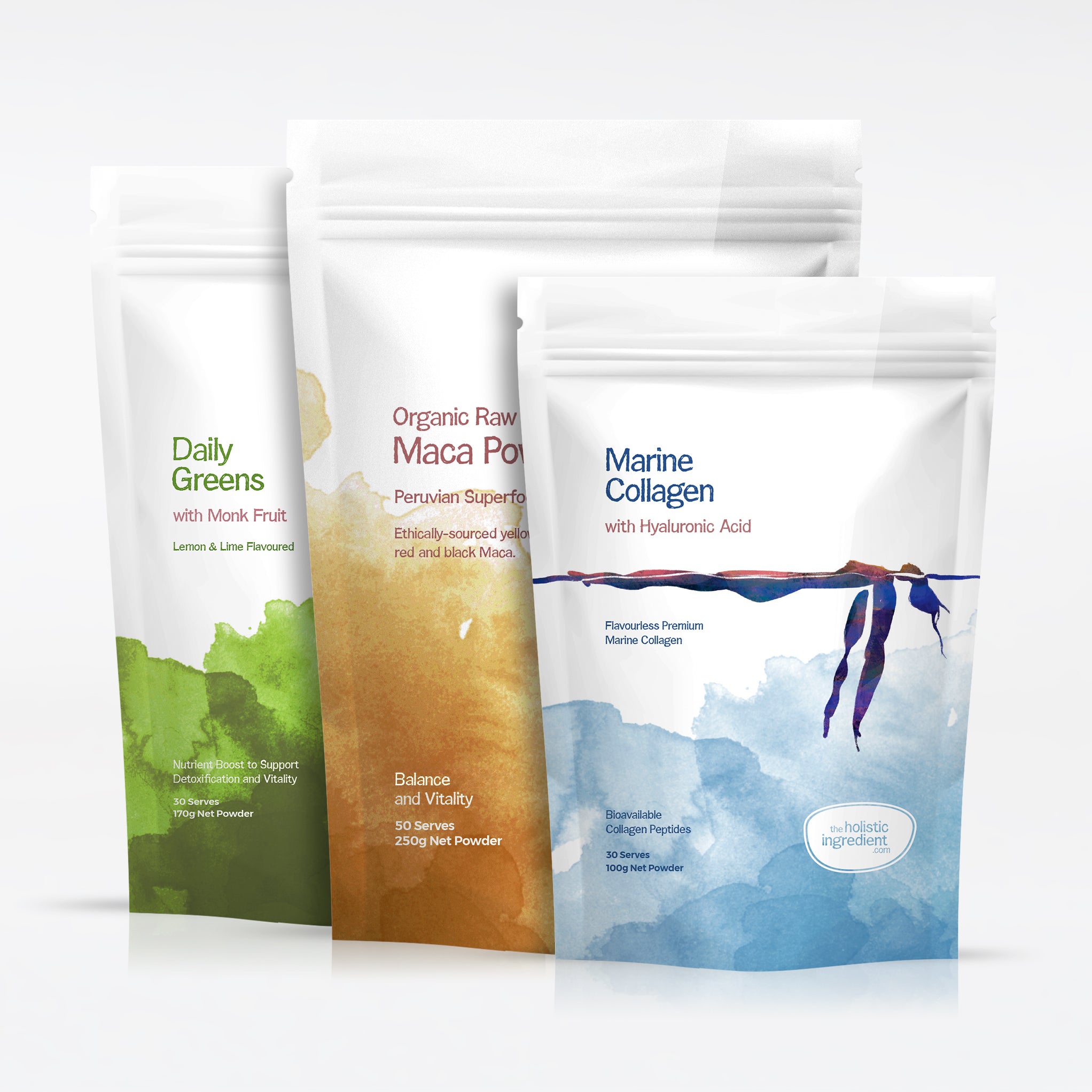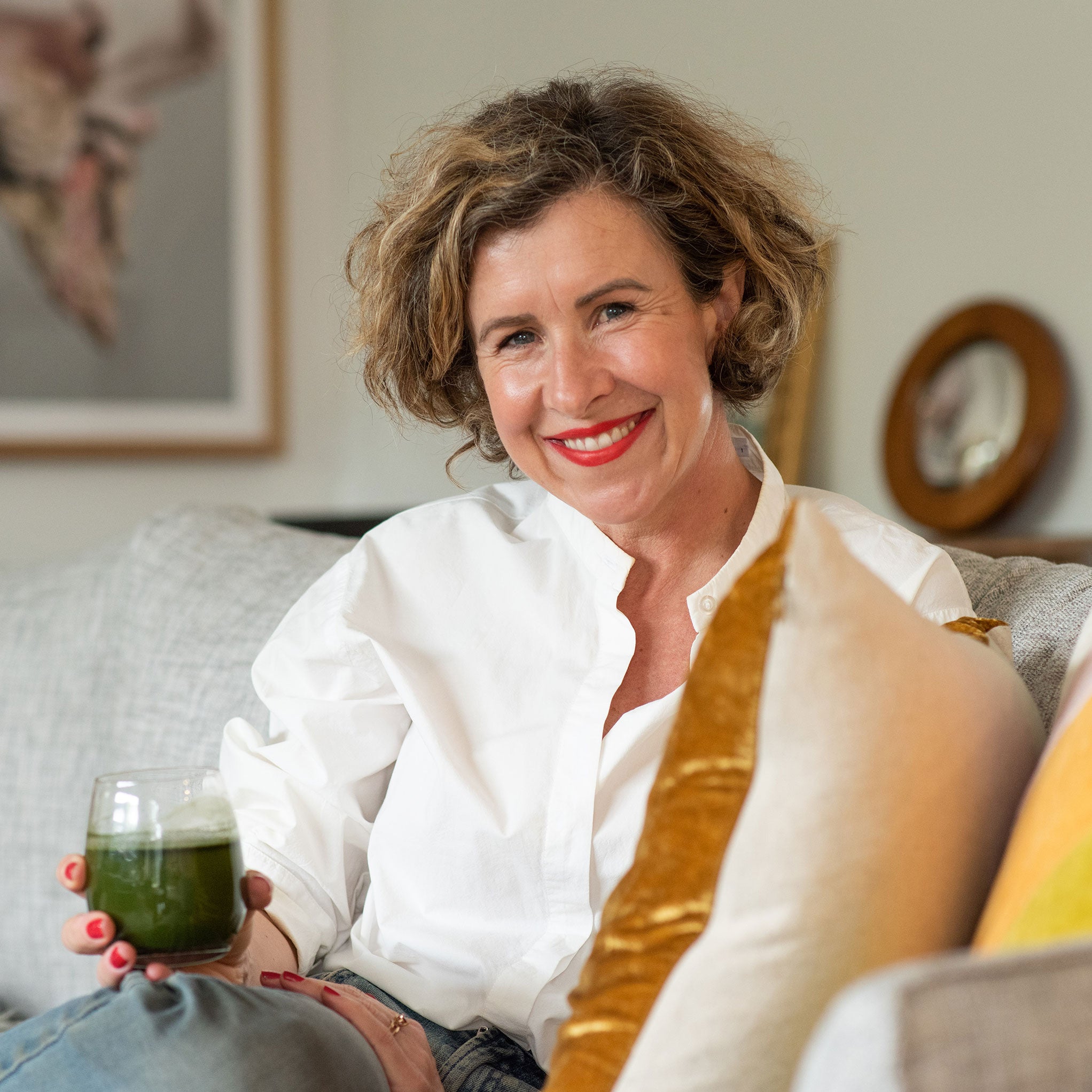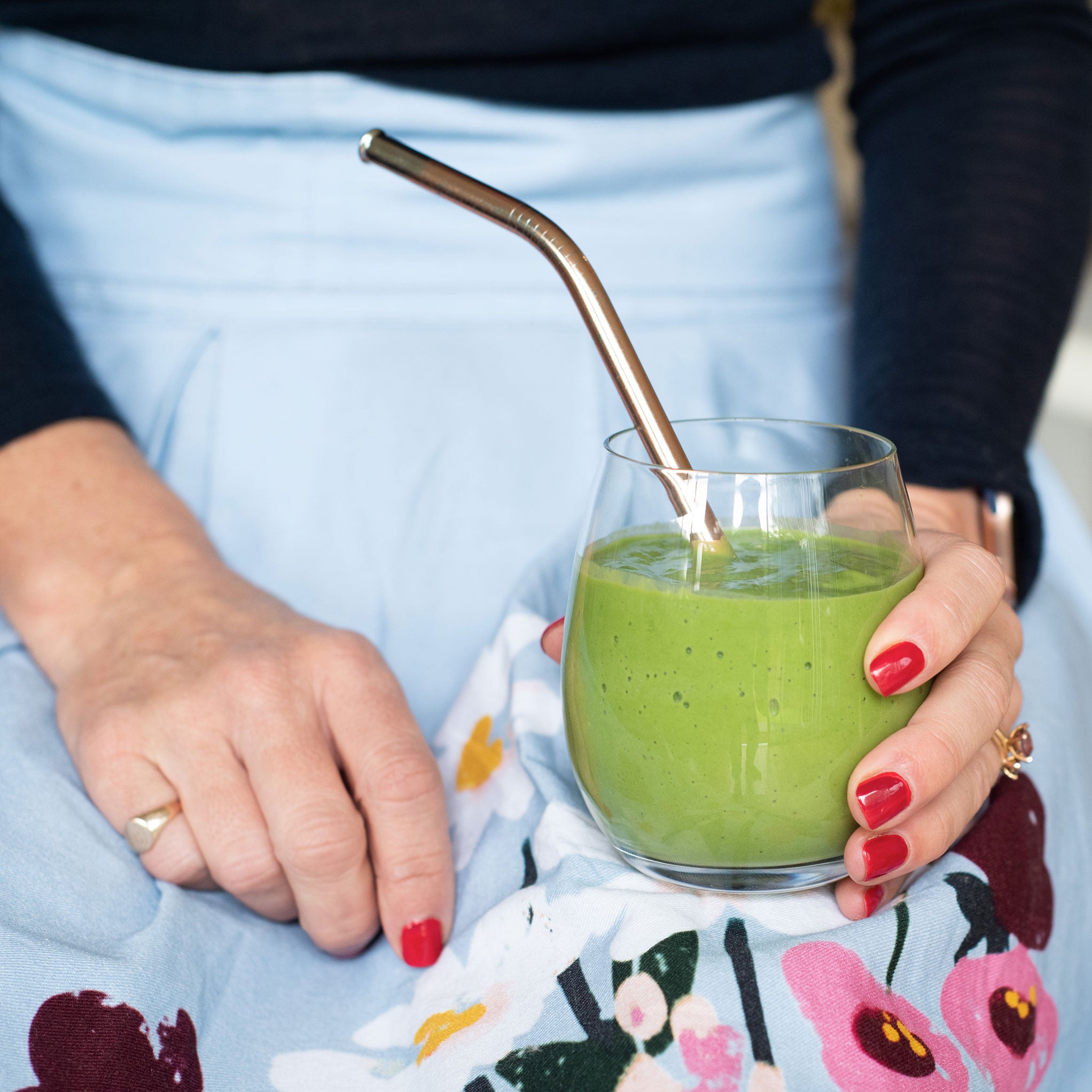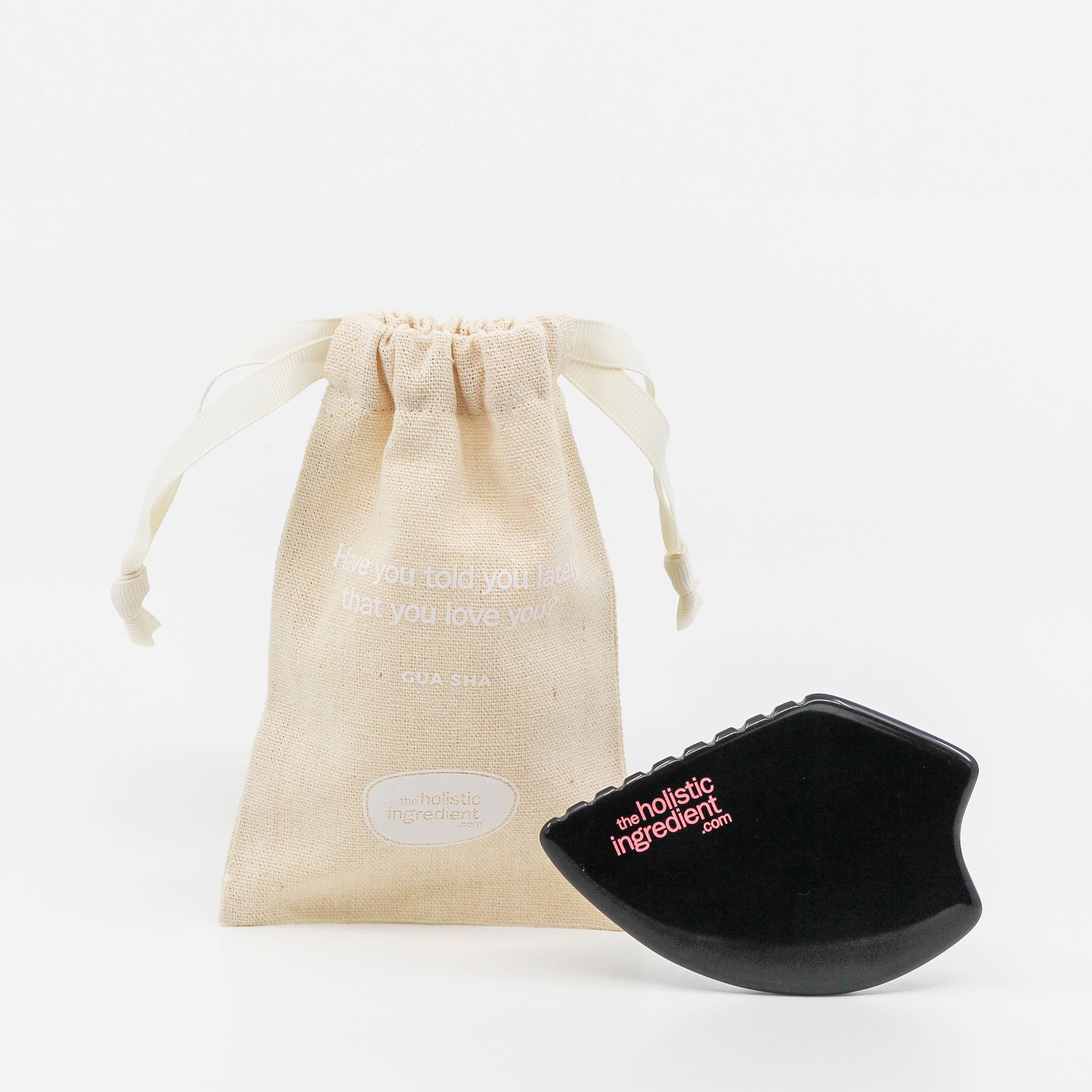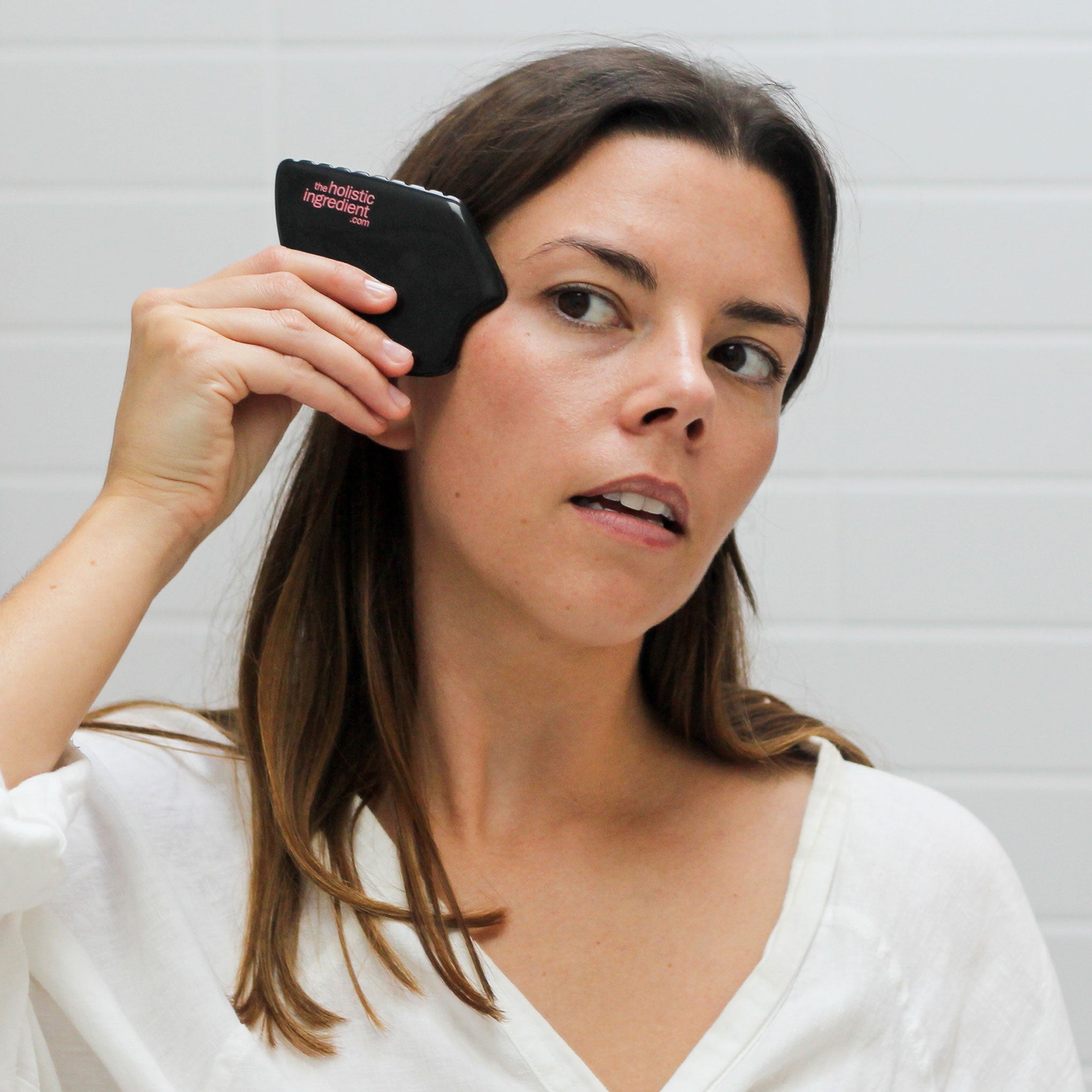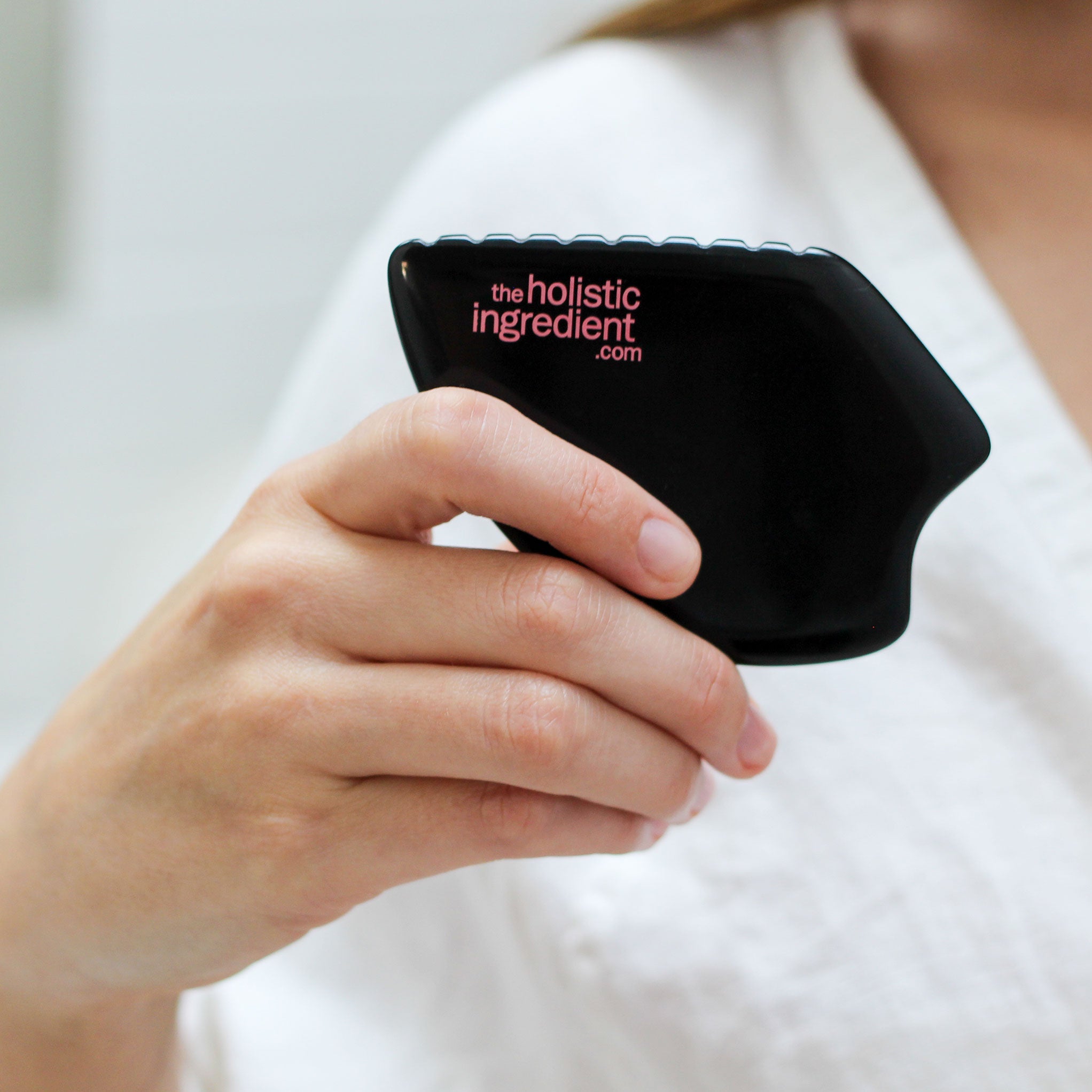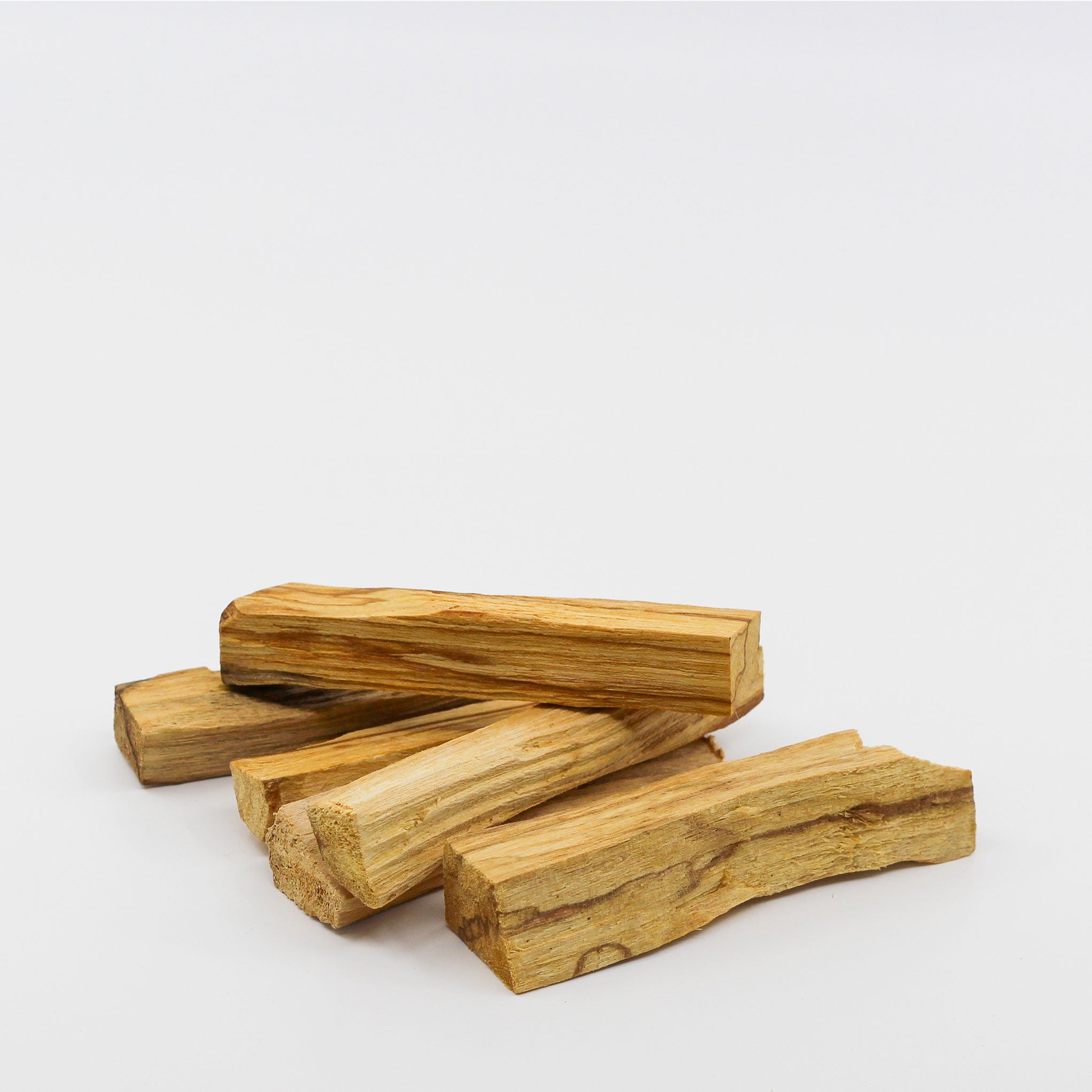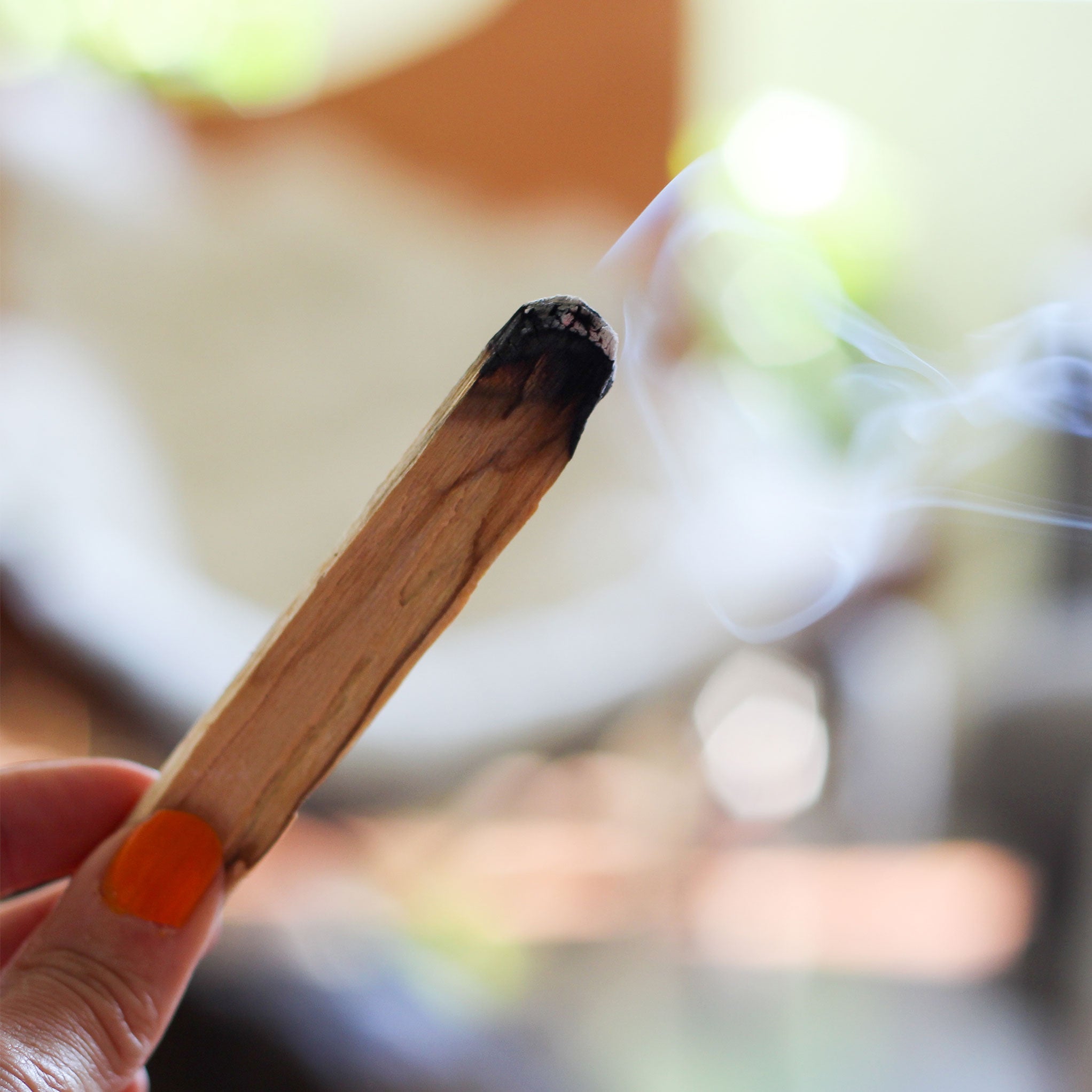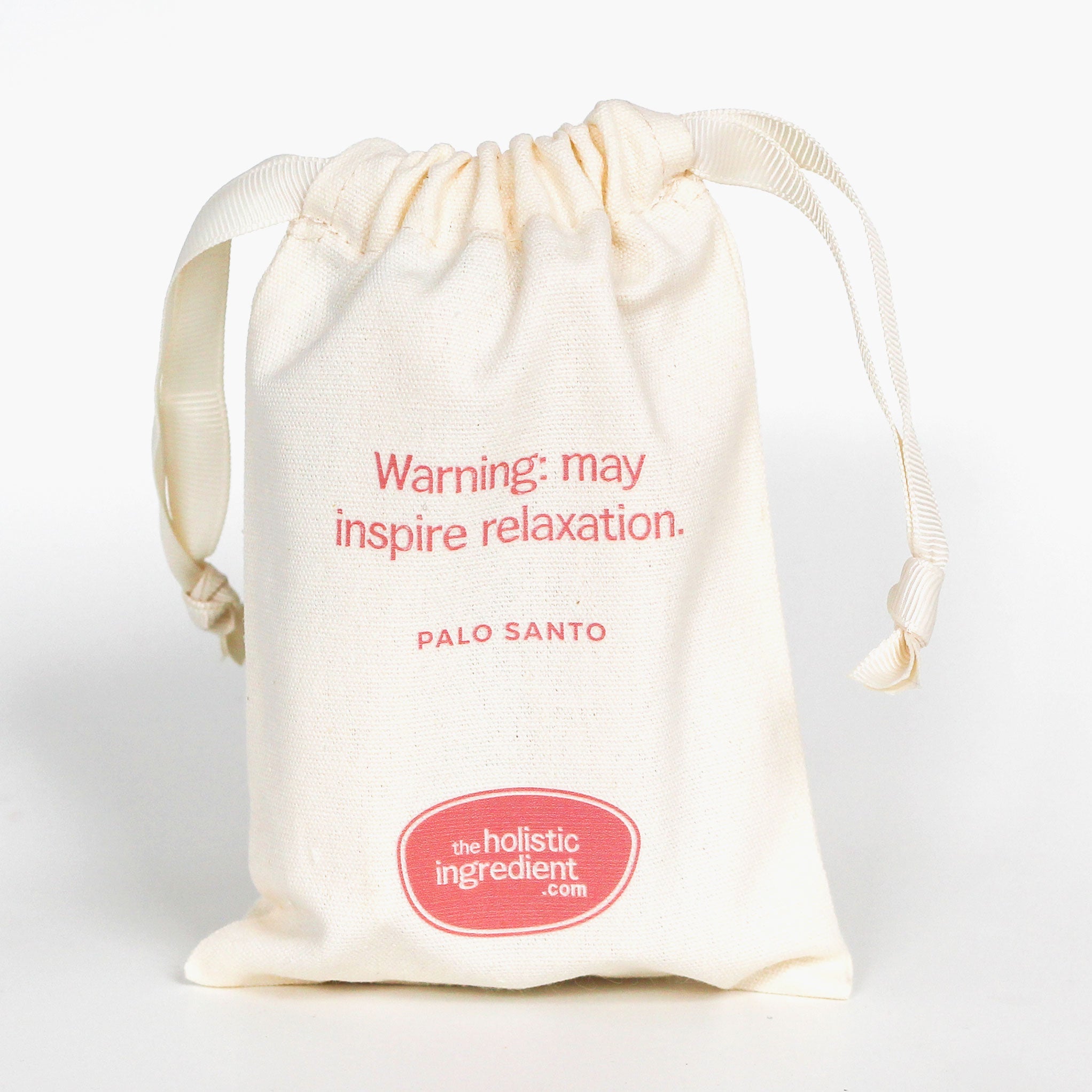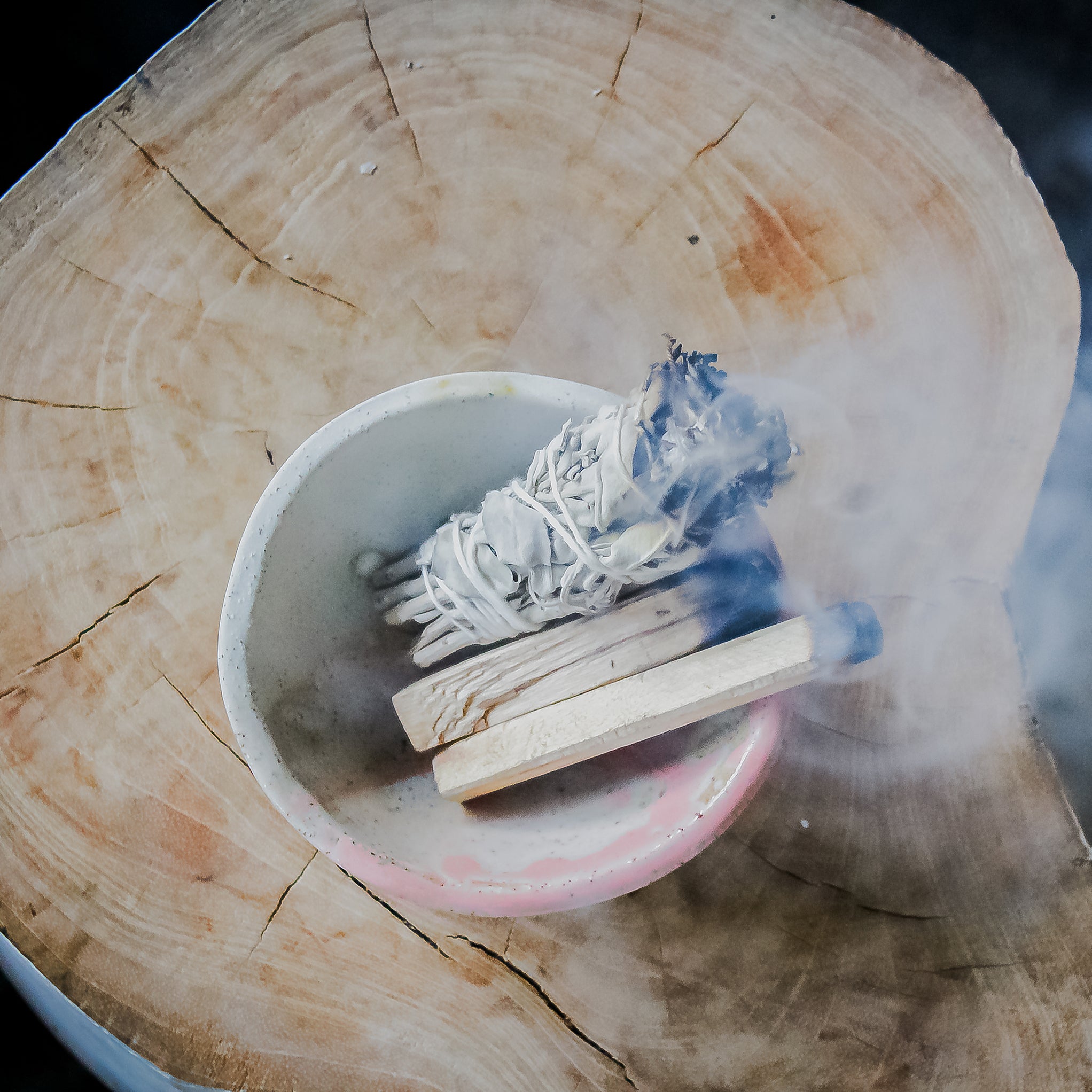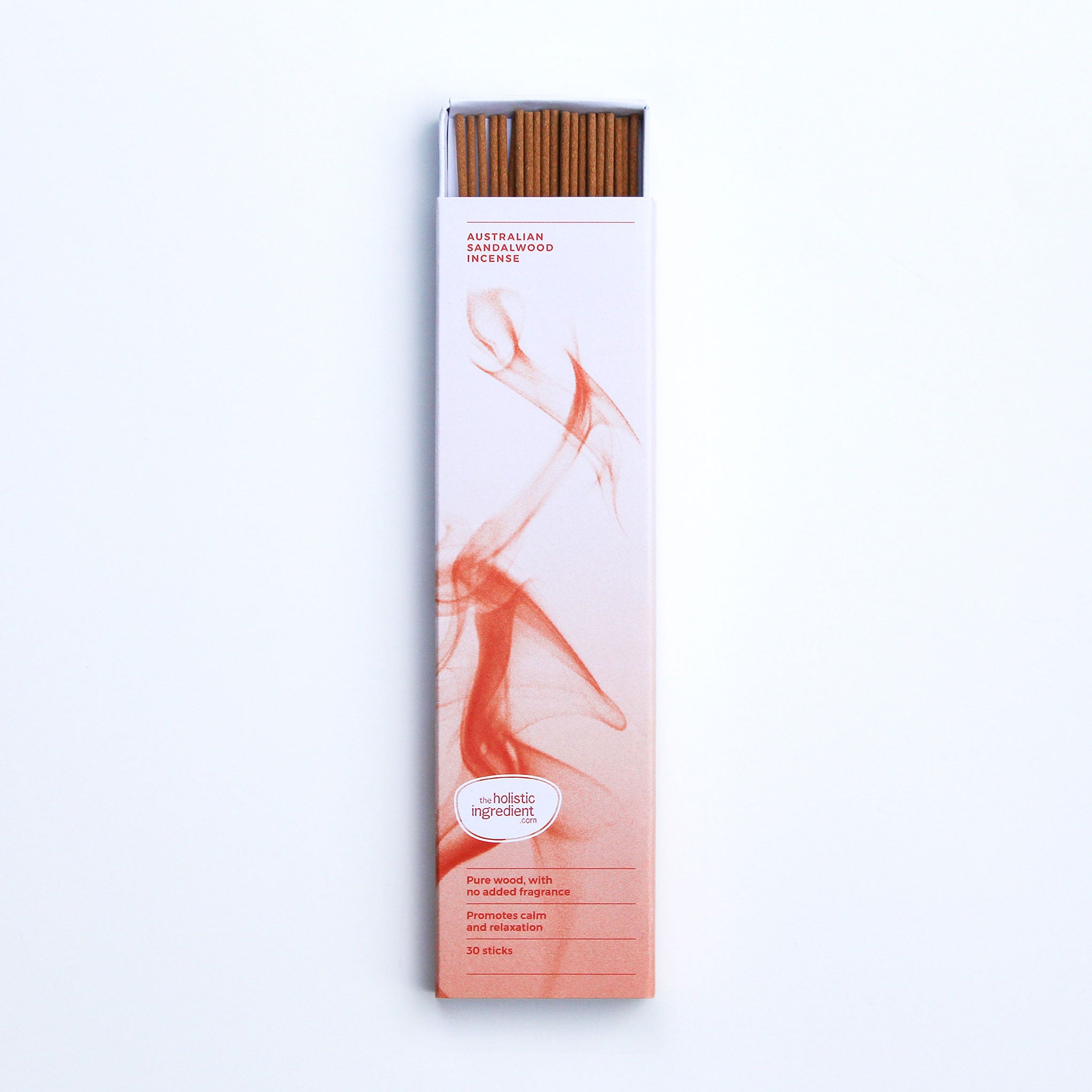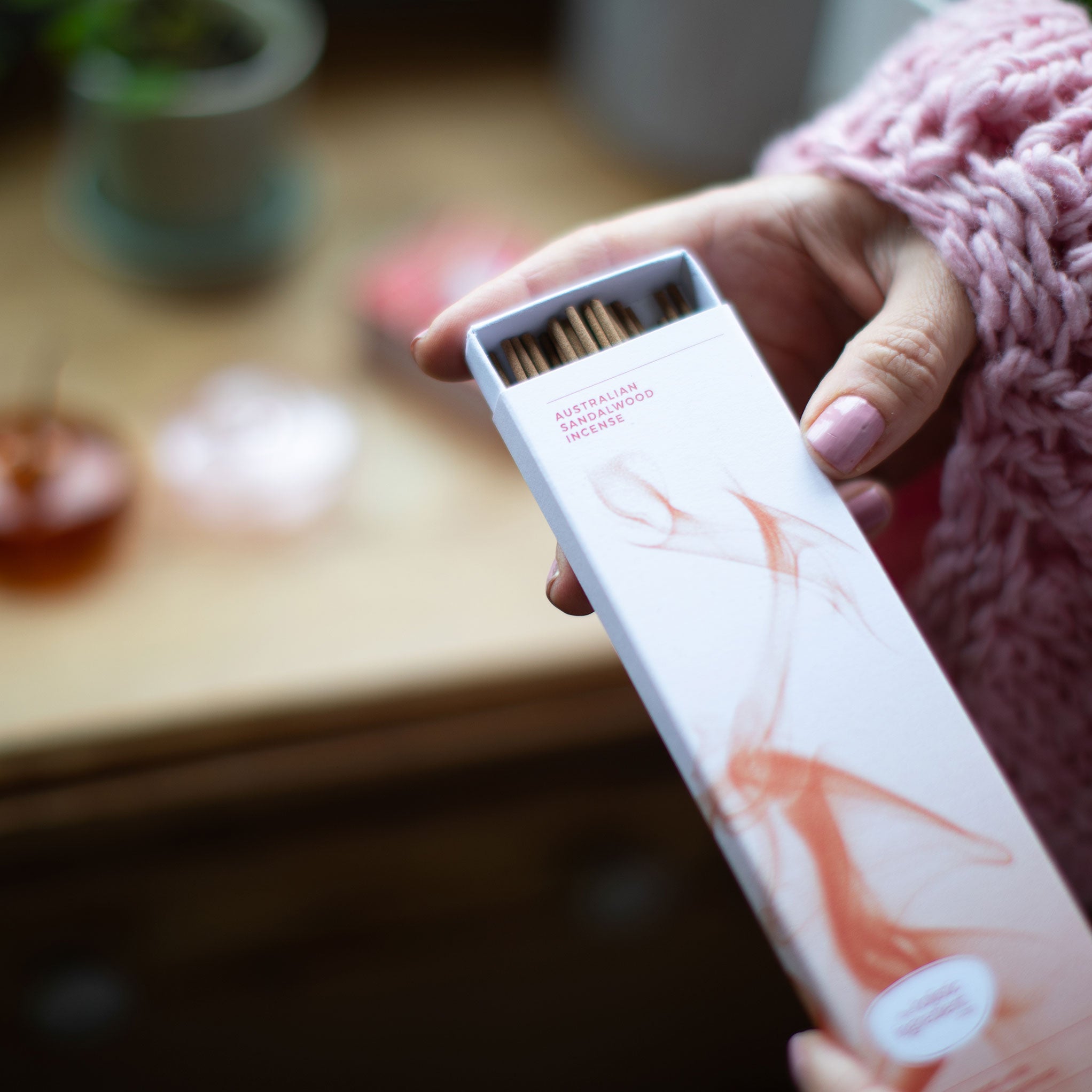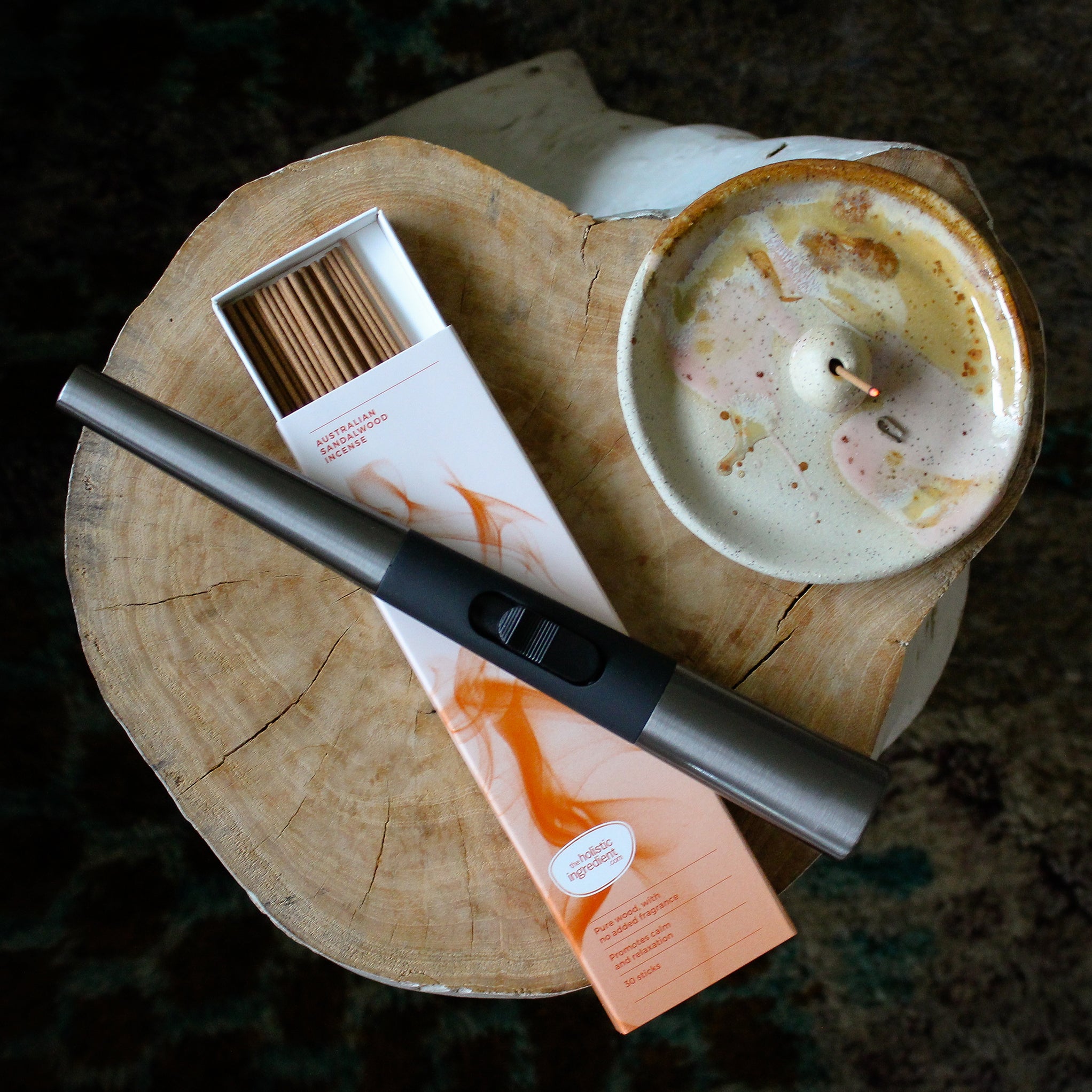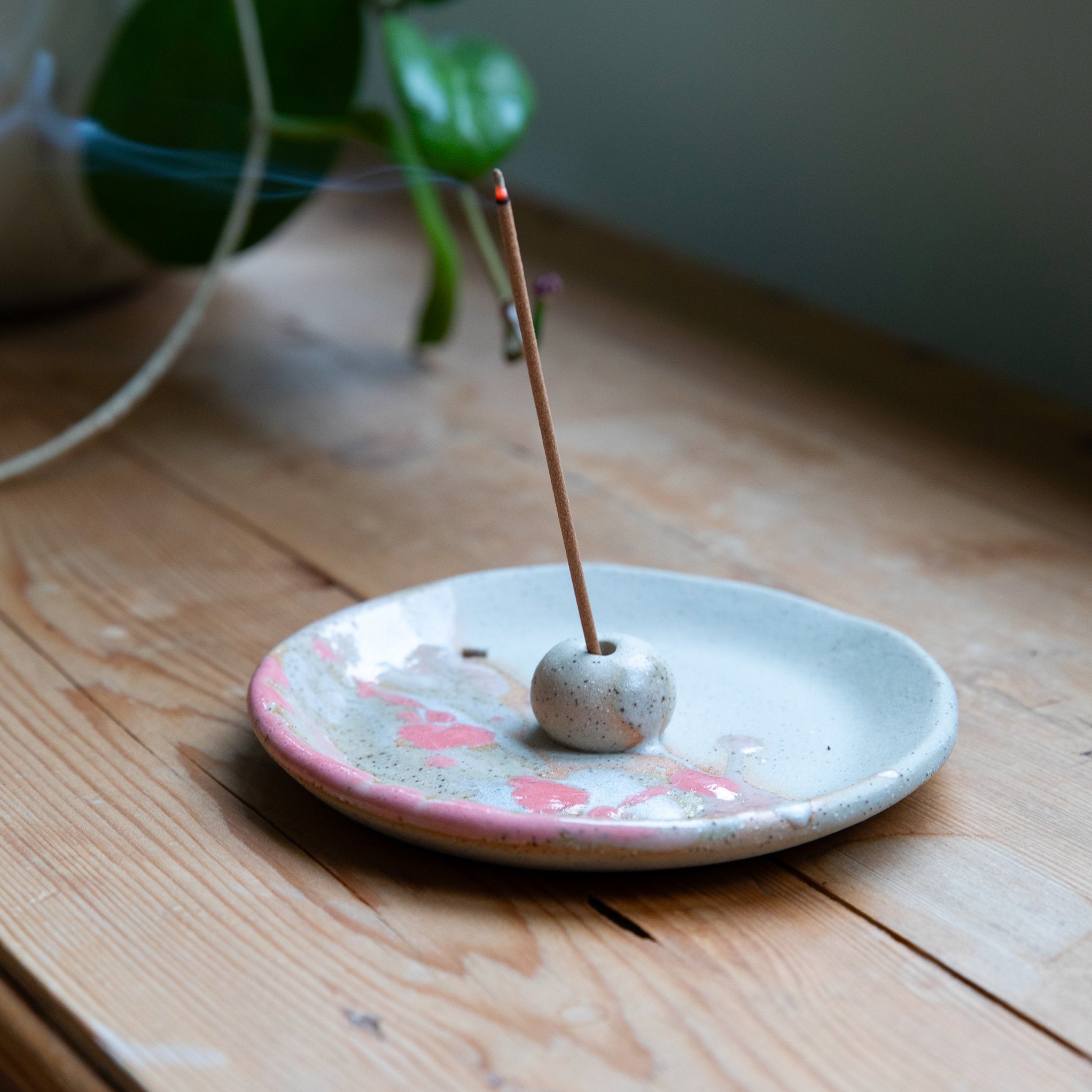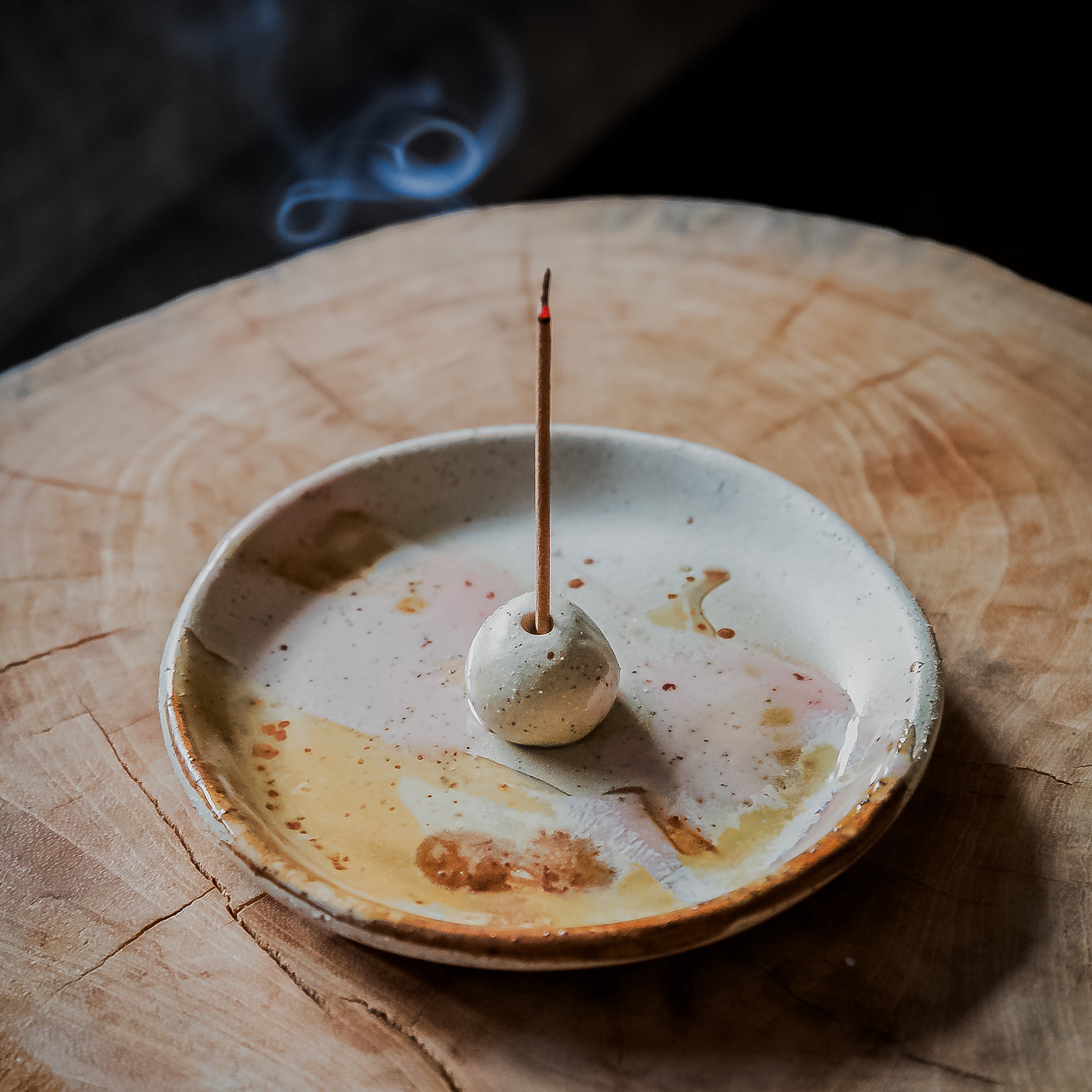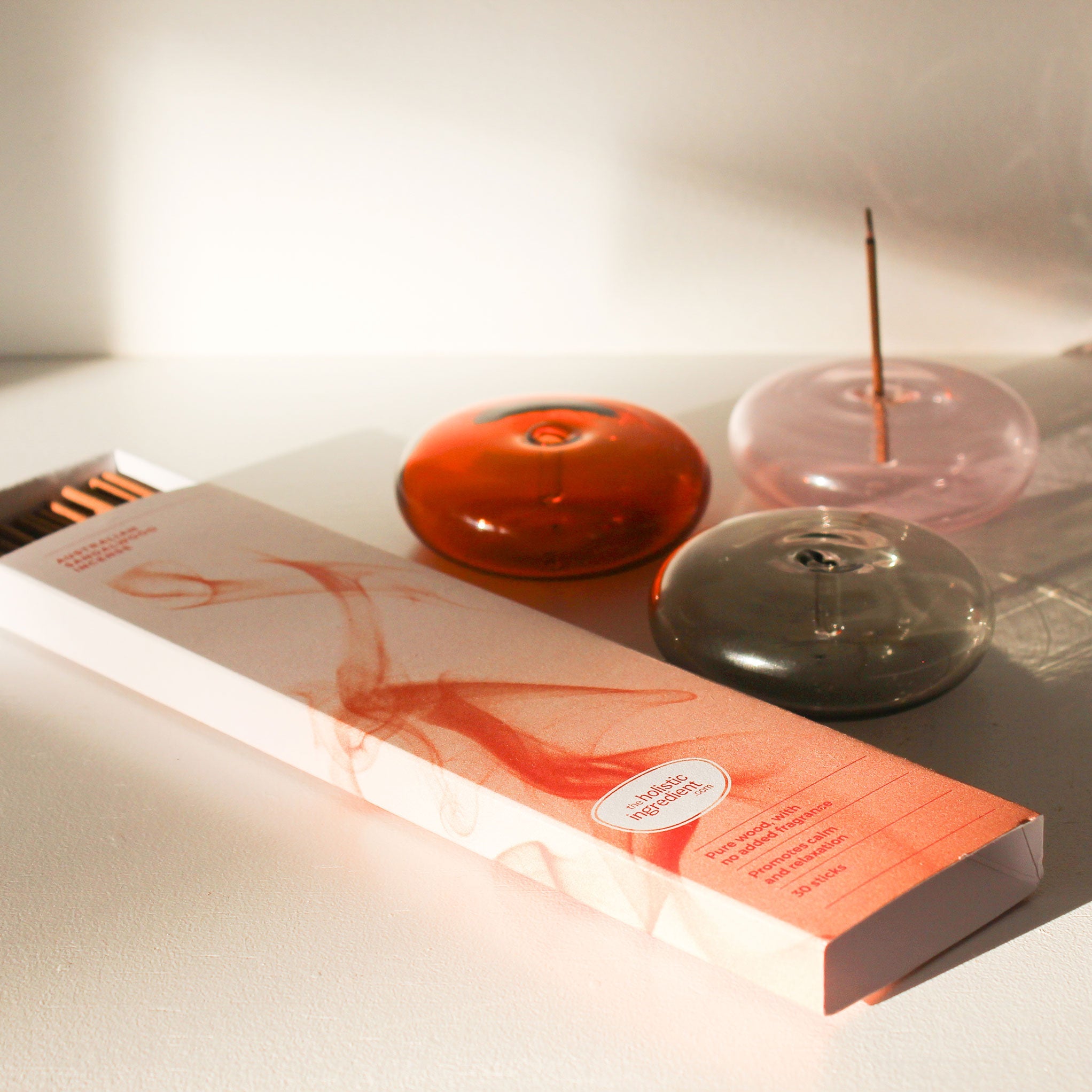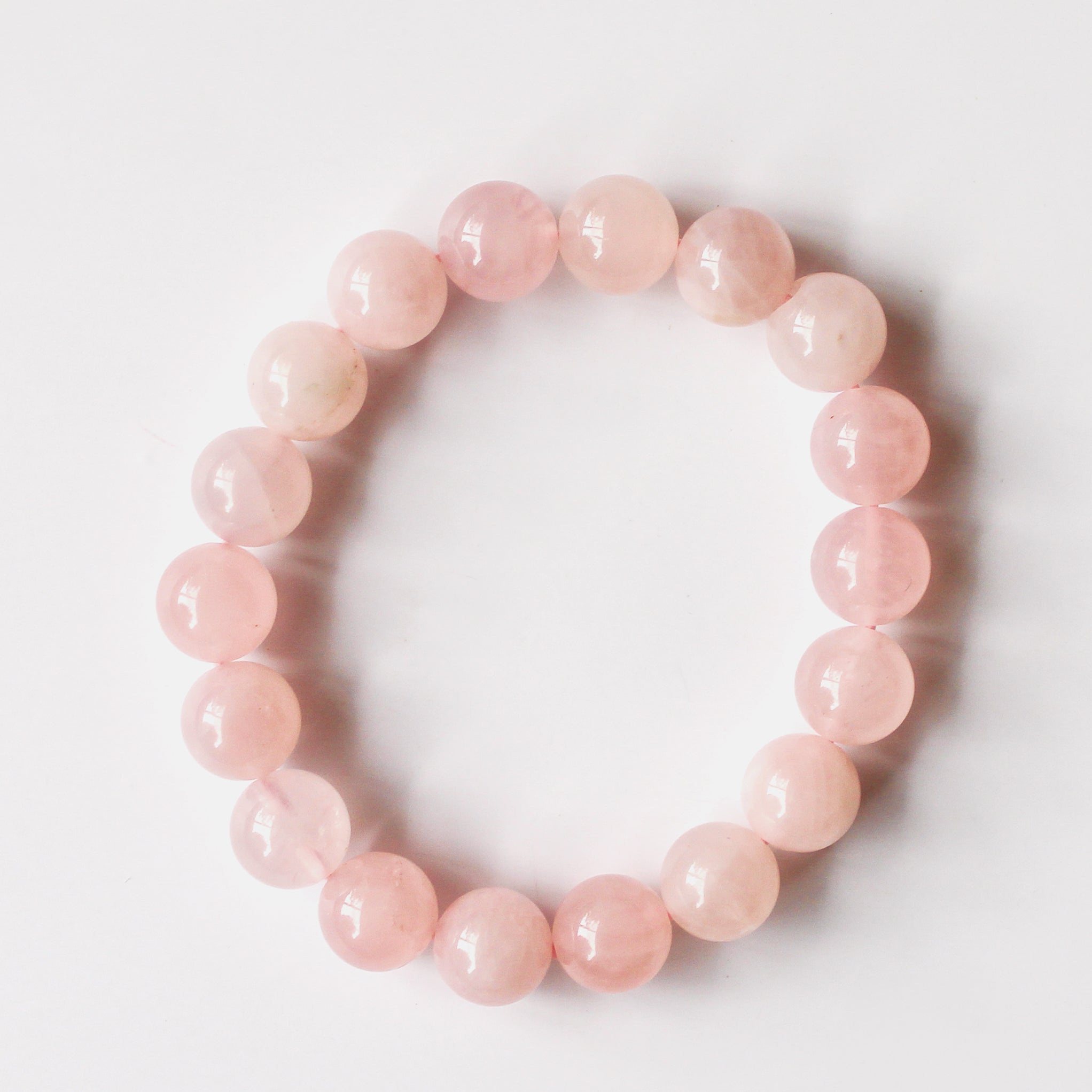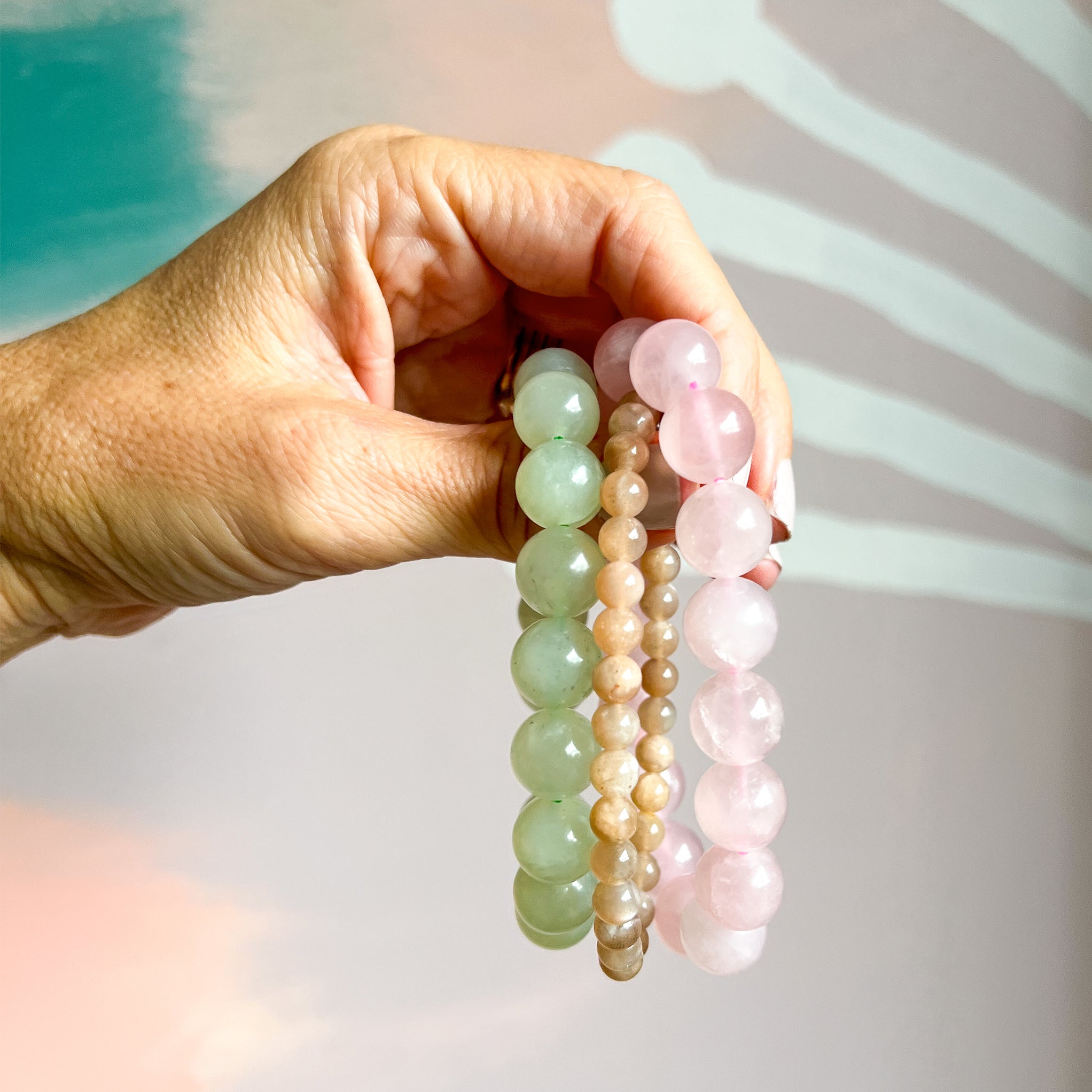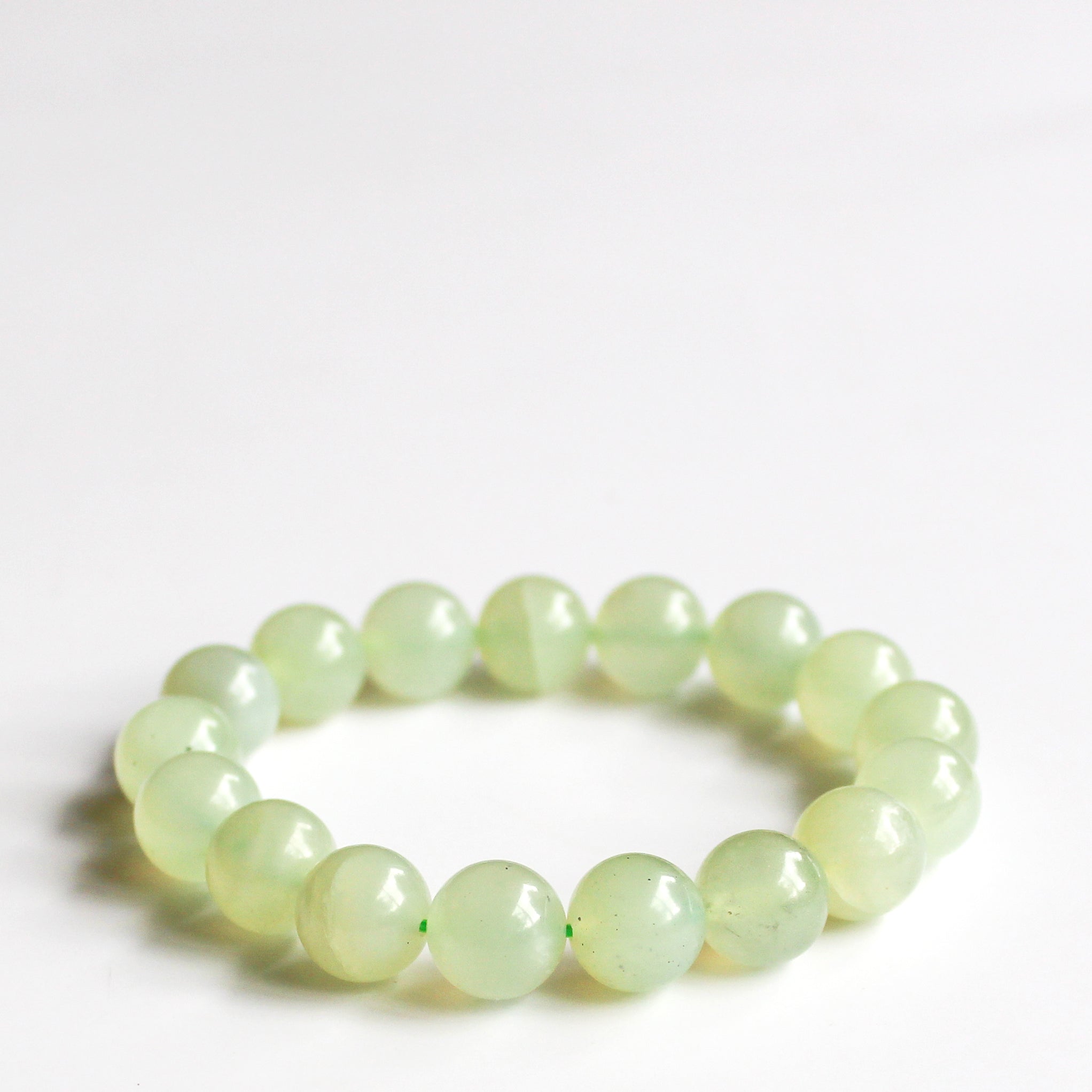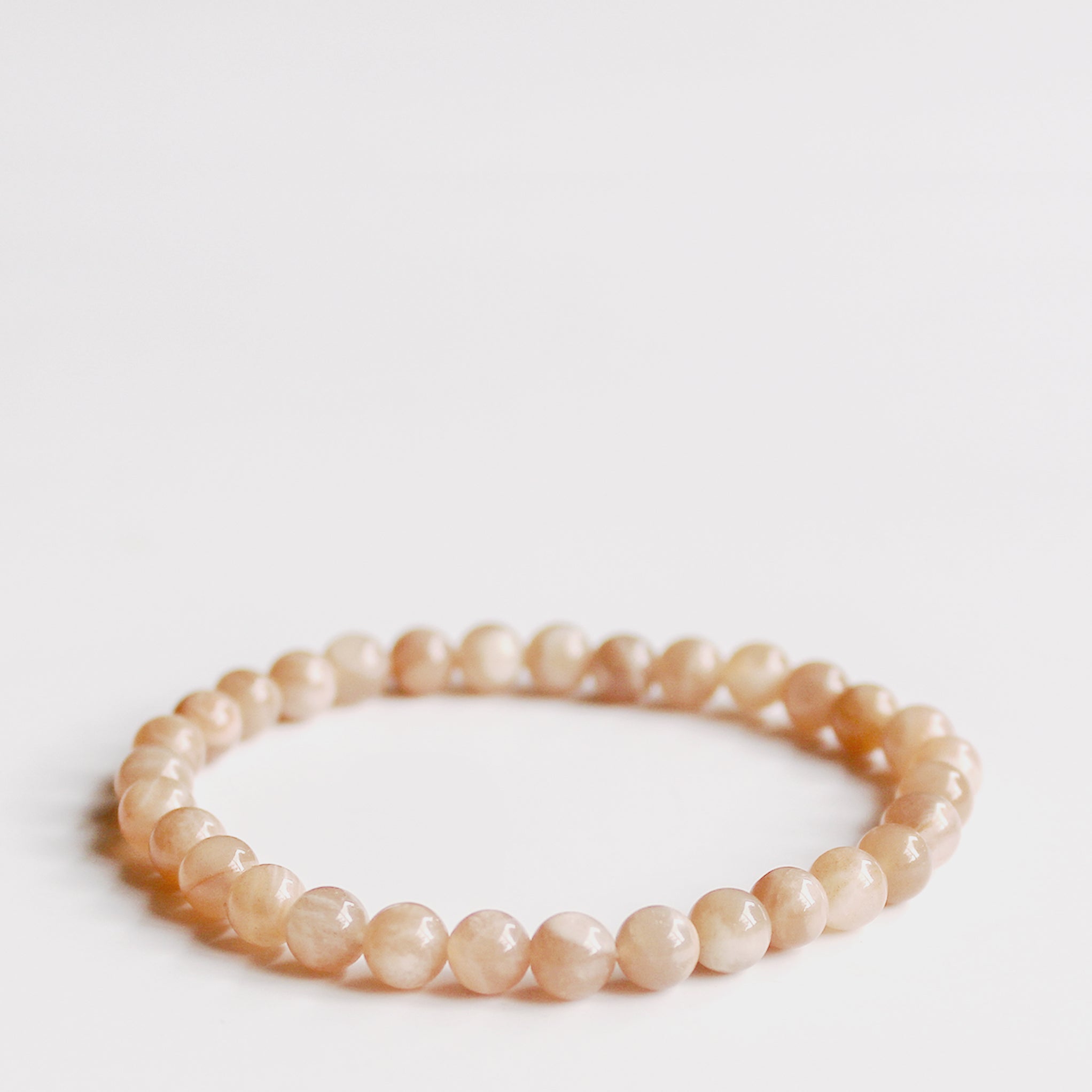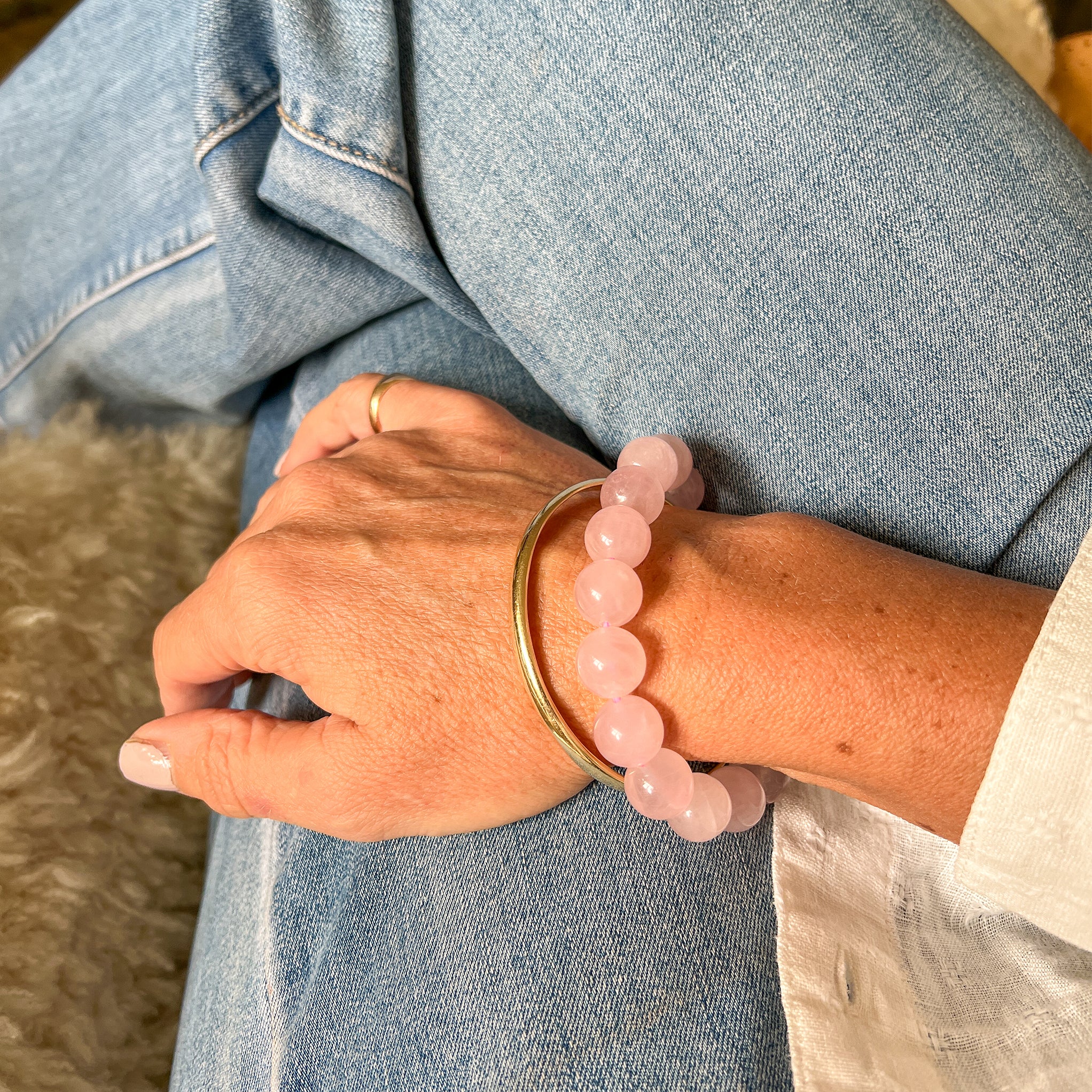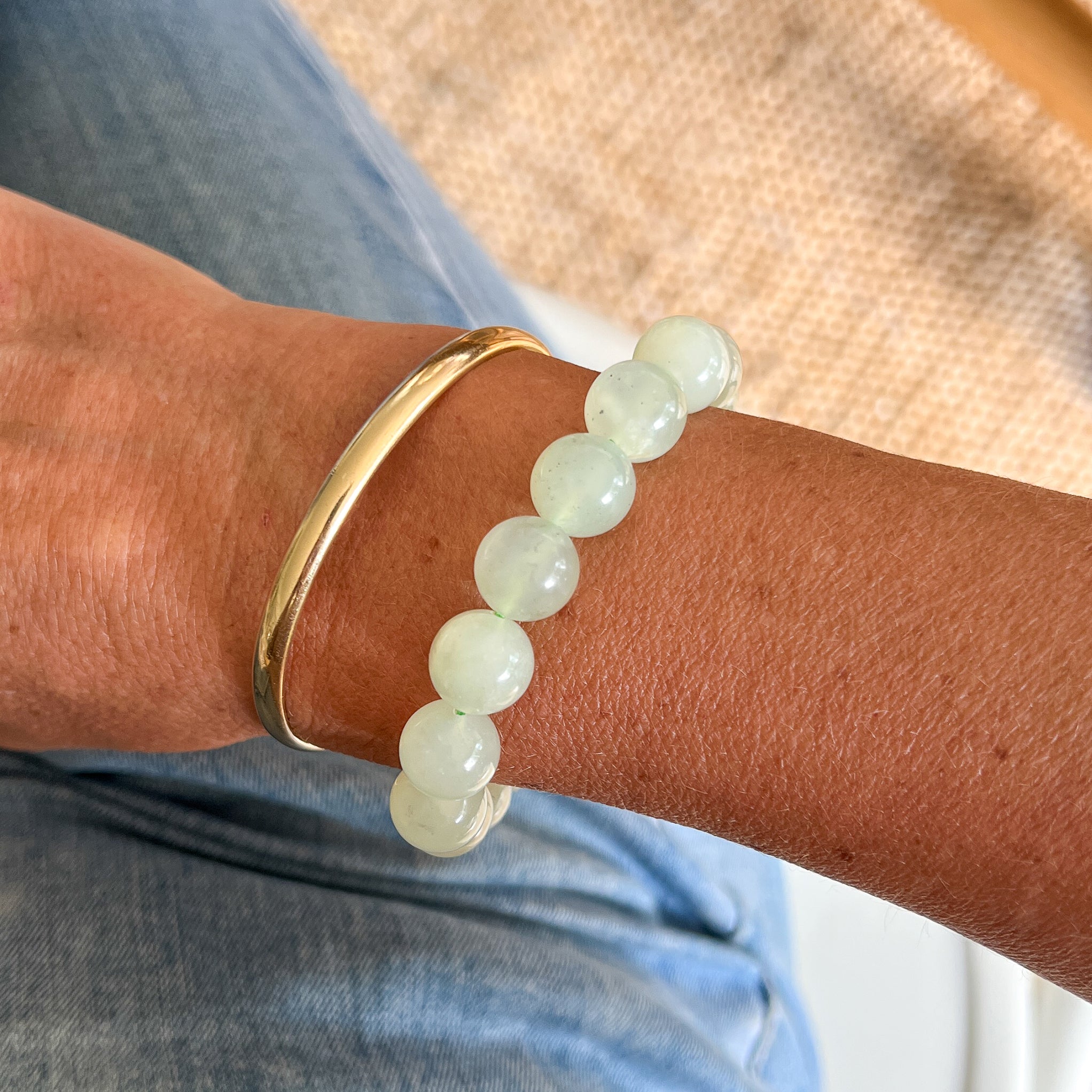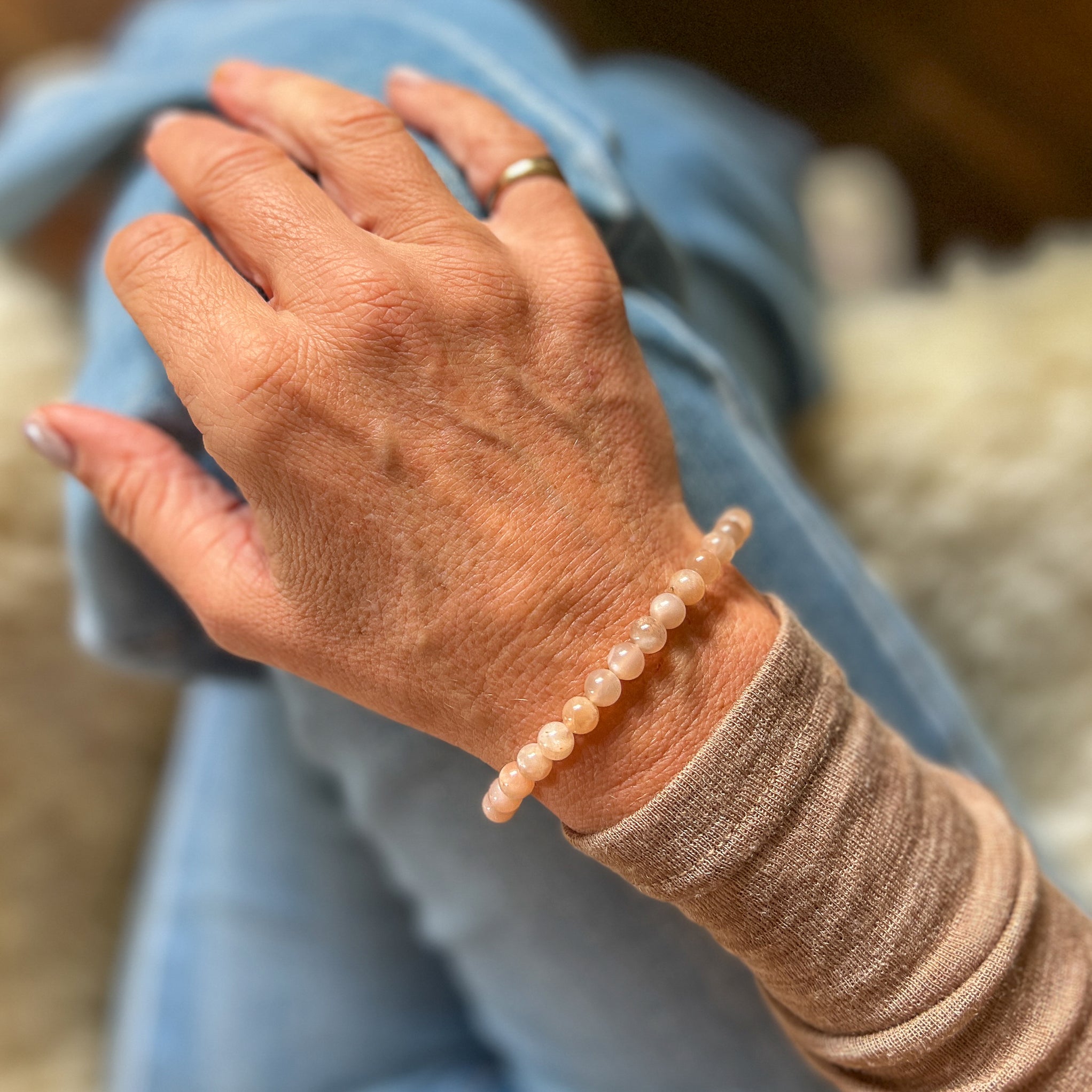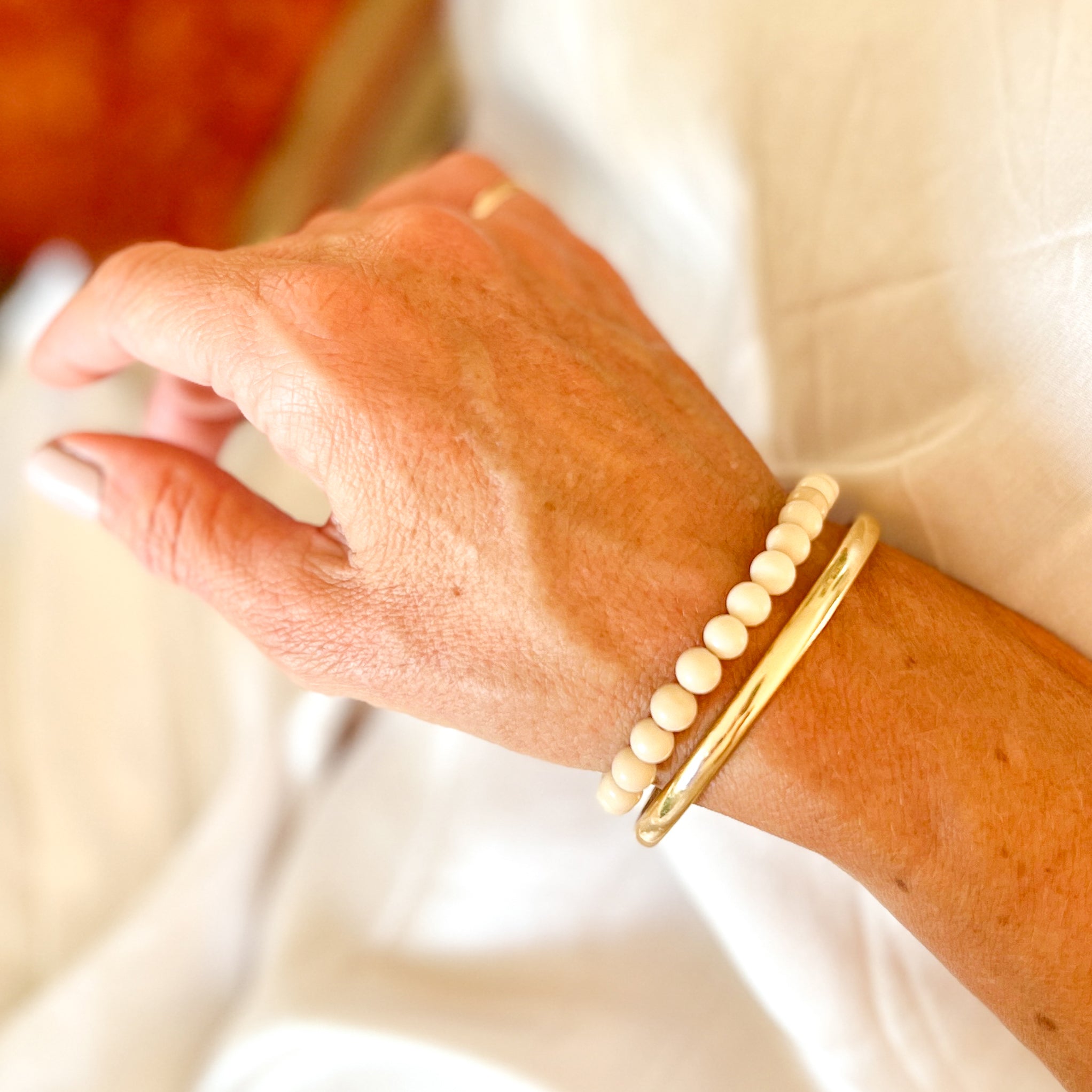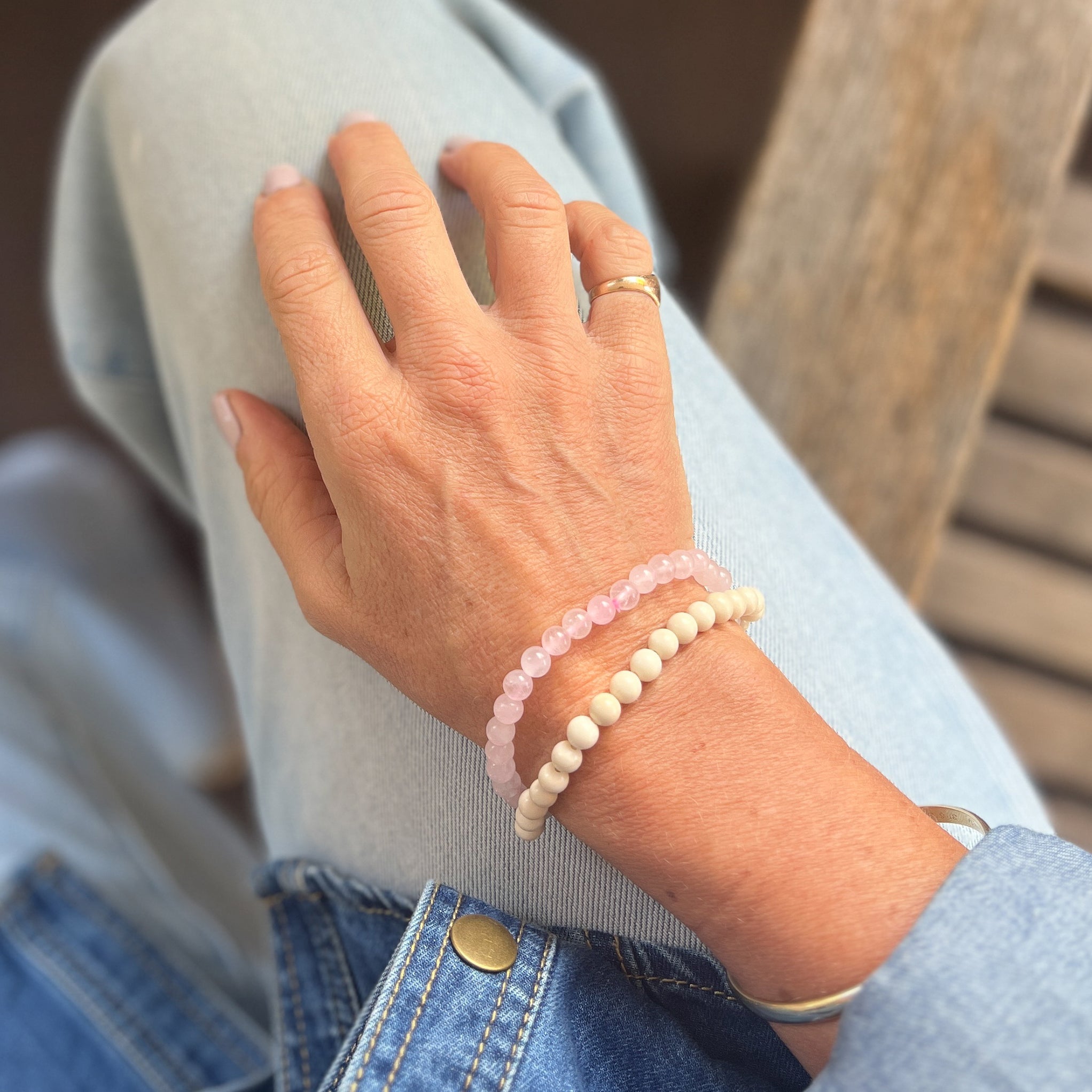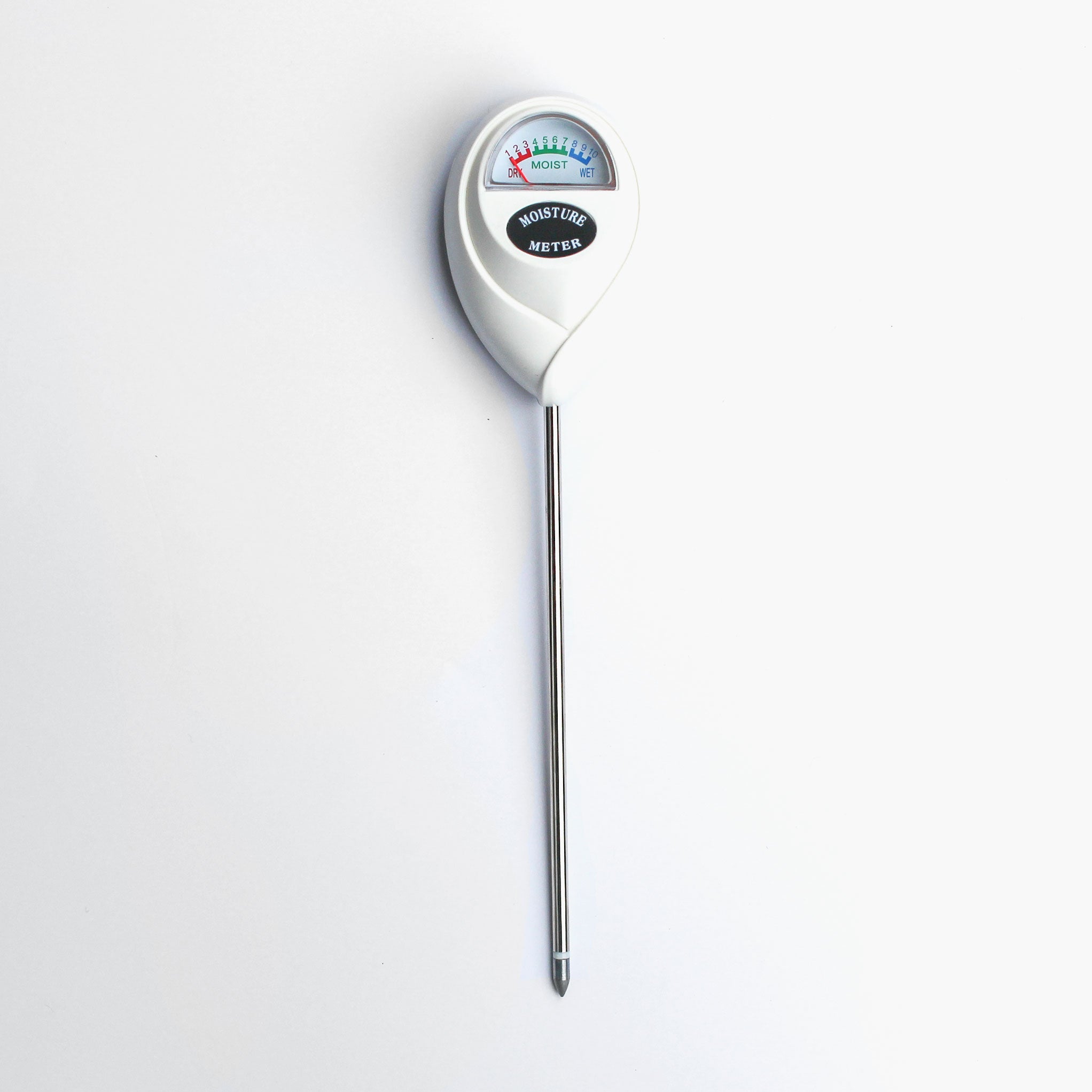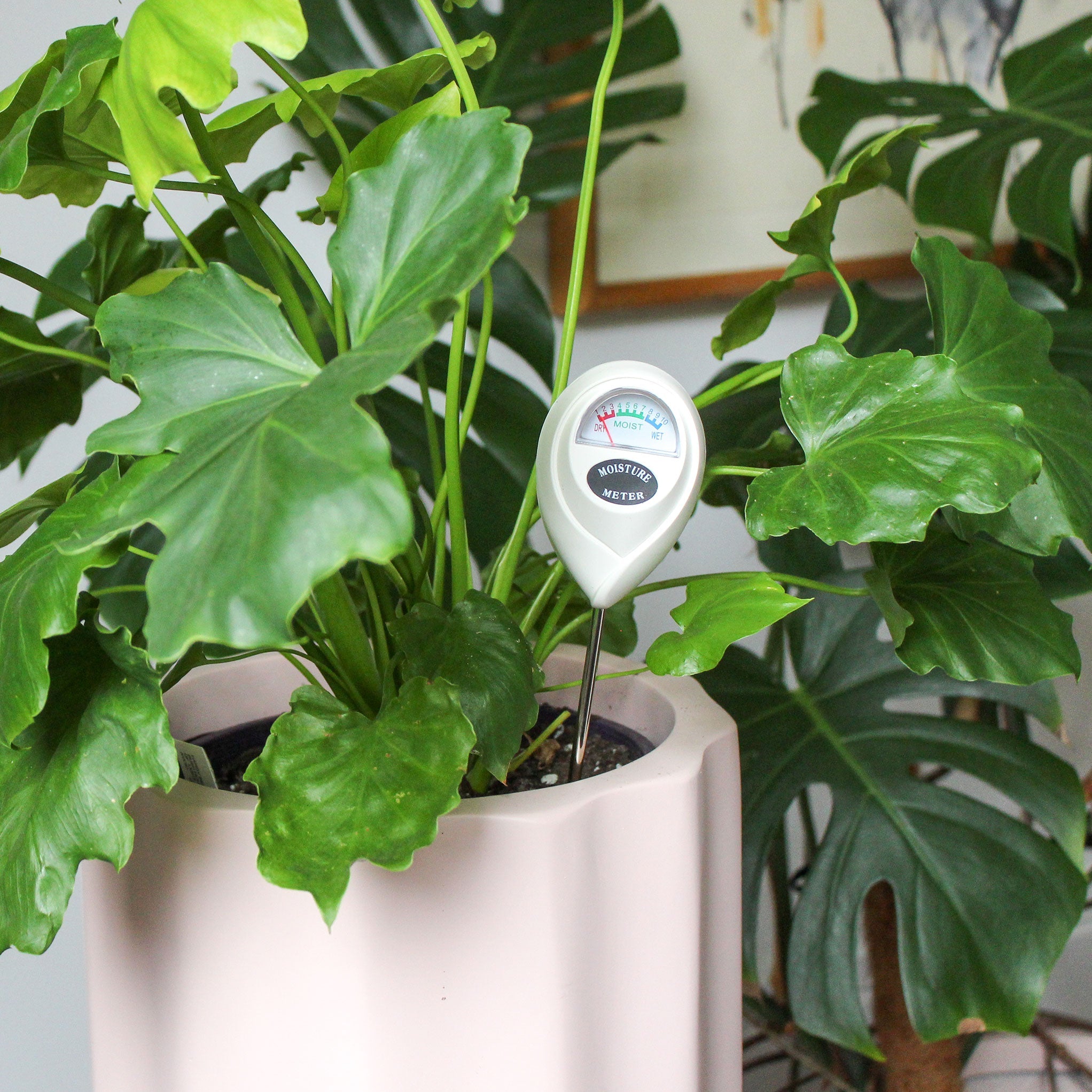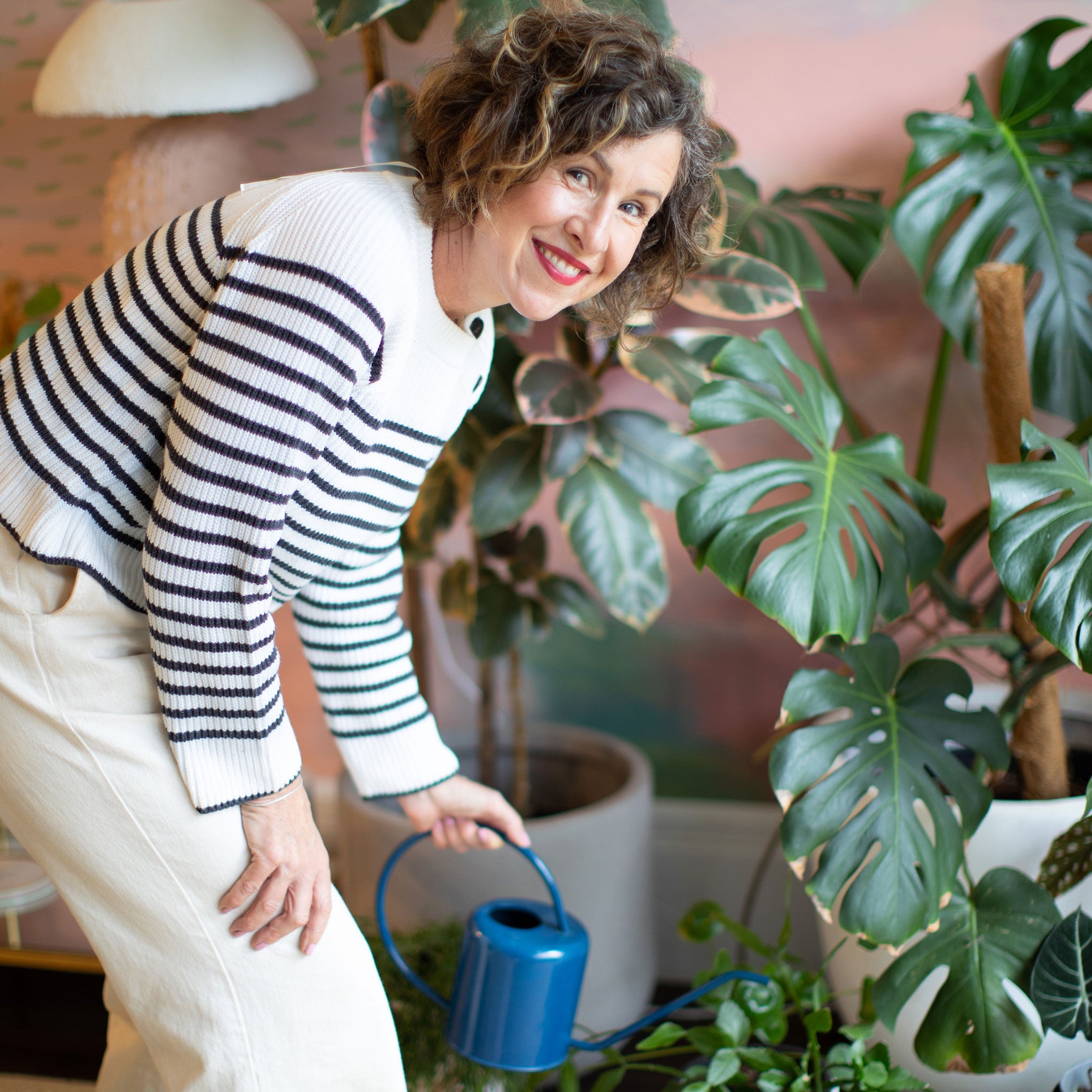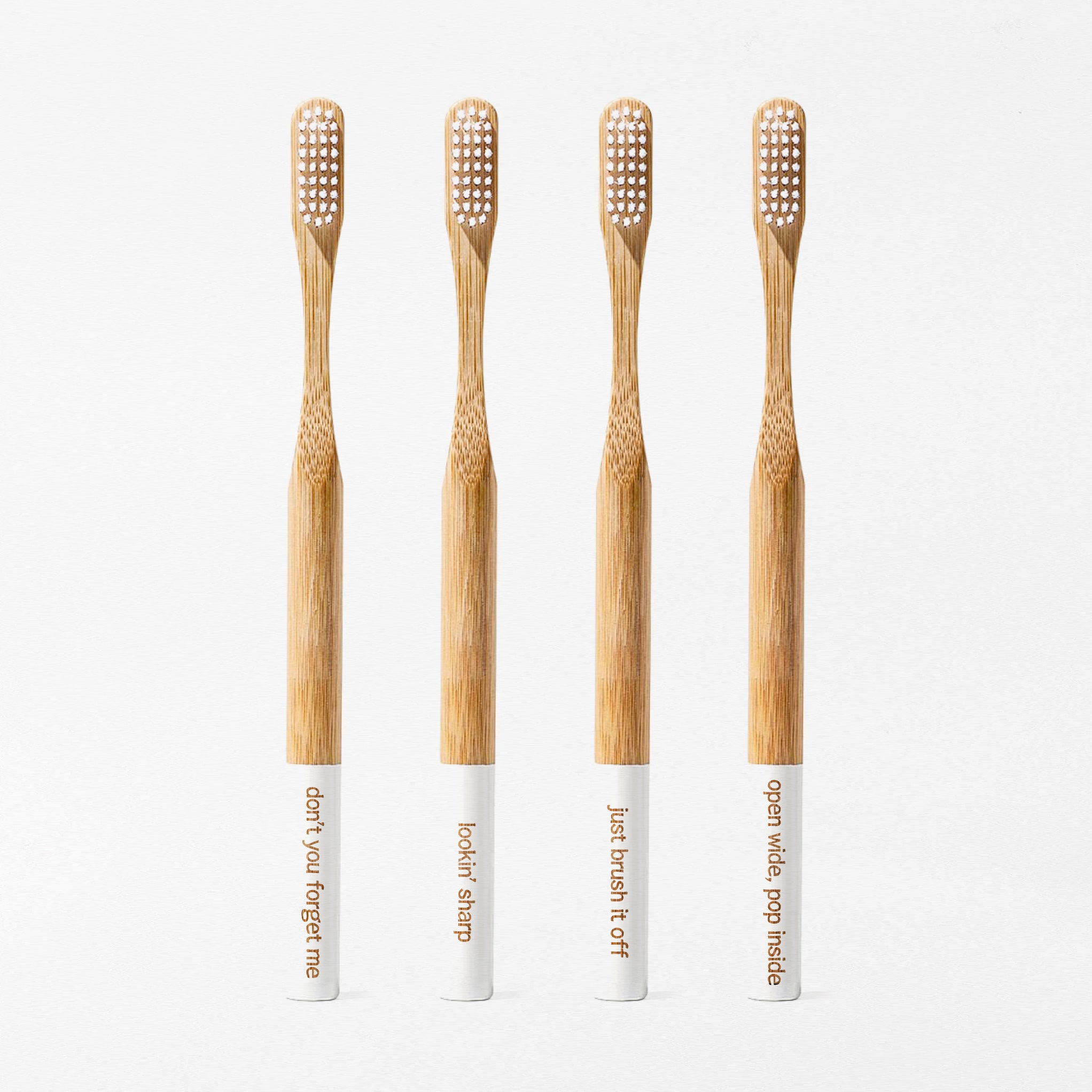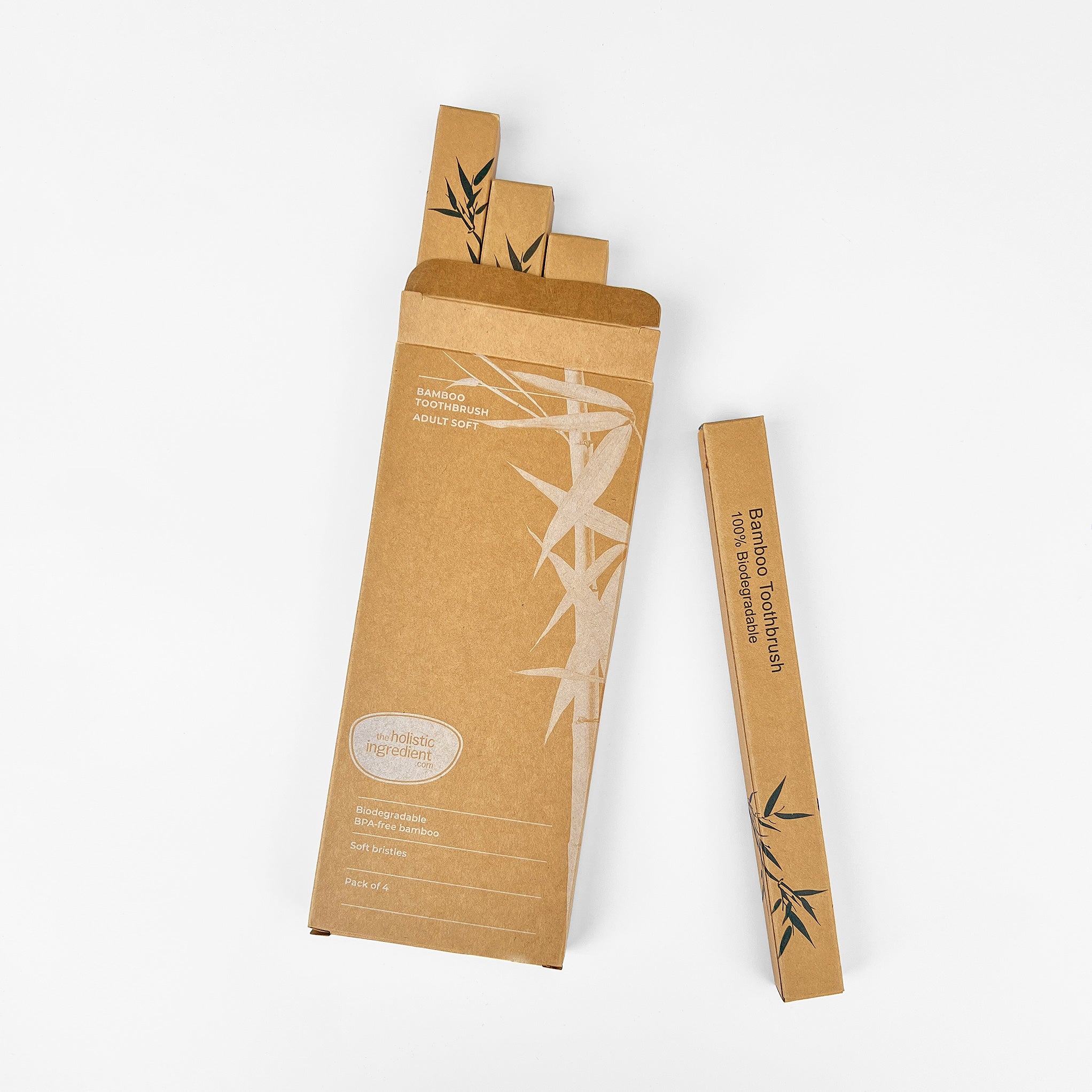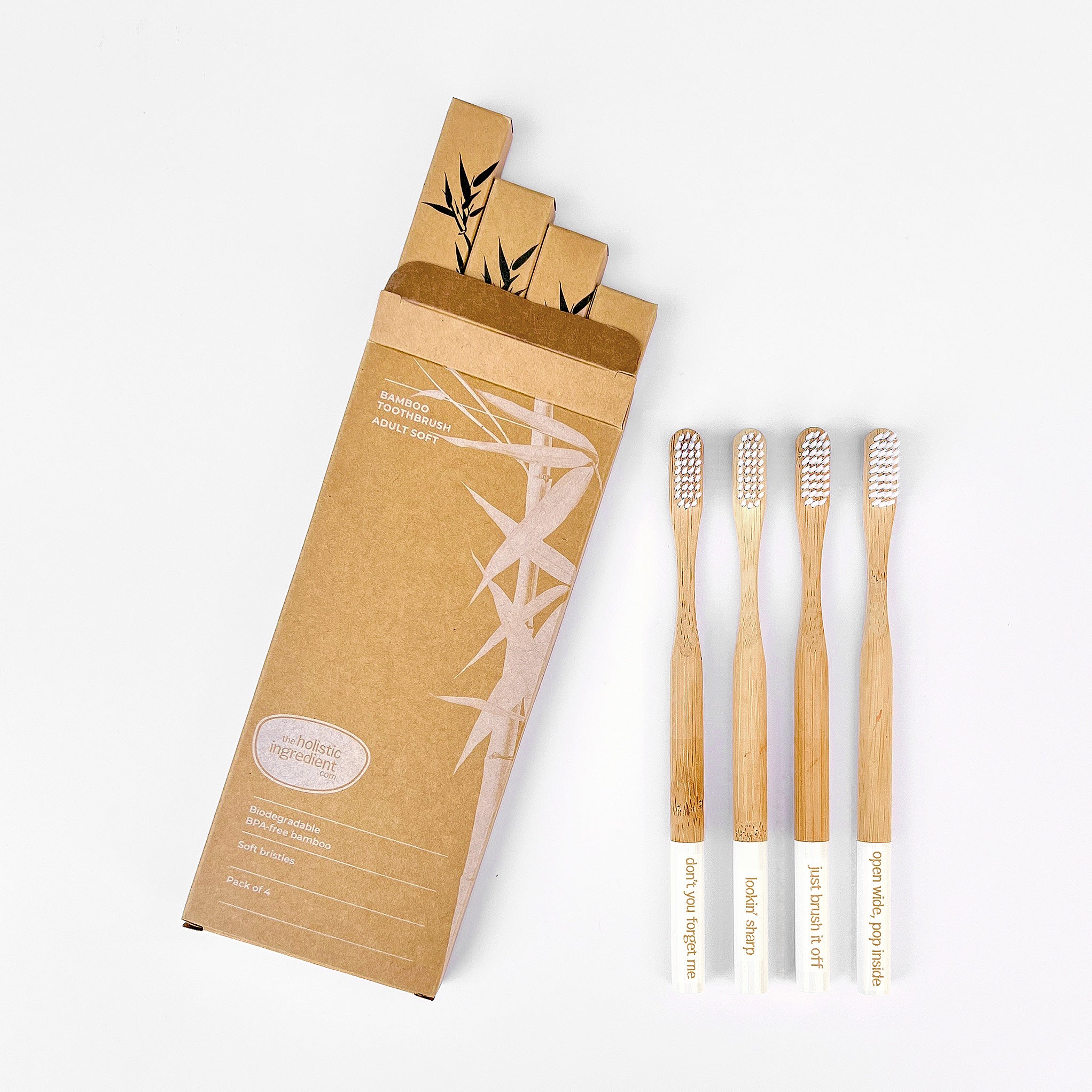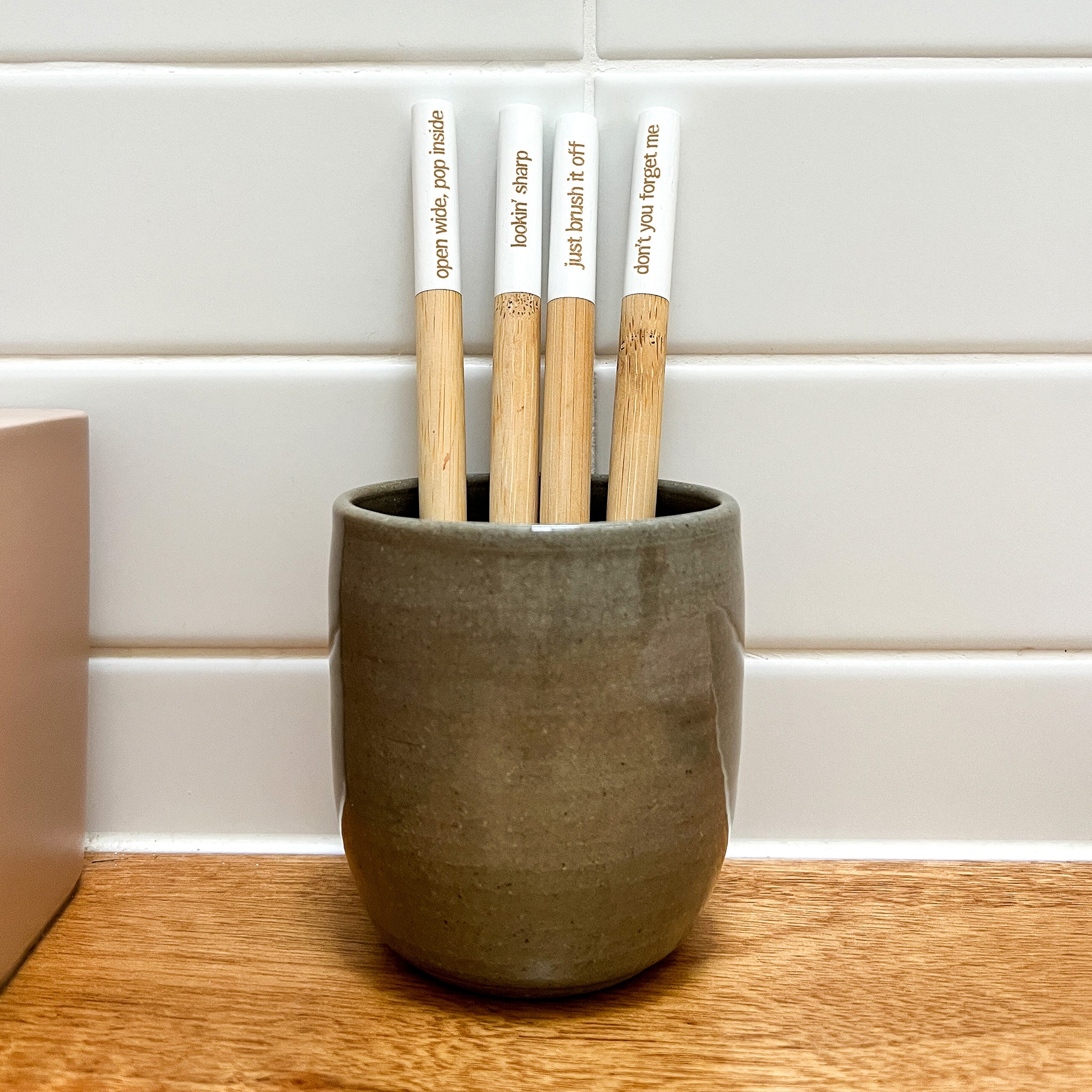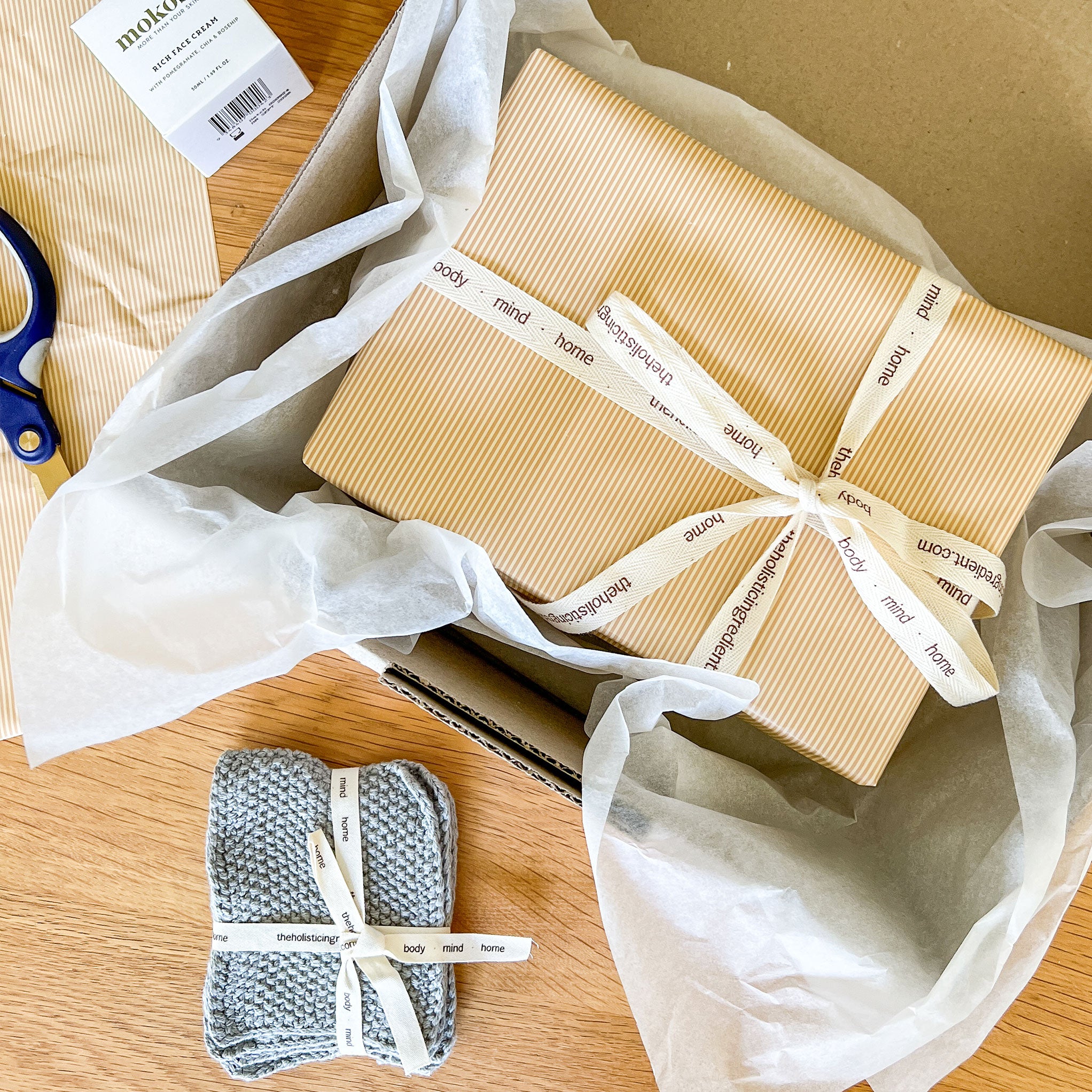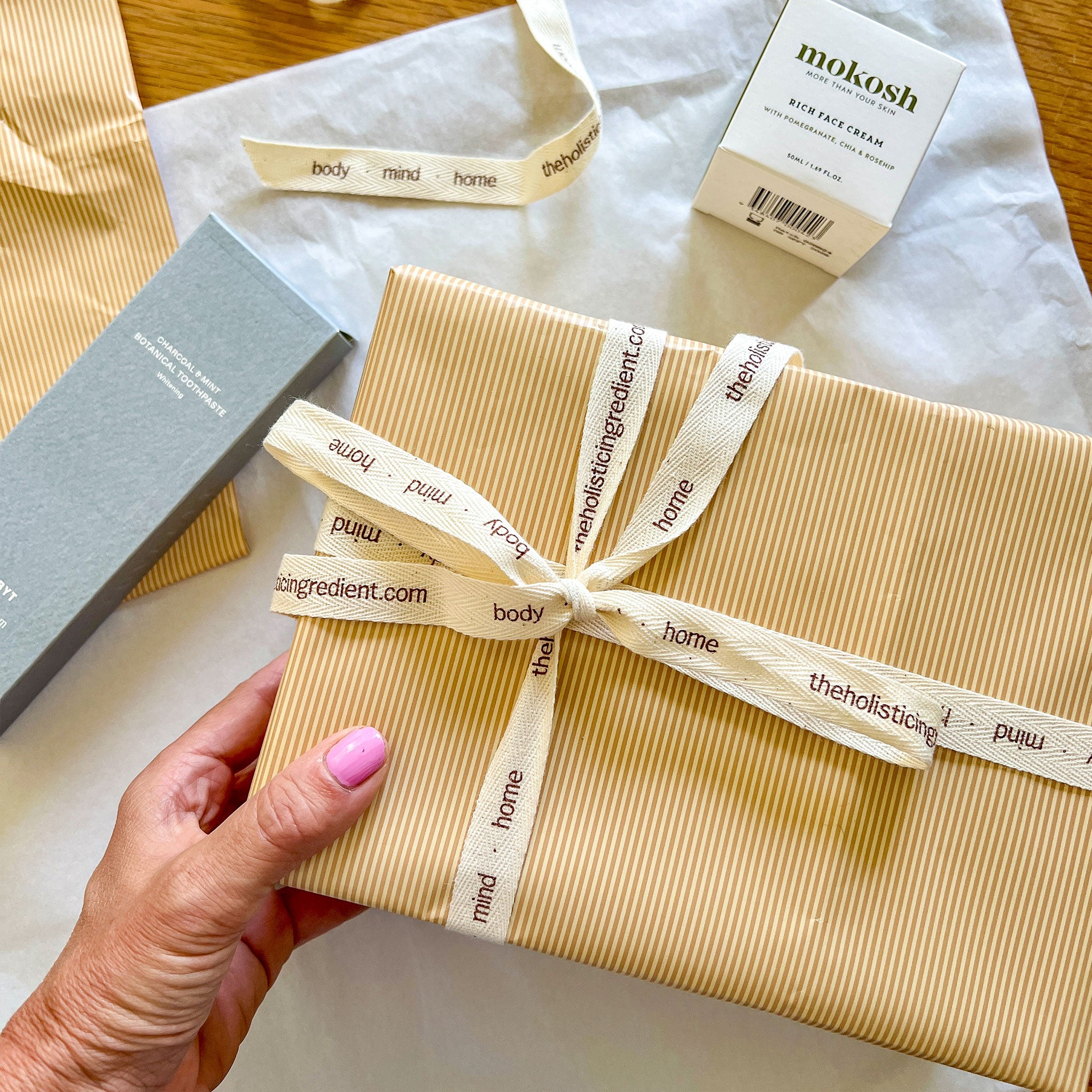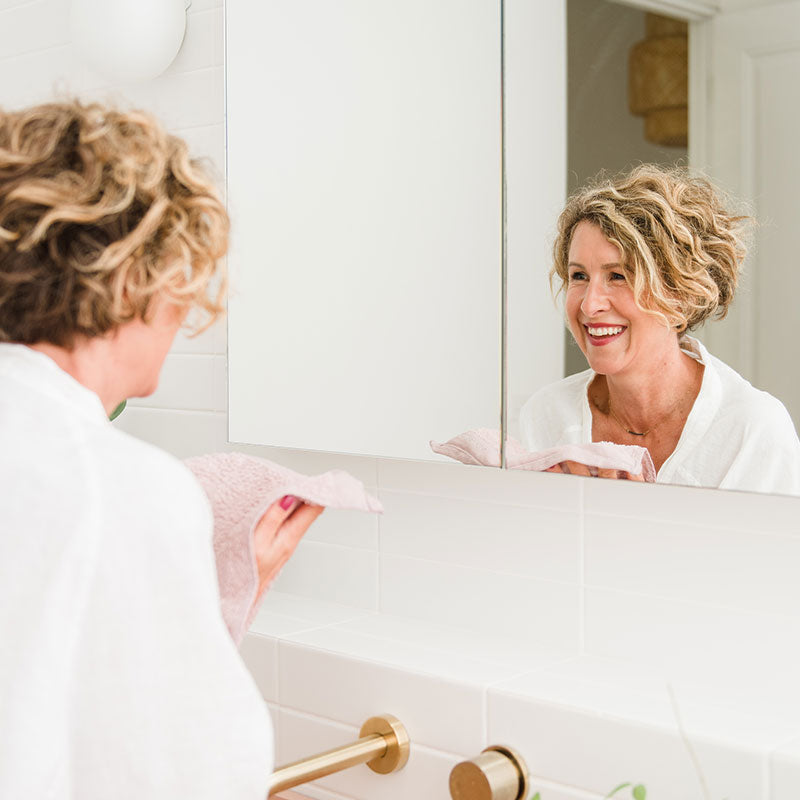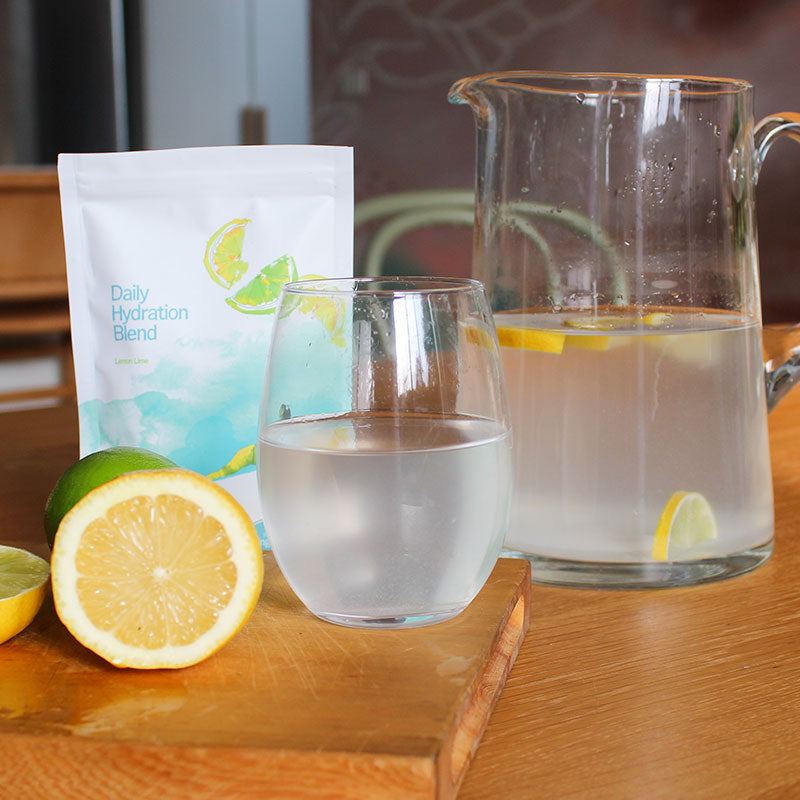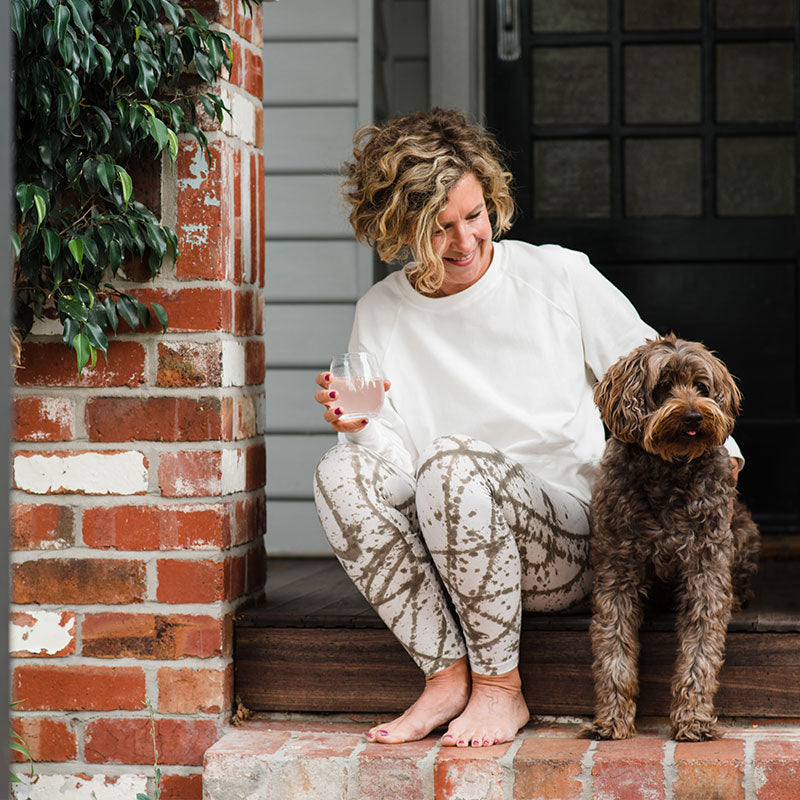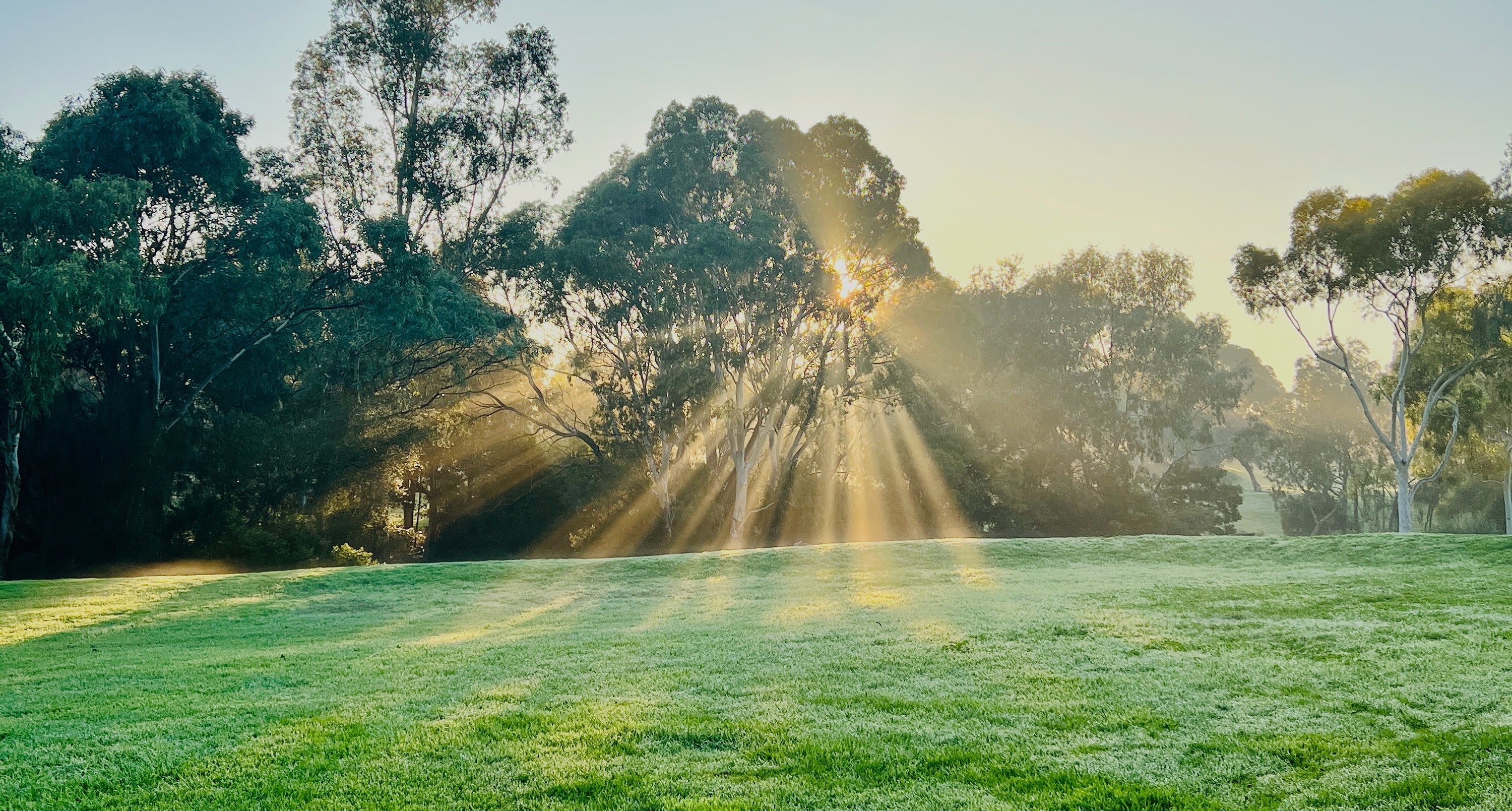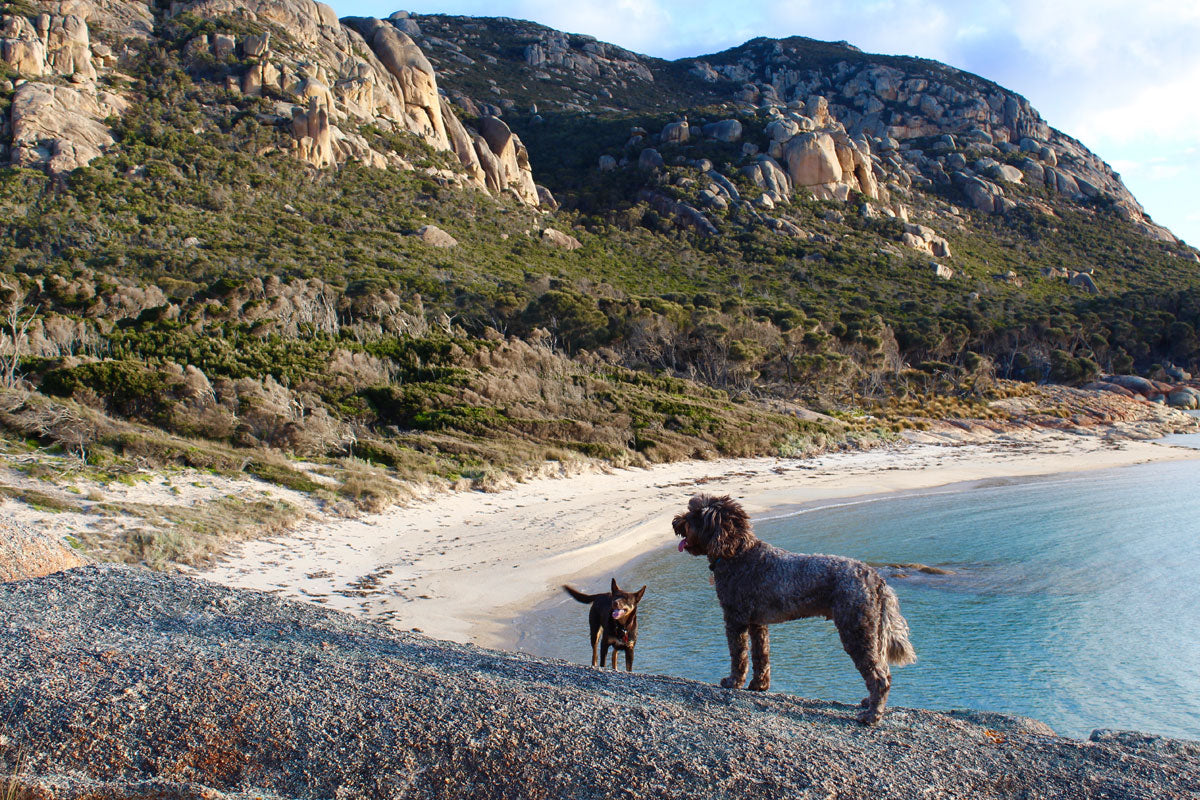
A couple of weeks ago I found myself on Flinders Island, a small island in the Bass Strait off the North Eastern tip of Tasmania. Depending on who you ask, the Island's population sits at anywhere from 750-800 folks. To put the size into perspective here, there's one small supermarket, petrol station and a pub in each of the main towns, Lady Barron and Whitemark. Whitemark also has one cafe, one butcher, one bakery, one newsagency come clothing/pharmacy, one hardware store, a post office and a gallery. On a 'busyish' day, there might be a couple of handfuls of cars (at best) in town. Geographically, Flinders Island was described to me as "Freycinet Peninsula on steroids" and if you've been to the East Coast of Tasmania, that'll make utmost sense to you. Approximately one third of the island is mountainous and rugged with stunning ridges of granite, the perimeter rimmed with glorious stretches of aqua marine water, stretches of white sand and one noticeable feature... a distinct lack of humans.
I'd been relatively well briefed about what to expect, yet as a city slicker accustomed to the convenience, busyness, relentless stimulation and anonymity of living in a heavily populated area - this experience is hard to prepare for. Flying over the island, the sound of a tiny airplane roaring in your ears, there's a sense of leaving old worlds behind. Stepping off onto the runway with a couple of handful of others, the clutter and pace of modern living starts to ebb away; the noticeable observation being the almost deafening silence - the distinct lack of a traffic and industry 'hum'. Again and again this silence hits me, this sense of nothingness; just glorious peace disturbed by the sounds only nature has to offer.

The quirks of island living are many, some quite notable. Quickly to become my favourite is the Flinders Island 'wave', the obligatory wave as you pass every single car on the road, whether you know the driver or not. Forgetting to wave may serve to offend and required greater concentration that I care to admit. But the most wonderful observation was this sense of driving 'mindfulness'. As I drove I became very aware of simply being on the road, waiting for cars to pass requiring my acknowledgement. My mind wasn't in a hundred places at once, instead it was focussed on acknowledging others (something that you can be hard pressed finding in a big city simply walking down the footpath).
Tuesdays on Flinders are known as 'Boat Day,' the day the boat arrives from mainland Tasmania, delivering supplies for the week ahead. Announcing on a Wednesday morning that I needed a trip to the local store, I was warned to expect a busy township - the locals flocking to replenish their pantries. Needless to say my meander into town passed not one local. Peak hour is easily missed when you choose your route wisely (as Wilson and I did, below).
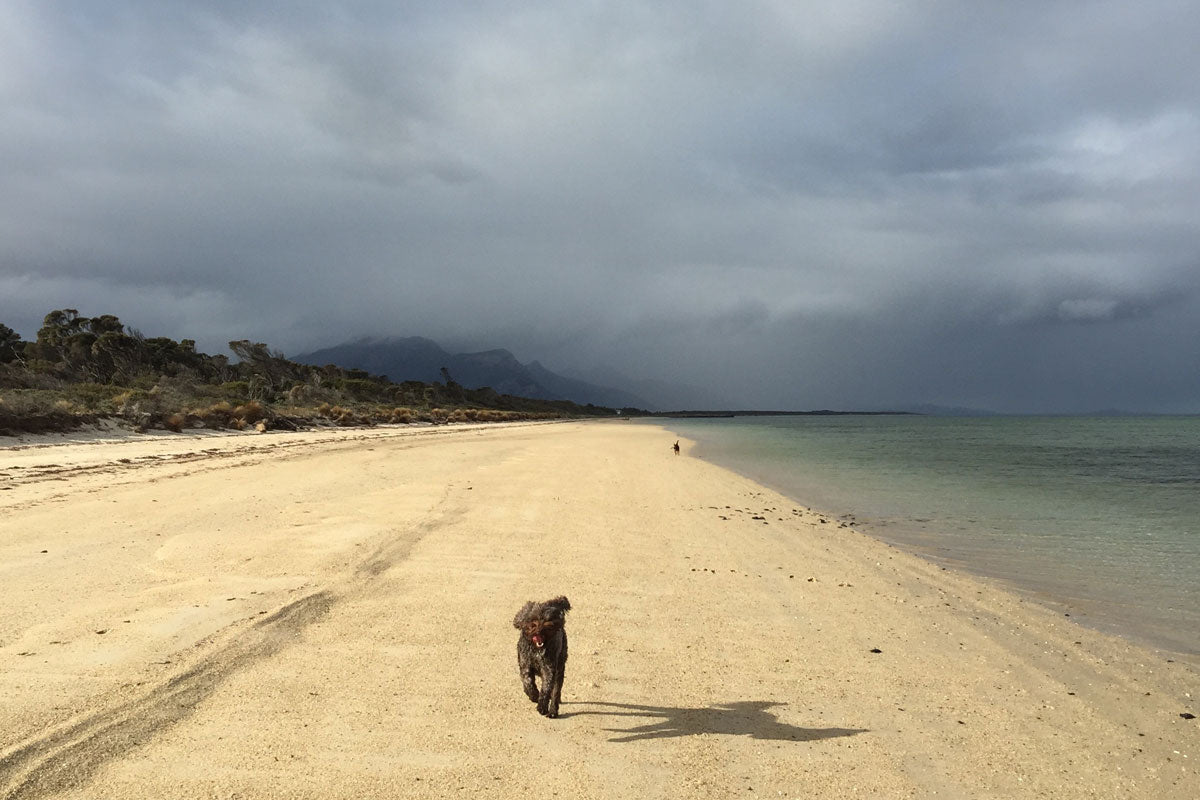
The concept of just one 'boat day' is a very interesting adjustment for the city dweller accustomed to having multiple stores at her disposal. When the local store runs out of your favourite yoghurt, you simply run to another - everything's ok - we've a plethora of choice! The island dweller however simply makes do with what he or she has, accumulates less, wants for less. This highlights for me the city slickers' constant rate of consumption, the result of convenience and materialism.
Devoid of cinemas, bars, skate parks, art galleries, restaurants.. life on Flinders Island leaves you with a sense of time expanding, for me this felt almost confronting. This sense of (welcomed) nothingness (viewed here in a positive light), left me feeling acutely aware of how constantly distracted I am in a big city. Upon reflection, aren't many of us in search of this distraction? The constant need to do, to be stimulated, running from the discomfort that solitude and stillness can bring.
Returning home from work, just a few short minutes from town, my hosts change into gardening gear and head to the yard. It's time to feed chooks, collect eggs and tend to the garden; to replenish the ever burning fireplaces, the source of heating in the home (another adjustment, there was no central heating 'button' to push as I woke). Surrounded by organic vegetables it's also time to pick produce for dinner. Of course there's plenty of time for such activities, given precious hours are not lost as per the arduous commute home for the city dweller.

As one would expect, there's a sense of community unlike many others I've experienced. Without a locksmith, what does one do on a tiny island when you lock the keys in your car? You call the local policeman. If he can't help you (as it happened, he couldn't), you call upon the services of a wonderful salt of the earth local, whose time is often spent homing baby wombats, saved from the pouches of their mothers on the edges of country roads. Out of lemons? Pop on over to a neighbour's doorstep with a carton of eggs from your backyard and 'Bob's your Uncle'. Everyone knows everyone on this glorious island and giving to others isn't something they need to be reminded to do, it's how this 'economy' survives.
For more information on how to get there, where to stay and what to do, check out Visit Flinders Island.
Oh the lessons we can learn from the simplicity of island dwelling. So I ask you, which adventure would you choose?


